Deng Xiaoping
description: a Chinese politician who served as the leader of the Communist Party of China and was instrumental in modernising China
342 results
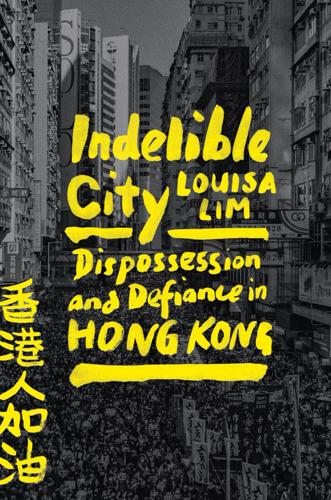
Indelible City: Dispossession and Defiance in Hong Kong
by Louisa Lim · 19 Apr 2022
September 1982, emerging from the Great Hall of the People in Beijing, where she’d been discussing the future of Hong Kong with Chinese leader Deng Xiaoping, Prime Minister Margaret Thatcher missed her footing and toppled down the steps, landing unceremoniously on her hands and knees. The optics of the British prime
…
financial city, to plummet 600 points. The fall was an omen, people in Hong Kong said, of the territory’s future. Thatcher had tripped because Deng Xiaoping had run so many rings round her. In fact, Hong Kongers had no idea quite how badly the meeting had gone. High on her success
…
deadline on the land leases as a trial balloon to investigate Beijing’s intentions. When he arrived in Beijing, MacLehose discovered he would be meeting Deng Xiaoping, the cunning Sichuanese vice premier who had survived three purges to become China’s paramount leader. On the morning of the meeting, Sir Yuet-keung
…
to push ahead even though the Chinese Foreign Ministry had preemptively requested he not raise the issue. In the event, he has always maintained that Deng Xiaoping was the first to break the taboo. In the meeting, Deng told him that Hong Kong was part of China and would be recovered, but
…
. Their enforced ignorance was not casually done; it was a considered British government strategy, memorialized in diplomatic notes. Since they had not been told of Deng Xiaoping’s position, the Unofficials continued to lobby for an extension of British administration for two more years. They were not served well by their loyalty
…
surprised Hong Kong secondary school students visiting Beijing. The way the blueprint was revealed was a gesture of contempt for the official talks. In September, Deng Xiaoping laid down a one-year deadline, warning that if an agreement could not be reached, Beijing would act unilaterally. In November, Beijing publicly released a
…
were informed that they could only visit as private citizens since Beijing did not recognize Exco or Legco. They did, however, receive an audience with Deng Xiaoping. Right from the start, Deng laid out his position firmly, telling them there was no role for them in negotiations over Hong Kong’s future
…
their way through the whole newscast. When we went live to mark the death of ninety-three-year-old Deng Xiaoping, a mistake on the autocue led my colleague to announce, straight-faced, “Deng Xiaoping has died. He was thirty-nine years old.” This night, however, the mood in the vast newsroom, almost empty
…
with Patten and his photogenic daughters sailing out on HMY Britannia. The Convention Centre was full of Chinese officials attending ceremonial functions, and I spotted Deng Xiaoping’s son Deng Pufang in his wheelchair. I chased him, trying to elicit a comment on what his father would have thought, until I was
…
squash the idea.” What I really wanted was to find out what he thought of the Unofficials’ suspicions about a secret deal between MacLehose and Deng Xiaoping in 1979, to hand Hong Kong back as a kind of human factory. If there had been such a deal, Patten was possibly the only
…
comes before, and what comes after the dates that we all remember.” Chapter 6 KING In the first few years after the handover, just as Deng Xiaoping had promised, the horses still raced, the stock market sizzled, and the nightclub dancers continued to writhe and grind through the night. As their symbols
…
intentions: Tsang, A Modern History of Hong Kong. Cradock, Experiences of China, 166. GO TO NOTE REFERENCE IN TEXT he would be meeting Deng Xiaoping: Ezra F. Vogel, Deng Xiaoping and the Transformation of China (Cambridge, MA: Belknap Press of Harvard University Press, 2011). GO TO NOTE REFERENCE IN TEXT tried to dissuade him
…
. Vines, Stephen. “In Hong Kong, Public Consultations Are Effective—at Keeping the Public at Bay.” South China Morning Post, October 24, 2018. Vogel, Ezra F. Deng Xiaoping and the Transformation of China. Cambridge, MA: Belknap Press of Harvard University Press, 2011. Wasserstrom, Jeff. Vigil: Hong Kong on the Brink. Columbia Global Reports
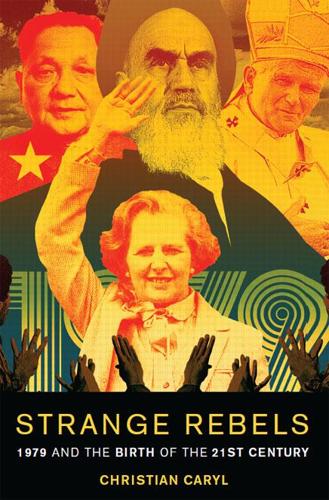
Strange Rebels: 1979 and the Birth of the 21st Century
by Christian Caryl · 30 Oct 2012 · 780pp · 168,782 words
was under way at the same time in the world’s most populous country. At the end of 1978, the septuagenarian Chinese Communist Party leader Deng Xiaoping heaved himself into the top job, and in the months that followed he and his comrades introduced a series of economic reforms that ultimately changed
…
was a grain of truth to these accusations. The protagonists of 1979 were, in their own ways, participants in a great backlash against revolutionary overreach. Deng Xiaoping rejected the excesses of Mao’s Cultural Revolution in favor of pragmatic economic development—a move that, despite Deng’s disclaimers, entailed a gradual restoration
…
that many of the Conservative Party comrades-in-arms who accompanied her into government in 1979 questioned just how “conservative” she really was. As for Deng Xiaoping, he insisted on maintaining the institutional supremacy of the Communist Party even as he charted a course away from central planning and toward state capitalism
…
leadership; in the wake of the great famine, some of his high-ranking colleagues—most notably Liu Shaoqi, chairman of the People’s Republic, and Deng Xiaoping, CCP general secretary—had modified some of Mao’s most foolhardy reforms, thus ameliorating the crisis. This was something that Mao was not prepared to
…
depended on him, was unclear. There was no way for them to know how long the situation would last. The old man’s name was Deng Xiaoping. Over the previous decade, his life had described a bewildering trajectory. By the middle of the 1960s, he had attained a lofty position as general
…
unleashed a media campaign, warning, a bit too loudly, against the misuse of Tangshan relief efforts by their number-one political foe: “Be alert to Deng Xiaoping’s criminal attempt to exploit earthquake phobia to suppress revolution,” ran one of the slogans. The Gang allegedly took the campaign one surreal step further
…
within the CCP leadership and bringing the Cultural Revolution to an end. A few months after that, Hua welcomed Deng back into active political life. Deng Xiaoping was finally back for good, and he would remain in power long enough to send his country in a completely different direction. It was not
…
. We should be wary of biographies that rely excessively on social determinism. People are not only the products of their surroundings. Other Chinese men of Deng Xiaoping’s generation emerged from environments comparable to his, but that didn’t necessarily turn them into leaders of the Chinese Communist Party. Unlike Khomeini, most
…
their high-ranking comrades who had been purged in the years before Mao’s death. The most prominent survivor of this group, of course, was Deng Xiaoping. Hua was aware of the potential challenge and moved quickly to forestall it. In March 1977, he admonished delegates at a key party meeting: “
…
legacy of the Great Leap Forward was still tangible. In the early 1960s, in the wake of the titanic famine caused by the Great Leap, Deng Xiaoping and his then-mentor, Liu Shaoqi, had tried to stimulate agricultural productivity by allowing some peasants to return to the prerevolutionary practice of family farming
…
All of them offered ritual praise to Hua Guofeng, but they knew whom they really had to thank for their political resurrection. These people were Deng Xiaoping’s past. Like them he had emerged from the ruins of the old imperial order to pledge himself to the Communist ideal, one that had
…
potential of the nine-hundreth anniversary of the martyrdom of a saint. The thirtieth anniversary of the Communist takeover in China was shrewdly exploited by Deng Xiaoping and his colleagues to reinforce the sense of a new beginning. The forty-day Islamic mourning cycle proved a crucial dynamic for the revolution in
…
inevitable, perhaps, that we focus on leaders when we examine grand political and economic transitions. But they are not the only actors in these dramas. Deng Xiaoping and his colleagues triumphed precisely because they unleashed the creativity and the entrepreneurial urges of millions of Chinese. Many of them—shocking though it might
…
so rich?’ one young woman asked me in the Peace Café, confessing that she was transfixed by what she had seen on Chinese TV when Deng Xiaoping visited the United States.”6 Schell had visited China during the waning years of the Cultural Revolution and recalled how hard ordinary people were prepared
…
opened in that spring of 1979 proved a big success. Three years later, by now an affluent Guangzhou entrepreneur, he received the privilege of meeting Deng Xiaoping at a social event for Guangdong Province luminaries. The fact that a local businessman was deemed worthy of such a gathering said a great deal
…
socialism from Britain.”26 Bolivian president Gonzalo Sanchez de Lozada cited Thatcher—along with the rise of the East Asian tigers and the reforms of Deng Xiaoping—as the precedent for the program of market-oriented reform that began in 1985.27 In Brazil in the 1990s, President Fernando Henrique Cardoso embarked
…
suppressed at the same time. The chairman of the Central Military Commission, the man who issued the command for the crackdown, was none other than Deng Xiaoping. In 1977 those who yearned for an end to Maoist turmoil had greeted Deng’s return to power by hanging up small bottles over Beijing
…
countries where the elites were not prepared to relinquish their privileged political status.19 In this respect, it seems safe to say that it was Deng Xiaoping, the man who devoted his life to the ideals of Communism, who has done more than any other individual to ensure its demise as an
…
while yet, the exhibition implies, but the future no longer belongs to it. Walk around the corner, though, and you come across a remarkable sight: Deng Xiaoping and Margaret Thatcher are having a chat. The two life-size wax figures—Thatcher’s hair a bit too red—sit in armchairs against a
…
were roughly contemporaneous with the first flowering of Solidarity. But it is also true that the Polish example combined two factors that the party of Deng Xiaoping continues to follow with particular alertness. One is labor activism. The party tracks every strike and independent labor movement with extraordinary care, and it responds
…
a surprise that the Chinese Communist Party has taken measures to fill the resulting “meaning gap.” In the wake of the 1989 Tiananmen Square massacre, Deng Xiaoping and his comrades tried to compensate for the loss of faith in Marxist-Leninist dogma by playing up patriotism and pride in the glories of
…
which disembodied utopias cannot easily compete. Similarly, a look at the events of 1979 leads us to appreciate the myriad forms that counterrevolutions can assume. Deng Xiaoping changed China’s course through stealth and subtlety. Khomeini and the Afghans chose the path of violent uprising, the sudden transformative release of pent-up
…
John Paul II, Baqer Moin on Ayatollah Khomeini, Ali Rahnema on Ali Shariati, John Campbell and Hugo Young on Margaret Thatcher, and Ezra Vogel on Deng Xiaoping. I owe particular thanks to the men and women who allowed themselves to be interviewed about their own experiences: Akbar Ayazi, Adam Boniecki, Bao Pu
…
Schoenhals, 10. CHAPTER 2: DRAGON YEAR 1. Heaven Cracks, Earth Shakes: The Tangshan Earthquake and the Death of Mao’s China, James Palmer, 160. 2. Deng Xiaoping and the Cultural Revolution: A Daughter Recalls the Critical Years, Deng Rong, 428. 3. The name originally came from Mao, who had coined it when
…
29. 8. Ibid. 9. Ibid., 32. 10. Ibid., 60. 11. Deng did not coin the phrase. It is actually an old Sichuanese proverb. 12. The Deng Xiaoping Era: An Inquiry into the Fate of Chinese Socialism, 1978–1994, Maurice Meisner, 82. 13. “Deng’s Legacy,” MacNeil Lehrer Report (Online News Hour), February
…
Ali Shariati, Ali Rahnema, 226. 9. Ibid., 325–326. CHAPTER 10: TRUTH FROM FACTS 1. Deng Xiaoping Shakes the World, Yu Guangyuan, 21. 2. Deng Xiaoping and the Transformation of China, Ezra F. Vogel, 193. 3. Ezra Vogel, Deng Xiaoping and the Transformation of China, 103–109. 4. “The 1979 Truth Criterion Controversy,” Michael Schoenhals. The
…
Chinese Quarterly, no. 126 (June 1991). 5. The Deng Xiaoping Era: An Inquiry into the Fate of Chinese Socialism, 1978–1994, Maurice Meisner, 91. 6. Ibid. 7. The China Reader: The Reform Era, edited by
…
Change,” David Butler, Holger Jensen, and Lars-Erik Nelson. 10. Coming Alive!, Garside, 220–221. 11. Ibid., 219. 12. Ibid., 221. 13. Ibid., 215. 14. Deng Xiaoping Shakes the World: An Eyewitness Account of China’s Party Work Conference and the Third Plenum (November-December 1978), Yu Guangyuan, 21. 15
…
Vogel, 233. 16. Ibid. 17. How the Farmers Changed China: Power of the People, Kate Xiao Zhou, 53–54. 18. Deng Xiaoping Shakes the World, Yu, 52. 19. Ibid., 44, 46. 20. Deng Xiaoping and the Transformation of China, Vogel, 234. 21. Ibid., 234–235. 22. Hu Yaobang, who made those daring remarks about
…
agriculture at the conference, also worked with Yu on the final version of Deng’s speech. 23. Deng Xiaoping Shakes the World, Yu, 13. 24. Ibid., 136. 25. Ibid., 187. 26. Ibid., 132. 27. Ibid., 130, 133. 28. The Soviet Regional Dilemma: Planning,
…
People, and Natural Resources, Jan Åke Del-lenbrant, 99. 29. Deng Xiaoping and the Transformation of China, Vogel, 246. 30. “Communiqué of the Third Plenary Session of the 11th CPC Central Committee,” Beijing Review.com.cn, October
…
Mathews, Washington Post, February 3, 1979. 5. “The New China,” Deming. 6. Restless Empire: China and the World Since 1750, Odd Arne Westad, 373. 7. Deng Xiaoping: Portrait of a Chinese Statesman, David Shambaugh, 61–62. 8. Coming Alive! China After Mao, Roger Garside, 255. 9. China’s War with Vietnam, 1979
…
: Issues, Decisions, and Implications, King C. Chen, 151. 10. The Deng Xiaoping Era: An Inquiry into the Fate of Chinese Socialism, 1978–1994, Maurice Meisner, 109. 11. “The Fifth Modernization,” Wei Jingsheng, 171–172, in The China
…
Schell and David Shambaugh. 12. Sowing the Seeds of Democracy in China: Political Reform in the Deng Xiaoping Era, Merle Goldman, 55. 13. Deng Xiaoping Era, Meisner, 109. 14. Ibid., 121. 15. Selected Works of Deng Xiaoping (1975–1982), Deng Xiaoping, 1984. 16. Deng Xiaoping Era, Meisner, 11–12. CHAPTER 14: THE EVANGELIST 1. “Sir Larry Lamb: Obituary,” Telegraph, May
…
://china-boom.asiasociety.org/bio/detail/219. 26. Broken Earth, Mosher, 44. 27. Author’s interview with Tom Gorman, Hong Kong, March 10, 2010. 28. Deng Xiaoping Shakes the World: An Eyewitness Account of China’s Party Work Conference and the Third Plenum (November-December 1978), Yu Guangyuan, 204–205. 29. Ibid
…
. The Search for Modern China, Jonathan Spence, 715–716. 11. “‘Two Faces’ of Deng Xiaoping,” Bao Tong, Radio Free Asia, December 29, 2008. 12. “June 9 Speech to Martial Law Units,” Deng Xiaoping, http://tsquare.tv/chronology/Deng.html. 13. Deng Xiaoping and the Transformation of China, Ezra Vogel, 659–660. 14. Ibid. 15. “Deng’
…
s Last Campaign,” Roderick MacFarquhar, New York Review of Books, December 17, 1992. 16. Ibid. 17. Ibid. 18. Deng Xiaoping and the Transformation of China, Vogel, 697. 19. The Global Cold War: Third World Interventions and the Making of Our Times, Odd Arne Westad, 362
…
the KGB and his rivals among the mujahideen had repeatedly attempted to kill him during the 1980s.) Of the other leaders treated in this book, Deng Xiaoping, true to his extraordinary talent for survival, probably leads the pack in number of attacks survived; fanatical Maoists, who never forgave him for his heresy
…
Education, Harlow, UK, 2000. Broken Earth: The Rural Chinese, Steven W. Mosher. Free Press, New York, 1983. Burying Mao: Chinese Politics in the Age of Deng Xiaoping, Richard Baum. Princeton University Press, Princeton, NJ, 1994. Capitalism and Freedom: Fortieth Anniversary Edition, Milton Friedman. University of Chicago Press, Chicago, 1962. Capitalism with Chinese
…
of Four, with First Translations of Teng Hsiao-Ping’s “Three Poisonous Weeds,” Chi Hsin. Cosmos Books, Hong Kong, 1977. China and the Legacy of Deng Xiaoping: From Communist Revolution to Capitalist Evolution, Michael E. Marti. Brassey’s, Dulles, VA, 2002. China Guidebook: 1980/81 Edition, Arne J. de Keijzer and Frederic
…
Defense of Muslim Lands, Sheikh Abdullah Azzam. 2nd ed. Azzam Publications, London, 2002. Deng: A Political Biography, Benjamin Yang. East Gate Books, Armonk, NY, 1998. Deng Xiaoping: Chronicle of an Empire, Ruan Ming, translated and edited by Nancy Liu, Peter Rand, and Lawrence R. Sullivan. Westview Press, Boulder, CO, 1994
…
. Deng Xiaoping: My Father, Deng Maomao. Basic Books, New York, 1995. Deng Xiaoping: Portrait of a Chinese Statesman, David Shambaugh. Oxford University Press, New York, 1995. Deng Xiaoping and the Chinese Revolution: A Political Biography, David S. G. Goodman. Routledge, New York
…
: Solidarity, Timothy Garton Ash. Yale University Press, New Haven, CT, 2002 (original ed., Jonathan Cape, London, 1983). Politics of Disillusionment: The Chinese Communist Party Under Deng Xiaoping, 1978–1989, His-Sheng Ch’I. M.E. Sharpe, Armonk, NY, 1991. “Popular Versus Elite View of Privatization: The Case of Privatization,” Ian McAllister and
…
. W. Norton, New York, 1991. Seasons in the Sun: The Battle for Britain, 1974–1979, Dominic Sandbrook. Allen Lane, London, 2012. Selected Works of Deng Xiaoping (1975–1982), Deng Xiaoping. Foreign Languages Press, Beijing, 1984. Seventies: The Sights, Sounds, and Ideas of a Brilliant Decade, Howard Sounes. Simon & Schuster, London, 2006. The Shah, Abbas
…
: Planning, People, and Natural Resources, Jan Åke Dellenbrant. M. E. Sharpe, Armonk, NY, 1986. Sowing the Seeds of Democracy in China: Political Reform in the Deng Xiaoping Era, Merle Goldman. Harvard University Press, Cambridge, MA, 1994. Special Economic Zones and the Economic Transition in China, Wei Ge. World Scientific Publishing, Singapore, 1999
…
, 279, 323 Democracy, 39, 47, 109, 114, 126, 140, 150, 176, 177, 178, 325, 334, 337, 346, 359 tribal democracy, 217 Demonstrations. See Protests/demonstrations Deng Xiaoping, 18, 22, 23–24, 25–32, 73, 120–121, 124, 127, 128, 177, 179, 223, 243, 252, 268, 329, 331, 333, 335, 351, 355,
…
treatment for shah of Iran in, 231–232 and People’s Republic of China, 169, 170, 171, 172 World Trade Center in, 308 See also Deng Xiaoping: visit to United States Universities, 8, 12, 19, 26, 34, 39, 40, 41, 46, 70, 72, 103–104, 109, 123, 124, 139, 151, 162,
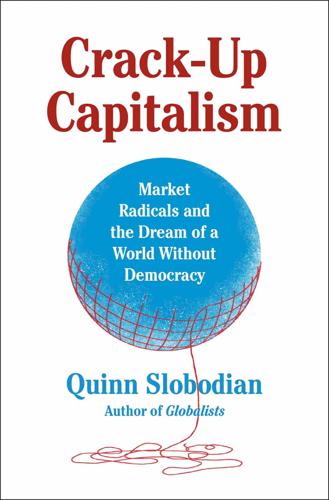
Crack-Up Capitalism: Market Radicals and the Dream of a World Without Democracy
by Quinn Slobodian · 4 Apr 2023 · 360pp · 107,124 words
new management. Premier Zhao Ziyang gave early reassurances that China would keep the territory as a free port and international financial center.69 In 1979, Deng Xiaoping clarified that Hong Kong would be ruled as a “special administrative region” (SAR) after it was folded into the People’s Republic of China, free
…
fitting symmetry between the image of Milton Friedman over the skyline of Hong Kong in Free to Choose and the famous billboard in Shenzhen showing Deng Xiaoping over its own skyline. Neither man over five feet tall, they loomed large as champions of the shared belief that a competitive edge could be
…
suicide. Singapore offered itself as a model. “Growth must come before sharing,” said Lee in 1974.52 “Let some people get rich first” is how Deng Xiaoping phrased it a few years later. Both countries accepted medium-term inequality for long-term growth. Singapore seemed to have lessons about containing the potentially
…
. 4 (Autumn 1985): 643–60; and Louisa Lim, Indelible City: Dispossession and Defiance in Hong Kong (New York: Riverhead, 2022), 103. 66. Ezra F. Vogel, Deng Xiaoping and the Transformation of China (Cambridge, MA: Belknap Press of Harvard University Press, 2011), 477. 67. Barry Naughton, Growing Out of the Plan: Chinese Economic
…
York: Free Press, 1999), 291–412. 52. Pang Eng Fong, “Growth, Inequality and Race in Singapore,” International Labour Review 111, no. 1 (1975): 16. 53. Deng Xiaoping, “Excerpts from Talks Given in Wuchang, Shenzhen, Zhuhai and Shanghai (January 18–February 21, 1992),” http://www.china.org.cn/english/features/dengxiaoping/103331.htm
…
branding and in question in United States republican restricted franchise and revival of in Singapore Democracy for Docklands democratic capitalism “democratic feudalism” democratization, narratives about Deng Xiaoping deregulation Deutsche Bank development corporations direct democracy “discontinuists” disenfranchisement disintegration distributed networks Djibouti, Somaliland Djibouti-Ambouli International Airport Dominican Republic–Central America–United States Free
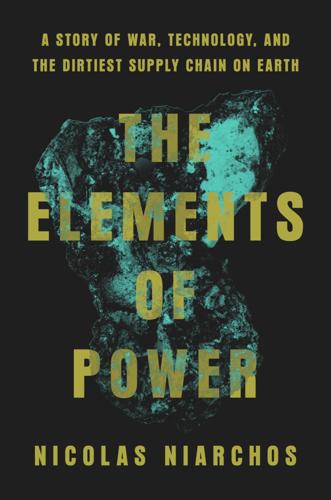
The Elements of Power: A Story of War, Technology, and the Dirtiest Supply Chain on Earth
by Nicolas Niarchos · 20 Jan 2026 · 654pp · 170,150 words
. Iseard met Aronson when the inventor showed up in a class he was teaching in the Bahamas in 1980: They had worked together ever since. Deng Xiaoping, China’s paramount leader, had assumed power in 1978. A disciple of Zhou Enlai, the leader who had defined China’s aid framework during his
…
years. The program was an example of what Chinese revolutionary leaders had called “crossing the river by feeling for the stones,” a sentiment endorsed by Deng Xiaoping, the Chinese premier who had opened China to private businesses. Deng’s selection of Shenzhen—the city where Wang Chuanfu established BYD—as the first
…
from the mines is purified into chemicals that are suitable for batteries. Often, this is achieved through dirty, pollutive processes, and since the era of Deng Xiaoping, the U.S. and Europe have been happy for Chinese firms to do this work. The year after the IRA was signed, as if to
…
-master-electric-car-manufacturing-china-started-with-bikes. GO TO NOTE REFERENCE IN TEXT had called “crossing the river”: The phrase is often attributed to Deng Xiaoping, but it in fact has its roots in a Chinese folk saying, “Crossing the river by feeling the stones—take a steady step, then take
…
unemployment in, 40–41 U.S. investment in, 300–301 violent seizure of resources in, 168–69 Zhou, P., on, 228, 254–55 dendrites, 65 Deng Xiaoping, 193, 319 on wealth, 94–96 Department of Defense, U.S., 9, 296 Department of the Treasury, U.S., 275–76 Department of Transportation, U
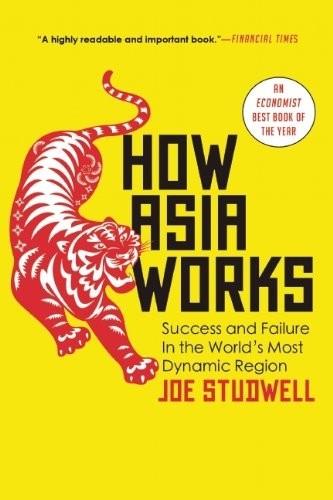
How Asia Works
by Joe Studwell · 1 Jul 2013 · 868pp · 147,152 words
. In writing names of people and places, I have attempted to use the romanised forms that are most familiar to contemporary English language readers. Hence Deng Xiaoping is rendered in the mainland Chinese pinyin system, whereas Chiang Kai-shek is rendered in the Wade-Giles system favoured in Taiwan. In South Korea
…
determinant of that country’s performance. Mao Zedong proselytised a baby boom that was already occurring, telling Chinese people there was strength in numbers. Then Deng Xiaoping and his successors put the brakes on the birth rate, which was already slowing, with an often brutally enforced policy to limit child-bearing. Yet
…
population pressure to induce high-rent tenancy and stagnant output. A rather typical landlord of the era was Deng Wenming, father of future Chinese leader Deng Xiaoping, who owned ten hectares in Paifang village in the hinterland of Chongqing in Sichuan province. Deng Wenming lived in a 22-room house on the
…
nutrition in China in the 1970s were little better on average than in the 1930s.32 China waited until the revolutionary son of a landlord, Deng Xiaoping, rose to power in 1978 to rediscover what household farming could do for a developing country. By then, two decades of development had been lost
…
point is: we must acknowledge that we are backward, that many of our ways of doing things are inappropriate, and that we need to change.’ Deng Xiaoping, on being confirmed as China’s preeminent leader in December 19781 Can the history of east Asian development tell us something useful about the development
…
in, and so on.2 Through autarky, China failed to develop a single industrial product with which it could compete internationally. In the era of Deng Xiaoping, China broke out from the two great socialist fallacies. First, household farming was restored. Then, following Deng’s visits to the United States, Japan and
…
themselves, supported by a few progressive regional Party leaders, who declared their families to be collective units and made household farming a fait accompli. As Deng Xiaoping admitted in his turgid autobiography: ‘It was the peasants who invented the household contract responsibility system with remuneration linked to output.’8 This was a
…
corvée labour, and more. (In China, the bulk of welfare services are managed and funded at the local level.) As the Chinese economy grew under Deng Xiaoping, and then Jiang Zemin, urban bias in national fiscal policy increased greatly. Then, from 2001, China abandoned the bulk of its agricultural protection measures under
…
run for the past thirteen years by the same highly rated manager, Chen Yuan, son of Chen Yun, the economist who rescued Mao Zedong and Deng Xiaoping from their worst policy follies.33 The institution built up its balance sheet by supporting large-scale, high-quality domestic infrastructure projects in the 2000s
…
University Press, 1934), p. 74. Part 4 – Where China Fits In 1. Li Xiangqian and Han Gang, ‘Xin faxian Deng Xiaoping yu Hu Yaobang deng sanci tanhua jilu’ (‘Newly Discovered Record of Three of Deng Xiaoping’s Talks with Hu Yaobang and Others’), Bainianchao, n0. 3 (1999): 4–11, reprinted in Xie Chuntao, ed
…
., Deng Xiaoping xiezhen (A Portrait of Deng Xiaoping) (Shanghai: Shanghai cishu chubanshe, 2005), p. 192. 2. The hugely polluting cement kilns developed in China are a form of vertical kiln into which ingredients
…
. 14 below, which cover China’s seventeen most important agricultural provinces. Some other, less productive provinces have larger average farm sizes. 8. Selected Works of Deng Xiaoping, vol. 3 (1982–1992) (Beijing: People’s Publishing House, 1993), p. 370. 9. According to UN Food and Agriculture Organisation (FAO) data for 2009, Chinese
…
1989. The premier in 1993 was Li Peng. Zhu Rongji became a vice-premier that year and – largely because Li Peng was not trusted by Deng Xiaoping to run the economy – Zhu took on that role, which normally falls to the premier. In January 1994, Zhu overhauled China’s tax system, redirecting
…
the correct approach to economic reform as ‘crossing the river by feeling the stones’ (mozhe shitou guohe). The phrase is frequently and erroneously ascribed to Deng Xiaoping. 34. CDB was a major funder of the Three Gorges hydropower project, the ‘South–North’ water diversion project, and many other big power and road
…
). Klaus Deininger and Lyn Squire, ‘New Ways of Looking at Old Issues: Inequality and Growth’, Journal of Development Economics, vol. 57, no. 2 (1998). Deng Xiaoping, Selected Works of Deng Xiaoping, vol. 3 (1982–1992) (Beijing: People’s Publishing House, 1993). Department of Agrarian Reform, Republic of the Philippines, ‘Philippine Agrarian Reform: Partnerships for
…
Cultures at Risk (Vancouver: University of British Columbia Press, 2007). Adrian Vickers, A History of Modern Indonesia (Cambridge: Cambridge University Press, 2005). Ezra F. Vogel, Deng Xiaoping and the Transformation of China (Cambridge, MA: Belknap Press, 2011). Robert Wade, Governing the Market: Economic Theory and the Role of Government in East Asian
…
, 183, 218n28 Malaysia 198 Philippines 193, 321n43 Dee, Dewey 322–3n55 Deininger, Klaus 10, 276–7n12 democracy xxv–xxvi demographics see population Deng Wenming 17 Deng Xiaoping xxii, 17, 21, 221, 224, 226, 228, 241, 331n21 Denmark 61, 81 deregulation 162, 165–6, 173–4, 184, 196–8 Indonesia 212, 216, 217
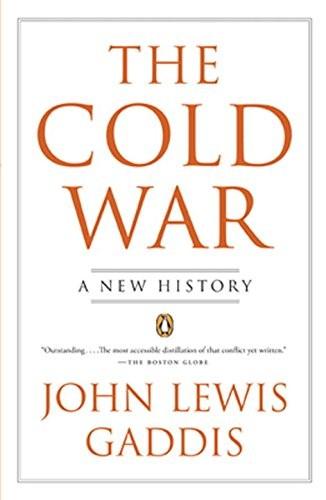
The Cold War: A New History
by John Lewis Gaddis · 1 Jan 2005 · 392pp · 106,532 words
might have put it, “totally beyond the imagination of the Soviet leadership.” CHAPTER SIX ACTORS Be not afraid! —JOHN PAUL II1 Seek truth from facts. —DENG XIAOPING 2 We can’t go on living like this. —MIKHAIL GORBACHEV3 THE POPE HAD BEENan actor before he became a priest, and his triumphant return
…
to become prime minister of Great Britain, who relished being tougher than any man and revived the reputation of capitalism in Western Europe. There was Deng Xiaoping, the diminutive, frequently purged, but relentlessly pragmatic successor to Mao Zedong, who brushed aside communism’s prohibitions on free enterprise while encouraging the Chinese people
…
the power of the Chinese Communist Party to give his country a market economy: “It doesn’t matter if the cat is white or black,” Deng Xiaoping liked to say, “so long as it catches mice.” Deng’s views on cats—by which he meant ideologies—got him into trouble with Mao
…
in the world.”94 Most of this, however, was rhetoric: Gorbachev was never willing to leap directly to a market economy in the way that Deng Xiaoping had done. He reminded the Politburo late in 1988 that Franklin D. Roosevelt had saved American capitalism by “borrow[ing] socialist ideas of planning, state
…
Party dictatorship were over?”13 However true that might be in Hungary, Poland, and the Soviet Union, it was not the case in China. There Deng Xiaoping’s economic reforms had brought pressures for political change, a course he was not prepared to take. When former general secretary Hu Yaobang, whom Deng
…
weeks in Leipzig, and they resumed on October 9th, the day after Gorbachev returned to Moscow. With the Soviet guest gone, the possibility of a Deng Xiaoping solution was still there: Honecker may even have authorized one. But at this point an unexpected actor—Kurt Masur, the widely respected conductor of the
…
morals. The threat of a world war is no more.”53 Gorbachev was never a leader in the manner of Václav Havel, John Paul II, Deng Xiaoping, Margaret Thatcher, Ronald Reagan, Lech Wałęsa—even Boris Yeltsin. They all had destinations in mind and maps for reaching them. Gorbachev dithered in contradictions without
…
Pope John Paul II, 1920–2005 (New York: Harper, 2005), pp. 10, 14, 262. 2 Richard Baum, Burying Mao: Chinese Politics in the Age of Deng Xiaoping (Princeton: Princeton University Press, 1994), p. 47. 3 Mikhail Gorbachev, Memoirs (New York: Doubleday, 1995), p. 165. 4 See, for example, Kenneth N. Waltz, Theory
…
Military Balance, 1979–1980 (London: IISS, 1979), p. 9.] 44 Arbatov, The System, p. 206. 45 Baum, Burying Mao, pp. 11, 56–65; Richard Evans, Deng Xiaoping and the Making of Modern China (New York: Penguin, 1997), pp. 184–89, 212–43. The quote from Mao is in Li Zhisui, The Private
…
Physician, translated by Tai Hung-chao (New York: Random House, 1994), p. 577. I have also benefited from reading Bryan Wong, “The Grand Strategy of Deng Xiaoping,” International Studies Senior Essay, Yale University, 2005. 46 “The ‘Two Whatevers’ Do Not Accord with Marxism,” March 24, 1977, http://English.people.com.cn/dengxp
…
., pp. 488—92; Gwertzman and Kaufman, eds., The Collapse of Communism, p. 52. See also Richard Baum, Burying Mao: Chinese Politics in the Age of Deng Xiaoping (Princeton: Princeton University Press, 1994), pp. 242–74. 15 Ibid., pp. 275–310. 16 Mielke to Heads of Service Units, June 10, 1989, CWIHP Bulletin
…
. How Nature Works: The Science of Self-Organized Criticality. New York: Oxford University Press, 1997. Baum, Richard. Burying Mao: Chinese Politics in the Age of Deng Xiaoping. Princeton: Princeton University Press, 1994. Becker, Jasper. Hungry Ghosts: Mao’s Secret Famine. New York: Free Press, 1996. Berman, Larry. Planning a Tragedy: The Americanization
…
D. Russia and the Idea of the West: Gorbachev, Intellectuals, and the End of the Cold War. New York: Columbia University Press, 2000. Evans, Richard. Deng Xiaoping and the Making of Modern China. New York: Penguin, 1997. Foot, Rosemary, John Lewis Gaddis, and Andrew Hurrell, eds. Order and Justice in International Relations
…
Department, 2000. Wells, Christopher W. “Kissinger and Sadat: Improbable Partners for Peace.” Senior Essay, Yale University History Department, 2004. Wong, Bryan. “The Grand Strategy of Deng Xiaoping.” Senior Essay, Yale University International Studies Program, 2005. PHOTOGRAPH CREDITS Insert page 1, top: Bettmann/Corbis; bottom: Corbis. Page 2, top: Bettmann/Corbis; bottom: Hulton
…
D-Day Declaration of Independence Defense Department, U.S. de Gaulle, Charles democracy globalization of Marshall Plan and Democratic National Committee Democratic Party, U.S. Deng Xiaoping achievement of Tiananmen Square massacre and Depression, Great détente Arab-Israeli war of 1973 and decline of Helsinki Accords and Kissinger on morality and as
…
Konstantin Chernenko at the Helsinki conference, July, 1975. Pope John Paul II in Częstochowa, Poland, June, 1979. Lech Wałęsa at the Gdansk shipyard, August, 1980. Deng Xiaoping, ca. 1970s. Margaret Thatcher, ca. 1979. Mikhail Gorbachev and Ronald Reagan at Geneva, November, 1985. “Goddess of Democracy” statue in Tiananmen Square, Beijing, May 30
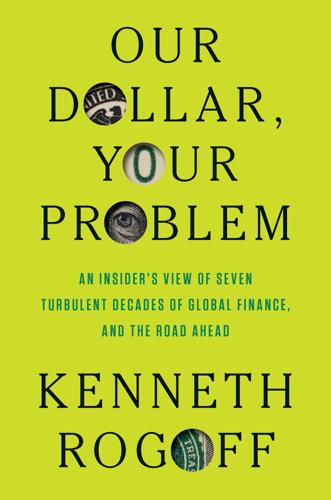
Our Dollar, Your Problem: An Insider’s View of Seven Turbulent Decades of Global Finance, and the Road Ahead
by Kenneth Rogoff · 27 Feb 2025 · 330pp · 127,791 words
such reforms been implemented, they might have given the Soviet Union some of the success that China’s more flexible implementation of socialism brought after Deng Xiaoping came to power, and perhaps the Soviet Union’s rapid growth might have maintained momentum. If the Soviet Union had been able to adapt and
…
, when the death of Mao Zedong in 1976 is marked. Following this, the graph shows a gradual increase starting in the late 1970s, coinciding with Deng Xiaoping’s economic opening and reforms. In the 1990s, the graph rises more steeply, with a notable acceleration after China joins the World Trade Organization (WTO
…
, but cannot understand it, much less dare to speak of it. Just a few years later, in 1978, after the death of Mao in 1976, Deng Xiaoping became president and China’s new era of seemingly miraculous growth began. Unlike Mao, who dogmatically rejected capitalism, Deng famously quipped, “It does not matter
…
or heads of central banks; I felt quite fortunate to be included. Zhu was perhaps the most important architect of China’s economic policy since Deng Xiaoping. I have had the great privilege of meeting many presidents and world leaders over the years; no other meeting was quite the same. When we
…
Trinity, 3 by U. K., 61, 233 by U. S., 264 deflation, 35 de Gaulle, Charles, 213 DeLong, Brad, 268 Democratic Republic of Congo, 127 Deng Xiaoping (President, China), 20, 69 Denmark, 46, 47, 322 n.9 Detroit, Michigan, 28 Deutsche Bundesbank, 53, 120, 251, 252 deutsche mark (Germany), 42, 53, 120
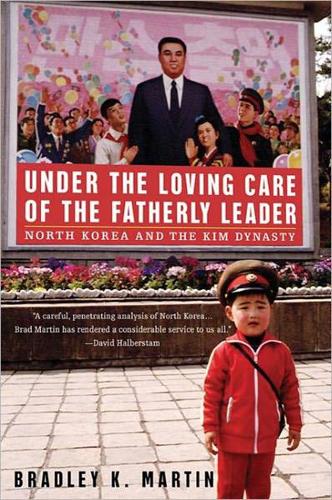
Under the Loving Care of the Fatherly Leader: North Korea and the Kim Dynasty
by Bradley K. Martin · 14 Oct 2004 · 1,509pp · 416,377 words
sixty-five-foot (twenty-meter) bronze statue of the Great Leader had been removed. His article cited a rumor among foreign residents in Pyongyang that Deng Xiaoping, during a visit not long before, had suggested to President Kim that a golden statue might be a bit too extravagant a display for a
…
them— perhaps during the Cultural Revolution of the 1960s and ’70s, when the Red Guards criticized Kim harshly, or during the subsequent movement led by Deng Xiaoping and other reformers to stamp out signs of the discredited personality cult built around China’s own Mao Zedong. Or could it have been the
…
. Although I did not yet know it, the vitality I saw was to power the amazing changes that were about to come to China under Deng Xiaoping’s reform-minded rule. At the time, though, if I could credit what my eyes revealed in terms of economic development, the comparison between North
…
heels44 and teasing his hair up into a bouffant pompadour to add a few more inches. (The glorious career of China’s even more diminutive Deng Xiaoping evidently provided him little if any consolation.) If Kim had stood where he supposedly was asked to stand that day in 1963, he might have
…
backstage, while pretending on the surface to support the ideas of the party18 No name is given for this wicked Korean version of China’s Deng Xiaoping, but the high-ranking official whom the young loyalist zealot was pursuing appears to have been Kim To-man. Chosen in 1966 as party secretary
…
at the end of 1980 and the beginning of 1981 as she and her infamous Gang of Four were tried and sentenced. Their chief target, Deng Xiaoping, triumphed. Red Guards, having spent their youth revolting instead of studying, came to their senses and faced the bleak reality of their stunted careers and
…
this at dreadful cost to an economy that desperately needed new ideas and a decentralization of decision making. Every Korean suspected of being a closet Deng Xiaoping would be vanquished. FOURTEEN Eyes and Ears Propaganda alone, of course, was not sufficient to enable Kim senior and junior to gain and maintain unprecedented
…
in Pyongyang to which visitors were urged to present flowers—the statue that was golden for a while before being bronzed in reported response to Deng Xiaoping’s expression of distaste. Kang and his family rated a royal red-carpet welcome. He became vice-director of a government unit that supplied goods
…
cult figures of superhuman brilliance and accomplishments. The film covers only ceremonial and social parts of Mr. Kim’s meetings with Chinese officials, who included Deng Xiaoping, Communist Party General Secretary Hu Yaobang and Premier Zhao Zhiyang. But it covers those parts interminably and in the process supports some observations and some
…
than individual performance. Even such relatively mild heresy, however, was not something the regime’s ideology permitted it to take pride in. Chinese followers of Deng Xiaoping by then had become communist in name only as they pursued economic reforms nakedly intended to unleash the individual’s profit motive, but North Koreans
…
ruling class had been helpless to take the serious steps many believed were needed to prolong their rule—as, for example, Chinese economic reformers under Deng Xiaoping had been able to extend Communist Party rule. With Kim Il-sung and son occupying the status of permanent royalty, their more expendable subordinates in
…
). “We need to change this and require specific knowledge of foreign trade.” He spoke favorably of sending students abroad for training. “In China, one of Deng Xiaoping’s great feats was to send two thousand or so students abroad annually to study, and upon their return they were given important jobs,” Kim
…
.” Frank found it “remarkable that the leveling of the ideological battlefield has begun so early. Kim Jong-il may be no Mikhail Gorbachev, nor a Deng Xiaoping, but the evidence makes it hard to believe he is a stubborn opponent of reform.” At the 2003 parliamentary budget session came an announcement of
…
successfully combined broad central planning with market decisions. While recognizing that Kim Jong-il had spent much of his career pounding down every would-be Deng Xiaoping who popped up, South Korean officials evidently believed that no one was beyond salvation. An ideologically born-again Kim himself could be seen as the
…
People’s Republic of Korea (DPRK) formation of, 62 compactness, as aid to regime’s control, 185 communication among bureaucratic units, lack of lateral, 467 Deng Xiaoping, 8, 22 diaspora, Korean, 16–17, 100 as business network, 481 homecoming, in 1950s and 1960s, 100–104, 229–230 dissent, dissidence, 6, 91, 141
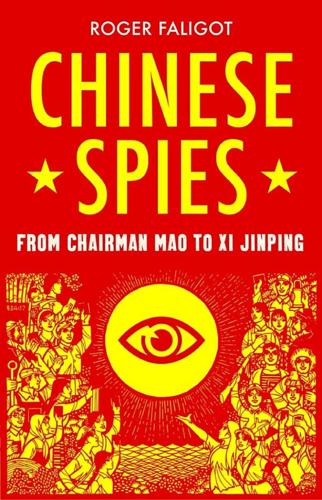
Chinese Spies: From Chairman Mao to Xi Jinping
by Roger Faligot · 30 Jun 2019 · 615pp · 187,426 words
Preface Introduction: Old Red Spies Never Die PART ONE 1. The Battle for Shanghai 2. Mao’s Secret Service 3. The Spies’ Cultural Revolution 4. Deng Xiaoping’s Deep-Water Fish 5. 55 Days At Tiananmen 6. Operation Autumn Orchid, Hong Kong PART TWO 7. Jiang Zemin’s Global Intelligence 8. China
…
. Zhou surrounded himself with faithful Hakka comrades, also gifted in clandestine activity, and became close to a young man called Nie Rongzhen who, like Deng Xiaoping, hailed from Sichuan. He had studied with Deng at the University of Grenoble and then at Charleroi in Belgium, where he fell under the influence
…
some kind of allegiance to the longstanding Elders Brothers Society (Gelaohui), whose members included Zhu De, the other military leader of the Long March, and Deng Xiaoping’s own father. “In other words,” explains the Korean historian Park Sang-soo, a specialist in rural secret societies, “if the backbone of the
…
Dongxing, and theorists like Chen Boda and Zhang Qunqiao—all to the detriment of the more moderate faction around Liu Shaoqi—the “Chinese Khrushchev”—and Deng Xiaoping. Antonkin received instructions from his TASS supervisors ordering him to write articles about how the Chinese people were “hostile to Mao”. Like his KGB
…
the other institutions disrupted by the Cultural Revolution. Luo Ruiqing was its first sacrificial victim. In the winter of 1966, three “revisionist” leaders, Liu Shaoqi, Deng Xiaoping and Yang Shangkun, were arrested and subjected to a barrage of intense criticism and humiliating self-criticism in mass meetings where collective hysteria prevailed over
…
all preserved entire sections of the system. Zhou guaranteed the decent treatment of some jailed functionaries. This was the case for some political figures, including Deng Xiaoping, and for some intelligence agents. The collapse of the Diaochabu After the death of Kang Sheng’s rival Li Kenong in 1961, Kong Yuan,
…
with the North Korean Kim Il-sung, about whose early life we know almost nothing. In 1977, a covert organization called 637 Headquarters, which backed Deng Xiaoping, circulated an illicit and devastating document entitled Fire on Hua Guofeng. This mini-biography recounted how Hua Yu, the new president’s mother, had
…
8341, the army’s political security unit. State security forces, with the support of the army under Marshal Ye’s leadership, were poised to bring Deng Xiaoping to power.44 However, Hua Guofeng’s and Wang Dongxing’s reign in Zhongnanhai, government headquarters, continued. Having gained power in mid-October, they
…
agent, equipped with one defective satellite radio. Coupled with the routing of the PLA on the Vietnamese border, this was a serious setback. Nonetheless, Deng Xiaoping continued to support the Khmer Rouge for another ten years as it fought the new government installed by Hanoi. Details of Diaochabu operations in Cambodia
…
launch. He would soon begin the Four Modernizations programme, and usher in a massive intelligence agency appropriate for this newly awakened China: the Guoanbu. 4 DENG XIAOPING’S DEEP-WATER FISH The last emperor of China, Pu Yi, was completely swamped in his oversized uniform. This was the ultimate humiliation for the
…
service—and indeed all the other services dependent on the party, foreign ministry and army—towards economic, scientific and technological research. With these three moves, Deng Xiaoping “revolutionized” Chinese intelligence. The Chinese KGB On 6 June 1983, Prime Minister Zhao Ziyang announced the establishment of a new Ministry of State Security, or
…
he was “a Kuomintang spy”. MOFERT’s international sector—as well as that of its successor, MOFTEC—offered important cover for roaming Guoanbu agents, as Deng Xiaoping had suggested.12 All this training appears to have been rather necessary, because—according to several intelligence and security specialists who were fighting the new
…
public disclosure of this obvious failure by its own counterintelligence service. This was during Ronald Reagan’s presidency, when the CIA had an agreement with Deng Xiaoping’s intelligence services to jointly intercept Soviet communications, and both countries were involved in joint operations supporting the Mujahedin in Afghanistan against the Soviet military
…
taken by China’s “deep-water fish”—deep-cover or sleeper agents—if the intelligence they gathered, even when duly cross-checked, did not help Deng Xiaoping, Hu Yaobang and Zhao Ziyang to make decisions? Deng gave a former diplomat, Huan Xiang, the job of establishing the International Studies Research Center
…
cities. The unintended consequence of those protests had been the fall of the reformist general secretary, Hu Yaobang, who had been forced to resign. Deng Xiaoping against Mikhail Gorbachev On 16 April 1989, Hu suffered a heart attack and died. The following day, thousands of students gathered in Tiananmen Square to
…
GRU were known. A month of peaceful demonstrations had already gone by. From senior members of the party up to the top brass, with Deng Xiaoping at the helm, the Chinese leadership had underestimated the rise of Gorbachev, a reformer whose policy of perestroika was clearly influencing the younger Chinese generation
…
on 19 May. But their positive disposition towards the students could not last forever. As head of the intelligence services, Qiao was directly accountable to Deng Xiaoping and the Politburo Standing Committee, of which he was now third in command. Guoanbu correspondents in foreign postings, as well as his own children
…
have seen Qiao Shi, the coordinator of the security services, vacillating and trying to negotiate with the students alongside Zhao Ziyang, before eventually rallying to Deng Xiaoping’s position. On 5 May, students from the Institute of International Relations (Guoji Guanxi Xueyuan), where analysts and spies are trained by director and Guoanbu
…
the police academy in Hong Kong, was expelled for spying. Based in Canton, for the next twenty years he continued his surveillance work and advised Deng Xiaoping. To complicate matters further, all over Hong Kong, conflicts were breaking out between different communist factions in the region, which thousands of Chinese people fleeing
…
& Investment Corporation (CITIC), founded in Beijing in 1979 by the Shanghai-born “red capitalist” Rong Yiren, also vice-president of the PRC. It was Deng Xiaoping himself who had given Rong the responsibility of setting up the CITIC, a capitalist business group in communist China, directly answerable to the State Council
…
of Asia Satellite Telecommunications Ltd, which managed communication satellites in the region. Among the CITIC’s senior executives were several Red Princes, including Deng Zhifang, Deng Xiaoping’s second son, who also owned several real estate companies, a growing sector in both Hong Kong and the PRC. Wang Jun, president of
…
1930s. Alongside Ding and Nie were other prominent directors: Zhang Pin, son of former defence minister Zhang Aiping, and Deng Nan, the youngest daughter of Deng Xiaoping. Clearly, the most successful Red Princes were those linked to the military-industrial lobby, which played an important role in weapons and technology proliferation. They
…
and the supervision of the special services During this period, General Secretary and President Jiang Zemin was continuing down the path first mapped out by Deng Xiaoping, seeking to develop intelligence and analytical structures that would, for the first time, permit the PRC to compete on a level with the Americans.
…
the influence of the CCP. This debate was made more challenging in the early 1990s, when the leadership established something of a personality cult around Deng Xiaoping and his achievements, using him as a cover to advance their own agenda. Developments in Poland had further coloured Zhongnanhai opinion against the relative reformist
…
Qiao. Everything Deng Xiaoping obsessively feared was contained in a single word: Solidarnos sc c. After all the upheaval in the USSR and China, the Solidarity movement was Deng
…
Jiang Zemin attached great importance to the Central Security Bureau and its regiments, reorganized after Tiananmen under the leadership of Yang Dezhong, who had been Deng Xiaoping’s bodyguard, and You Xigui, his personal minder from Shanghai, who ended up being promoted to general. You’s constant presence at Jiang’s
…
in the Yasin region, while logistics operations were overseen by the Air Force general Zhang Tingfa. An ideological problem had overshadowed Beijing’s support, but Deng Xiaoping and his team were pragmatic. They would have preferred not to abandon Afghanistan’s pro-China communist organizations, such as Shoaleye Djawid (Eternal Flame) or
…
(PAP). While the CMC controlled the strategic axes of defence, the government was also directly behind several industrial organizations. Set up in 1982 by Deng Xiaoping and directed by his daughter, the science and technology research organization COSTIND had become more of a civil body since 1998, as it no longer
…
institutes. They all came under the umbrella of the State Council-controlled International Studies Research Centre (ISRC/Guoji Wenti Yanjiu Zhongxin), also dreamt up by Deng Xiaoping. In March 1986, Deng had launched Programme 863, whose purpose was to raise the necessary funds for these projects. After ten years, with the
…
, drug monopolies and new means to protect the environment, to take just a few examples. Indeed, the services rely on the guiding principles decreed by Deng Xiaoping in 1978, the “16 characters” policy, which specifically requires the mixing of “civil” and “military” in order to “erase the borders between state operations
…
approach. These warnings corresponded to the ramping up of economic intelligence in the Deng–Jiang era. A brief history of economic intelligence It was under Deng Xiaoping, in the early 1990s, that economic intelligence began to boom. This has led to a popular belief that such Chinese intelligence was born in
…
of MOFERT’s international sector—and that of its successor, MOFTEC—various roaming Guoanbu operatives directly involved in espionage operations were offered covers, as per Deng Xiaoping’s ideas. Madame Chen was seconded into this area, thanks to a former Diaochabu technician, Wei Jinfei, who was advisor to the minister of
…
behind economic intervention abroad. There had also been a lengthy presentation of the major reforms in this area, covering every detail: the instigating role of Deng Xiaoping; the launch of major information technology programmes under Jiang Zemin; and the “theory of the three harmonies” conceived by President Hu Jintao (2003–13),
…
particularly in language skills, before they were sent on mission. This was a field in which she excelled, having once worked as an interpreter for Deng Xiaoping. As we saw with the 1989 Tiananmen movement, after which refugee dissidents in France came under close surveillance, several Chinese press correspondents were believed to
…
become increasingly frequent since the Chinese overtook the Russians in espionage in the first decade of this century. China on the counterattack In the 1990s, Deng Xiaoping, Yang Shangkun (who had been accused of placing listening devices in Mao’s offices during the Cultural Revolution) and Jiang Zemin pushed for the establishment
…
scratch. As early as the 1930s, when Zhou Enlai was leading the secret war in Shanghai against Kuomintang nationalists, his former comrade from Paris, Deng Xiaoping, was overseeing the establishment of technical units in communist bases in southern China. Their friend Nie Rongzhen, who had been in charge of liaison between
…
2006 the PLA feted the memory of this first communications school, that of its predecessor, the Chinese Workers and Peasants Red Army. In March 1933, Deng Xiaoping chose its location, Pingshangang, in Ruijin province. Nowadays, young SIGINT technicians and apprentice PLA radio operators come to pay homage at this historic site.
…
blow emerged an unexpected “friendly” intelligence collaboration. As early as April 1979, US intelligence services received the green light from Jimmy Carter to negotiate with Deng Xiaoping on possible collaboration in this area. The Anglo-American interception base was closed and its workers redeployed elsewhere. Admiral Stansfield Turner, head of the CIA
…
Xinjiang. Another 15% were related to Chinese leaders and their families (including security chiefs Zeng Qinghong and Luo Gan, as well as historical figures like Deng Xiaoping, Mao Zedong and his wife Jiang Qing); 15% to do with politics and corruption, with the word “democracy” considered just as subversive as “dictatorship”,
…
internet users, tracked down militant Tibetans, and spied on foreign businesspeople, whose numbers had been steadily increasing since China opened up to international trade under Deng Xiaoping. Geng’s challenge was to ruthlessly apply the rules of an increasingly hegemonic twenty-first-century CCP, at the same time as continuing to pursue
…
development for this new China on the move. In Sudan, for example, people remember seeing Zhou himself working on CNPC oil wells. During the Deng Xiaoping era in the 1980s, Zhou Yongkang switched to political management, both as minister of planning and natural resources, and as party secretary in Sichuan province
…
from CCP Central Office Secretariat, “Minutes of the May 17 Politburo Standing Committee meeting”, document supplied to Party Central Office Secretariat by the Office of Deng Xiaoping, quoted in Andrew Nathan and Perry Link (eds), The Tiananmen Papers, New York, Little, Brown and Company, 2001. This book is an astonishing documentation
…
Succession in China: Leadership, Institutions, Beliefs, Santa Monica CA, Rand Corporation, 1992. According to Nicholas Eftimiades (Chinese Intelligence Operations, Annapolis MD, Naval Institute Press, 1994), Deng Xiaoping did succeed in establishing a liaison with the regional centres of PLA2, military intelligence. 16. Transcript available at http://folk.ntnu.no/tronda/kk-f
…
Western diplomats, who, unlike the Soviets, were obliged to take refuge in diplomatic residences. 21. Libération, 7 June 1989. Sabatier published a remarkable biography of Deng Xiaoping (Le dernier dragon [The Last Dragon], Paris, J.C. Lattès, 1990), in which he goes into great detail about the Tiananmen massacre. 22. Xiaobing
…
Chubanshe, 2006. NOTE ON SOURCES Since publishing my first article on this subject over thirty-five years ago—a piece in Le Monde diplomatique about Deng Xiaoping’s establishment of the Guoanbu—I have written hundreds more such articles. With my co-author Rémi Kauffer, I published the first biography of
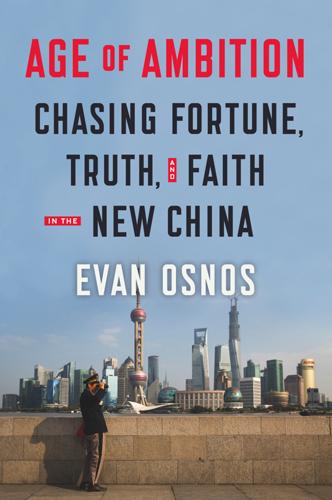
Age of Ambition: Chasing Fortune, Truth, and Faith in the New China
by Evan Osnos · 12 May 2014 · 499pp · 152,156 words
Lin defected from Taiwan, the People’s Republic was poorer than North Korea; its per capita income was one-third that of sub-Saharan Africa. Deng Xiaoping had been China’s paramount leader for less than six months. At seventy-five, he was a persuasive but plainspoken statesman, and a survivor—repeatedly
…
, inevitably, received credit for the expression.) In 1979 the Party announced that it would no longer tag people as “landlords” and “rich peasants,” and later Deng Xiaoping removed the final stigma: “Let some people get rich first,” he said, “and gradually all the people should get rich together.” The Party extended the
…
than eight employees—Marx had believed that firms with more than eight workers were exploitative—but eventually small enterprises began popping up so fast that Deng Xiaoping told a Yugoslav delegation that it was “as if a strange army had appeared suddenly from nowhere.” He did not take credit. “This is not
…
had been songbang—“unfettered”—a term more often used for a liberated prisoner or an animal. They began to talk of politics and democracy. But Deng Xiaoping had his limits. In March 1979, not long before Lin Zhengyi embarked on his adventure to the mainland, Deng spoke to a group of senior
…
wandered into an introductory class on modern Chinese politics: revolution and civil war; the tragic, protean force of Chairman Mao; the fall and rise of Deng Xiaoping, who led China out of seclusion and into the world. Only five years had passed since the 1989 democracy demonstrations at Tiananmen Square, when students
…
rural people to live and work temporarily in cities. In the next eight years, the number of rural migrants reached a hundred million. In 1992, Deng Xiaoping let it be known that prosperity was paramount: “Development,” he said, after visiting a refrigerator factory that had expanded sixteenfold in seven years, “is the
…
that Lin Yifu’s military unit on Quemoy had played her music over the radio to attract defectors. Since she had the same surname as Deng Xiaoping, the soldiers on the mainland joked that they listed to Old Deng all day and Young Deng all night. “Before that, the songs we sang
…
my opinion, to buy a house and a car will take me about five more years. Five more years.” FIVE NO LONGER A SLAVE When Deng Xiaoping declared that it was time to “let some people get rich first,” he didn’t say which people. It was up to them to figure
…
to others for help if their risk-taking does not succeed. Another theory is more specific to the boom years. “The economic reforms undertaken by Deng Xiaoping were a gamble in themselves,” Ricardo Siu, a business professor at the University of Macau, told me. “So people got the idea that taking a
…
. The Department almost disappeared. In 1989 the uprising at Tiananmen Square convinced some Party leaders that propaganda was growing impotent in the modern age. But Deng Xiaoping disagreed, and he made a fateful decision—the Party’s future survival, he declared, would rest, more than ever before, on two pillars: prosperity and
…
.” The end of the Cold War, and the crackdown at Tiananmen Square, shook the Chinese establishment politically and economically. Zhao Ziyang, the reformist member of Deng Xiaoping’s original economic brain trust, was blamed for not suppressing the demonstrations earlier; think tanks that he had created were dissolved, and several economists went
…
strident: he dismissed the “optimistic, and perhaps naïve, argument put forward by some scholars that democracies … are more likely to undertake economic reforms.” He quoted Deng Xiaoping, who once said, “The United States brags about its political system, but the president says one thing during the election, something else when he takes
…
went “straight into the garbage.”) He gravitated to the group of avant-garde artists known as the Stars, but their activism was circumscribed. In 1979, Deng Xiaoping put an end to an incipient political movement called Democracy Wall; its central figure, Wei Jingsheng, was sentenced to fifteen years in prison, on charges
…
. Ding was an illiterate egg farmer in rural Shanxi—five feet ten, with broad shoulders and a foghorn of a voice. In the 1980s, after Deng Xiaoping launched the country toward the free market, she collected eggs from neighbors to sell on the sidewalk in the county seat. This was illegal without
…
’t know the truth.” But more and more, it seemed that the problem was the truth itself. To some degree, the great national footrace that Deng Xiaoping ordained was rigged. The field was not simply tilted against them. They weren’t playing the same game. In January 2010 a nineteen-year-old
…
Special Operations (New York: Routledge, 2000). For background on the relationship between senior leaders at the advent of reform, see Barry Naughton, “Deng Xiaoping: The Economist,” China Quarterly 135, Special Issue: Deng Xiaoping: An Assessment (Sept. 1993): 491–514; Jonathan Spence, The Search for Modern China (New York: W. W. Norton and Company, 1990
…
das Neves, Manuel Joaquim Defense Ministry, Taiwan Delacroix, Eugène de Leeuw, Hendrik De Meuron democracy Democracy Forum Democracy Wall democratic centralism Deng Lijun Deng Qian Deng Xiaoping; capitalist reforms of; China opened by; Mao’s purging of; public relations of; U.S. political system disdained by Depardieu, Gerard Dewey, John Diamond Bachelors
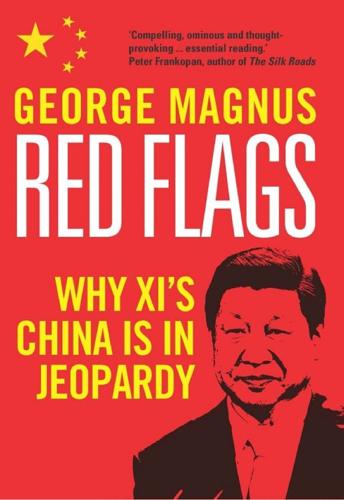
Red Flags: Why Xi's China Is in Jeopardy
by George Magnus · 10 Sep 2018 · 371pp · 98,534 words
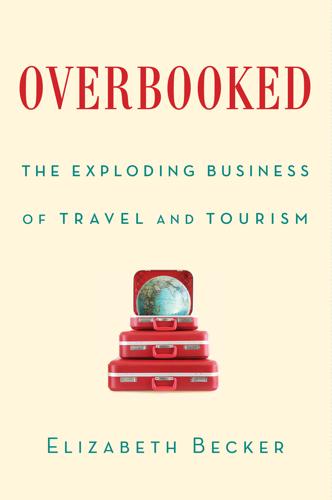
Overbooked: The Exploding Business of Travel and Tourism
by Elizabeth Becker · 16 Apr 2013 · 570pp · 158,139 words
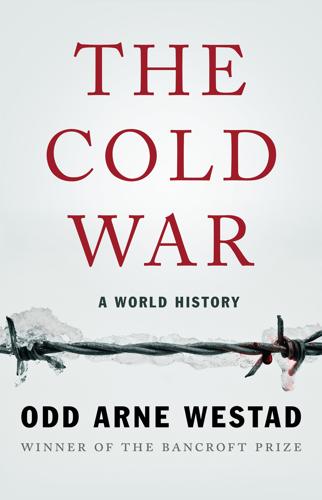
The Cold War: A World History
by Odd Arne Westad · 4 Sep 2017 · 846pp · 250,145 words
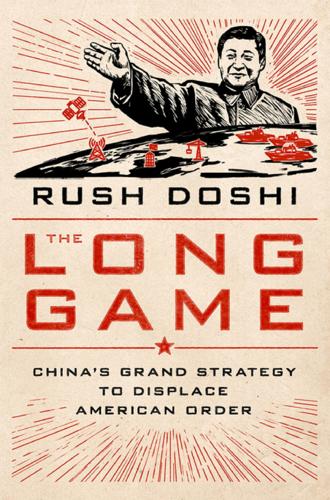
The Long Game: China's Grand Strategy to Displace American Order
by Rush Doshi · 24 Jun 2021 · 816pp · 191,889 words
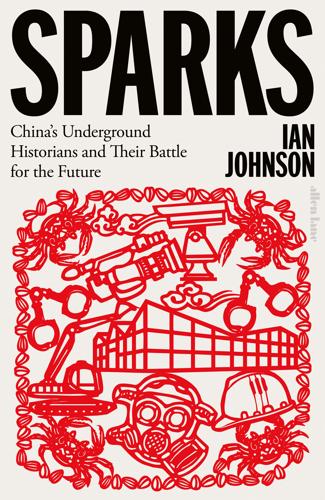
Sparks: China's Underground Historians and Their Battle for the Future
by Ian Johnson · 26 Sep 2023 · 407pp · 119,073 words
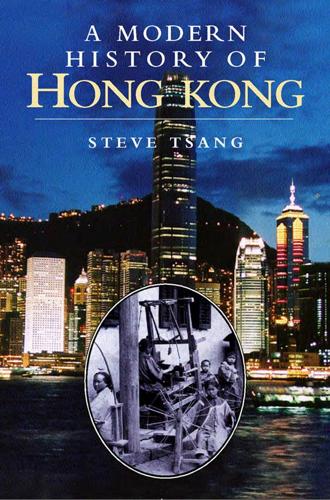
A Modern History of Hong Kong: 1841-1997
by Steve Tsang · 14 Aug 2007 · 691pp · 169,563 words
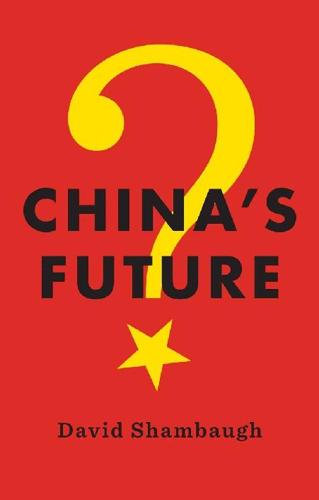
China's Future
by David Shambaugh · 11 Mar 2016 · 261pp · 57,595 words
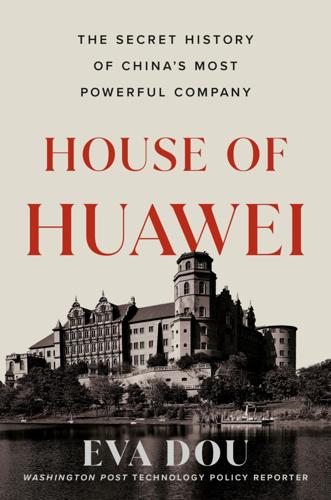
House of Huawei: The Secret History of China's Most Powerful Company
by Eva Dou · 14 Jan 2025 · 394pp · 110,159 words
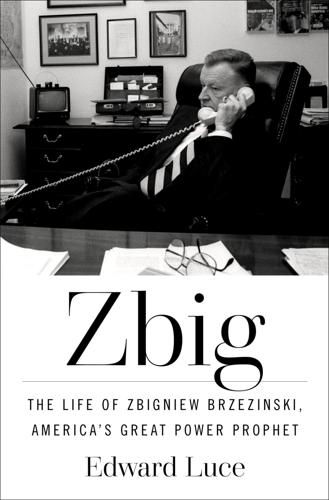
Zbig: The Life of Zbigniew Brzezinski, America's Great Power Prophet
by Edward Luce · 13 May 2025 · 612pp · 235,188 words
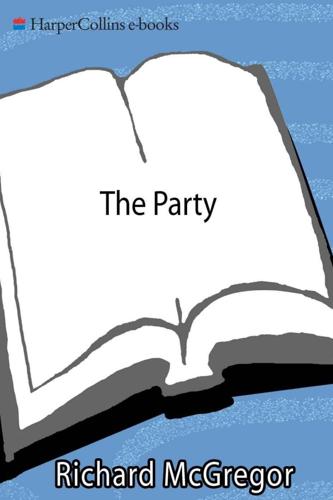
The Party: The Secret World of China's Communist Rulers
by Richard McGregor · 8 Jun 2010
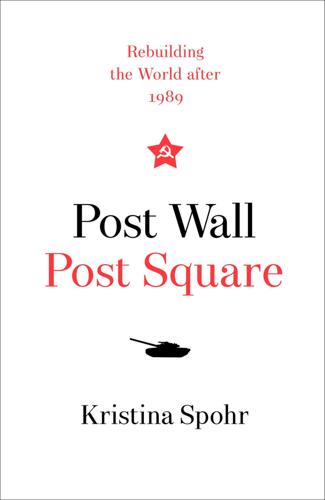
Post Wall: Rebuilding the World After 1989
by Kristina Spohr · 23 Sep 2019 · 1,123pp · 328,357 words
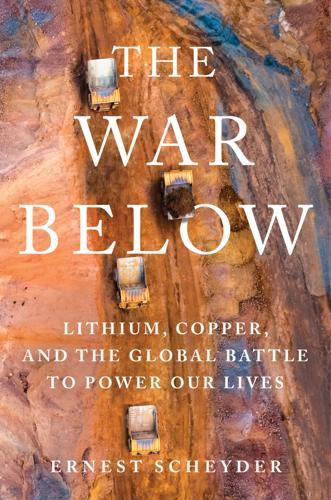
The War Below: Lithium, Copper, and the Global Battle to Power Our Lives
by Ernest Scheyder · 30 Jan 2024 · 355pp · 133,726 words
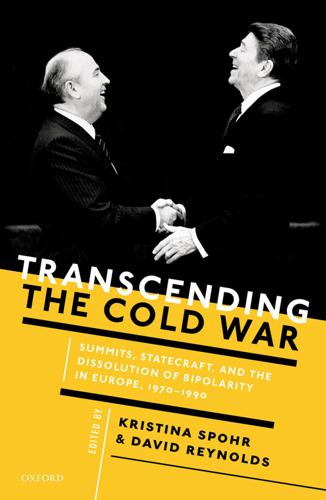
Transcending the Cold War: Summits, Statecraft, and the Dissolution of Bipolarity in Europe, 1970–1990
by Kristina Spohr and David Reynolds · 24 Aug 2016 · 627pp · 127,613 words
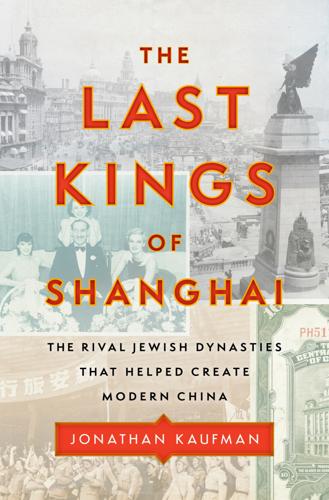
The Last Kings of Shanghai: The Rival Jewish Dynasties That Helped Create Modern China
by Jonathan Kaufman · 14 Sep 2020 · 415pp · 103,801 words
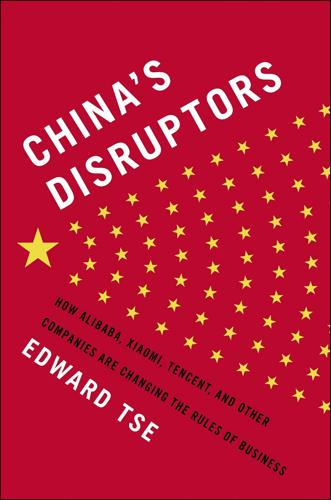
China's Disruptors: How Alibaba, Xiaomi, Tencent, and Other Companies Are Changing the Rules of Business
by Edward Tse · 13 Jul 2015 · 233pp · 64,702 words
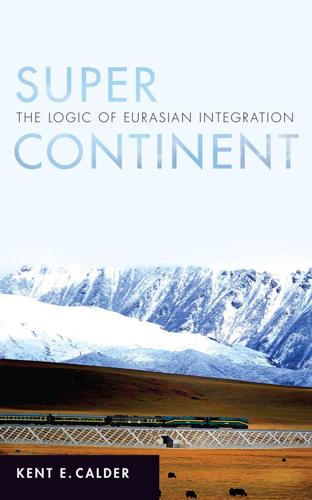
Super Continent: The Logic of Eurasian Integration
by Kent E. Calder · 28 Apr 2019
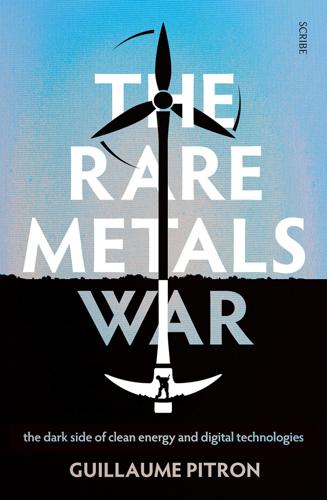
The Rare Metals War
by Guillaume Pitron · 15 Feb 2020 · 249pp · 66,492 words
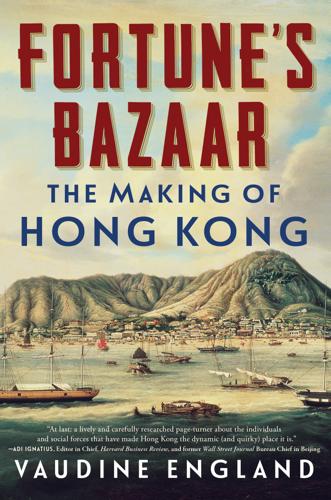
Fortune's Bazaar: the Making of Hong Kong: The Making of Hong Kong
by Vaudine England · 16 May 2023 · 308pp · 122,100 words
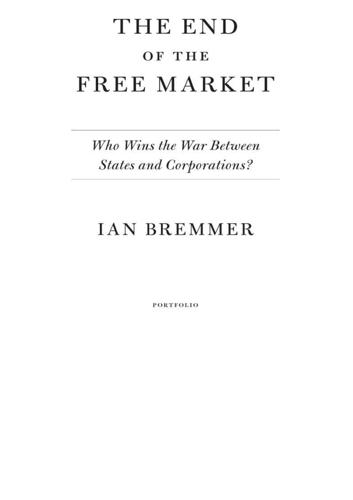
The End of the Free Market: Who Wins the War Between States and Corporations?
by Ian Bremmer · 12 May 2010 · 247pp · 68,918 words
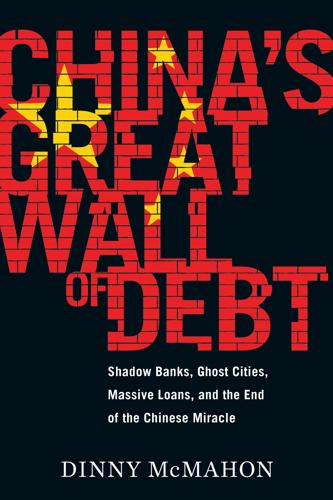
China's Great Wall of Debt: Shadow Banks, Ghost Cities, Massive Loans, and the End of the Chinese Miracle
by Dinny McMahon · 13 Mar 2018 · 290pp · 84,375 words
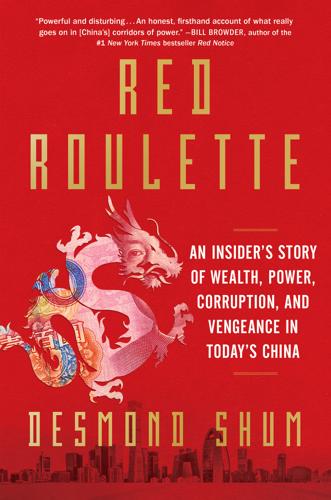
Red Roulette: An Insider's Story of Wealth, Power, Corruption, and Vengeance in Today's China
by Desmond Shum · 6 Sep 2021 · 277pp · 85,191 words
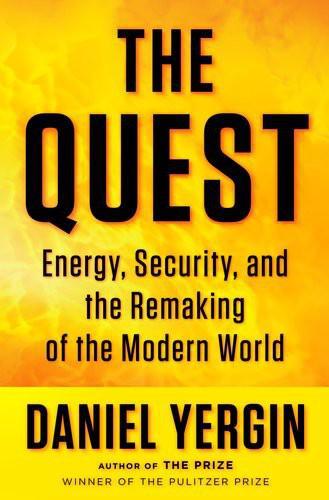
The Quest: Energy, Security, and the Remaking of the Modern World
by Daniel Yergin · 14 May 2011 · 1,373pp · 300,577 words
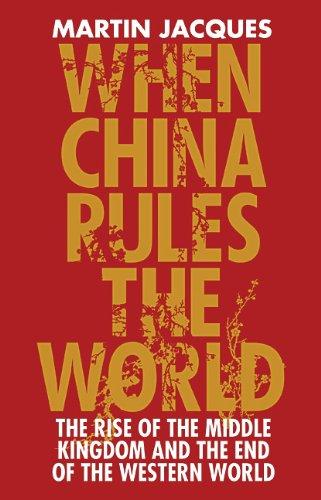
When China Rules the World: The End of the Western World and the Rise of the Middle Kingdom
by Martin Jacques · 12 Nov 2009 · 859pp · 204,092 words
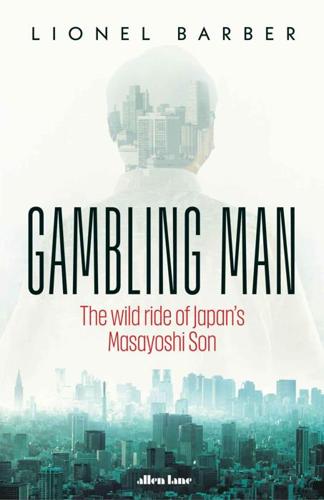
Gambling Man
by Lionel Barber · 3 Oct 2024 · 424pp · 123,730 words
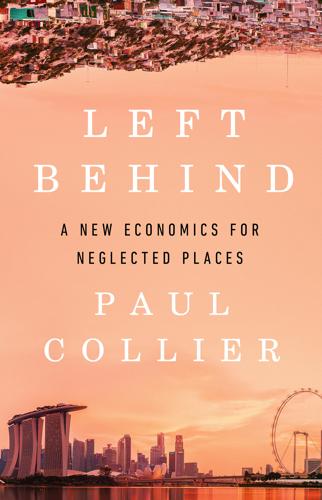
Left Behind
by Paul Collier · 6 Aug 2024 · 299pp · 92,766 words
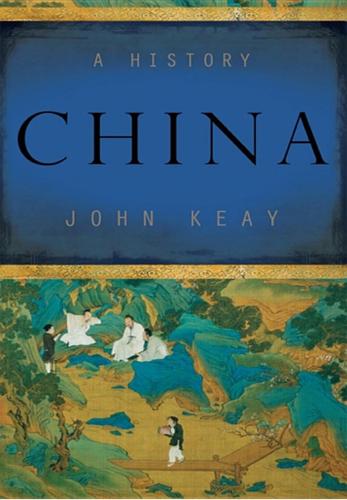
China: A History
by John Keay · 5 Oct 2009
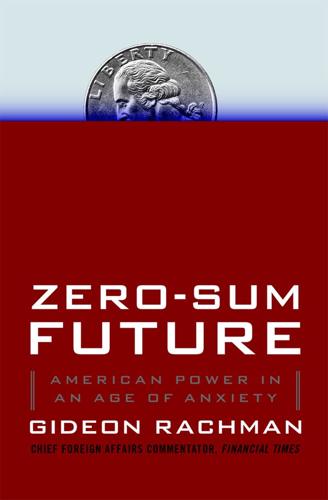
Zero-Sum Future: American Power in an Age of Anxiety
by Gideon Rachman · 1 Feb 2011 · 391pp · 102,301 words
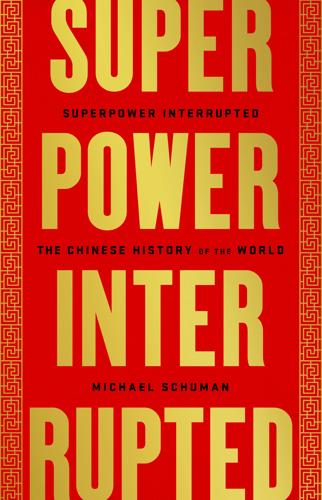
Superpower Interrupted: The Chinese History of the World
by Michael Schuman · 8 Jun 2020
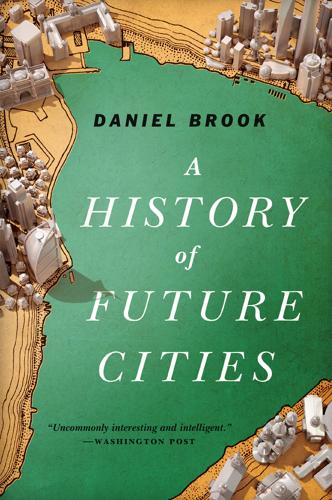
A History of Future Cities
by Daniel Brook · 18 Feb 2013 · 489pp · 132,734 words
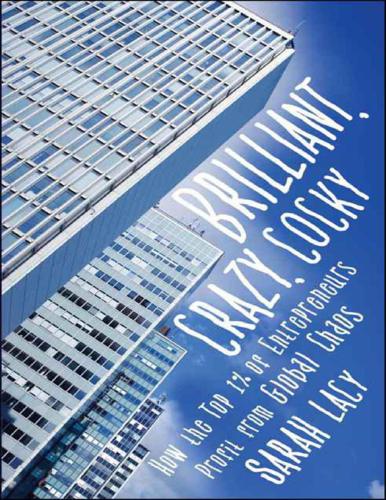
Brilliant, Crazy, Cocky: How the Top 1% of Entrepreneurs Profit From Global Chaos
by Sarah Lacy · 6 Jan 2011 · 269pp · 77,876 words
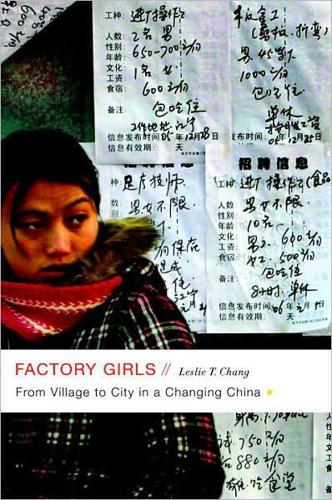
Factory Girls: From Village to City in a Changing China
by Leslie T. Chang · 6 Oct 2008 · 419pp · 125,977 words
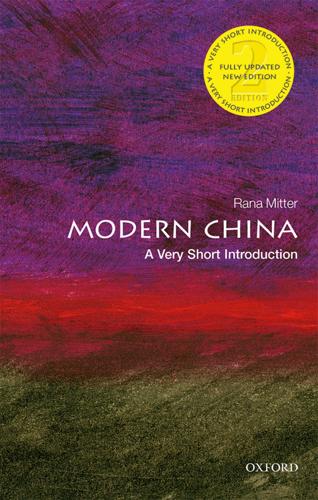
Modern China: A Very Short Introduction
by Rana Mitter · 25 Feb 2016 · 193pp · 46,052 words
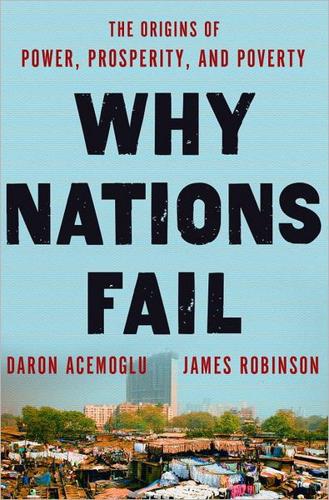
Why Nations Fail: The Origins of Power, Prosperity, and Poverty
by Daron Acemoglu and James Robinson · 20 Mar 2012 · 547pp · 172,226 words
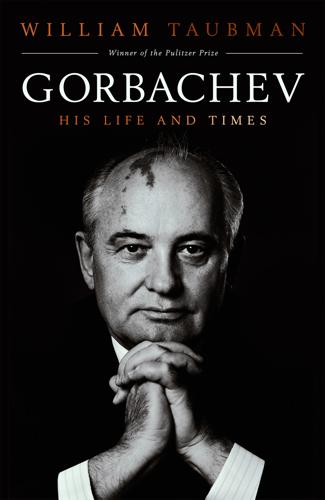
Gorbachev: His Life and Times
by William Taubman
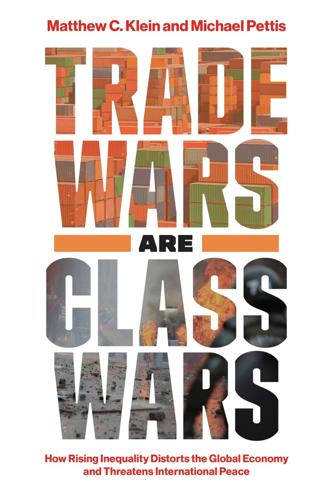
Trade Wars Are Class Wars: How Rising Inequality Distorts the Global Economy and Threatens International Peace
by Matthew C. Klein · 18 May 2020 · 339pp · 95,270 words
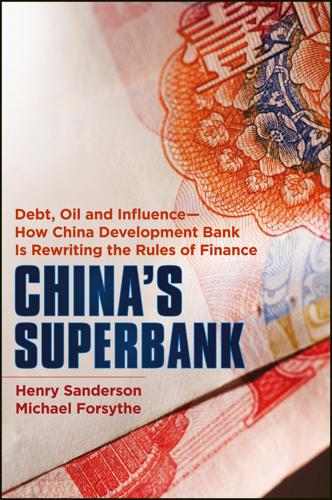
China's Superbank
by Henry Sanderson and Michael Forsythe · 26 Sep 2012
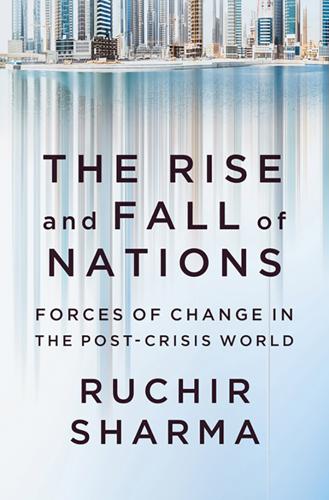
The Rise and Fall of Nations: Forces of Change in the Post-Crisis World
by Ruchir Sharma · 5 Jun 2016 · 566pp · 163,322 words
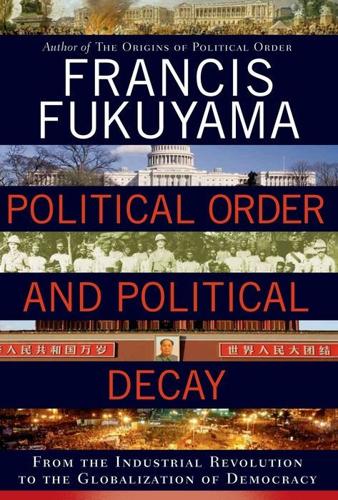
Political Order and Political Decay: From the Industrial Revolution to the Globalization of Democracy
by Francis Fukuyama · 29 Sep 2014 · 828pp · 232,188 words
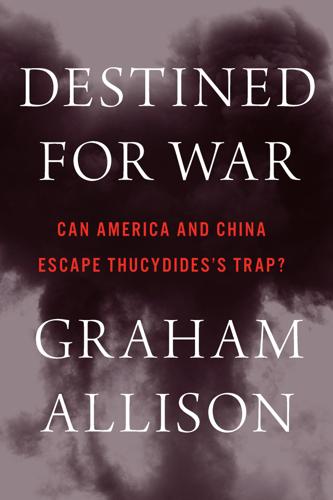
Destined for War: America, China, and Thucydides's Trap
by Graham Allison · 29 May 2017 · 518pp · 128,324 words
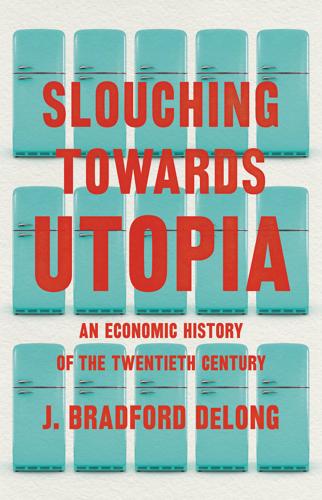
Slouching Towards Utopia: An Economic History of the Twentieth Century
by J. Bradford Delong · 6 Apr 2020 · 593pp · 183,240 words
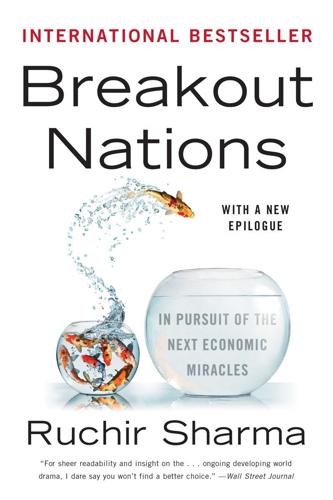
Breakout Nations: In Pursuit of the Next Economic Miracles
by Ruchir Sharma · 8 Apr 2012 · 411pp · 114,717 words
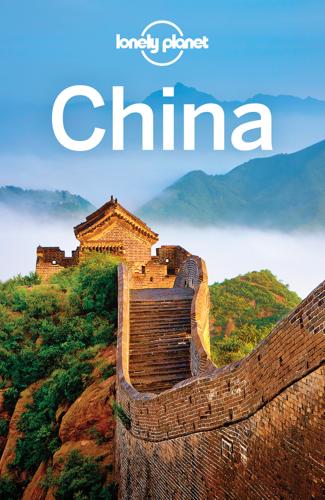
Lonely Planet China (Travel Guide)
by Lonely Planet and Shawn Low · 1 Apr 2015 · 3,292pp · 537,795 words
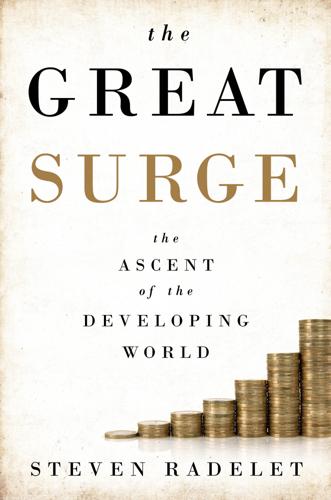
The Great Surge: The Ascent of the Developing World
by Steven Radelet · 10 Nov 2015 · 437pp · 115,594 words
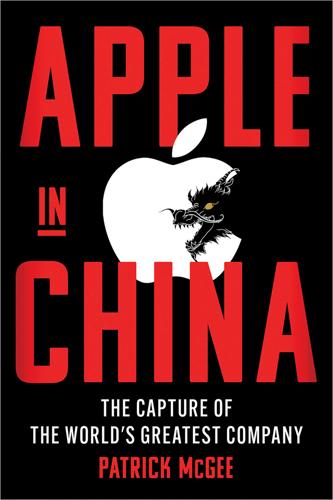
Apple in China: The Capture of the World's Greatest Company
by Patrick McGee · 13 May 2025 · 377pp · 138,306 words
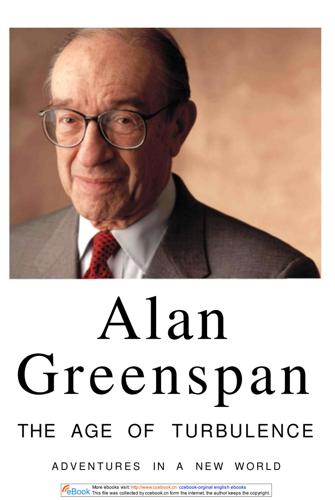
The Age of Turbulence: Adventures in a New World (Hardback) - Common
by Alan Greenspan · 14 Jun 2007
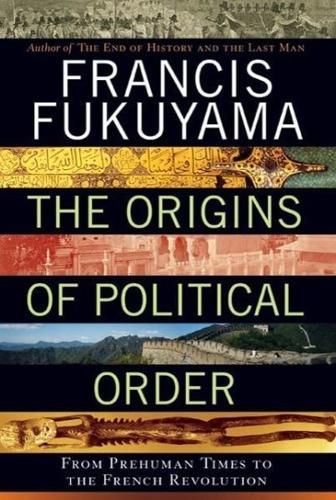
The Origins of Political Order: From Prehuman Times to the French Revolution
by Francis Fukuyama · 11 Apr 2011 · 740pp · 217,139 words
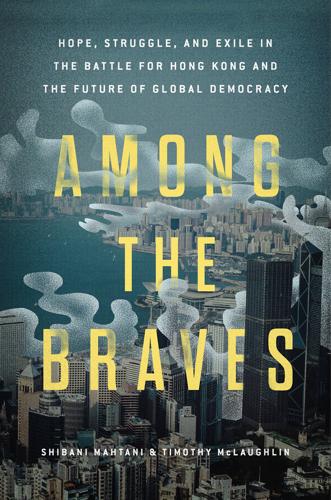
Among the Braves: Hope, Struggle, and Exile in the Battle for Hong Kong and the Future of Global Democracy
by Shibani Mahtani and Timothy McLaughlin · 7 Nov 2023 · 348pp · 110,533 words
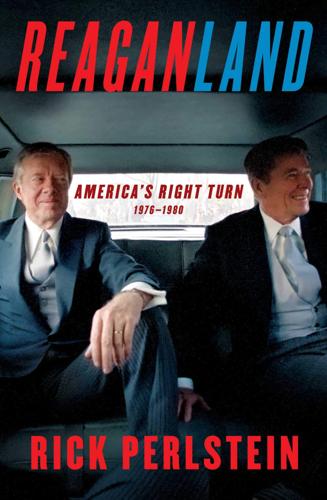
Reaganland: America's Right Turn 1976-1980
by Rick Perlstein · 17 Aug 2020
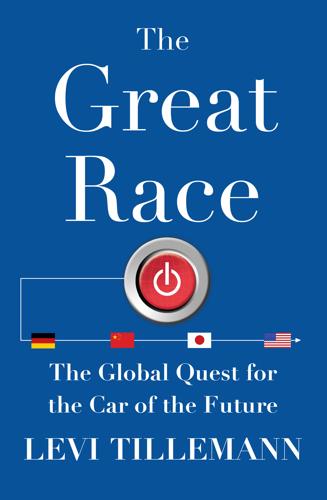
The Great Race: The Global Quest for the Car of the Future
by Levi Tillemann · 20 Jan 2015 · 431pp · 107,868 words
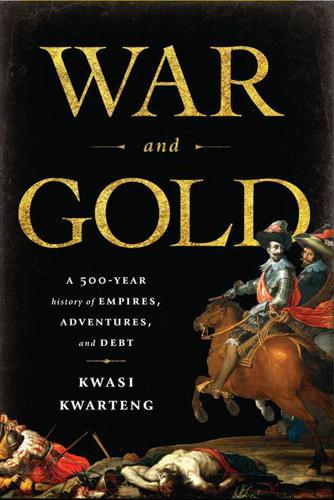
War and Gold: A Five-Hundred-Year History of Empires, Adventures, and Debt
by Kwasi Kwarteng · 12 May 2014 · 632pp · 159,454 words
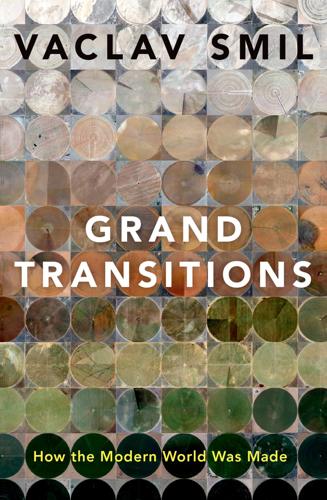
Grand Transitions: How the Modern World Was Made
by Vaclav Smil · 2 Mar 2021 · 1,324pp · 159,290 words
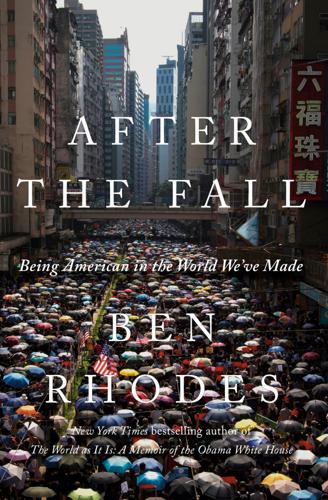
After the Fall: Being American in the World We've Made
by Ben Rhodes · 1 Jun 2021 · 342pp · 114,118 words
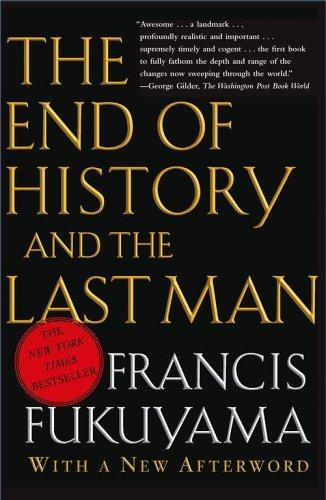
The end of history and the last man
by Francis Fukuyama · 28 Feb 2006 · 446pp · 578 words
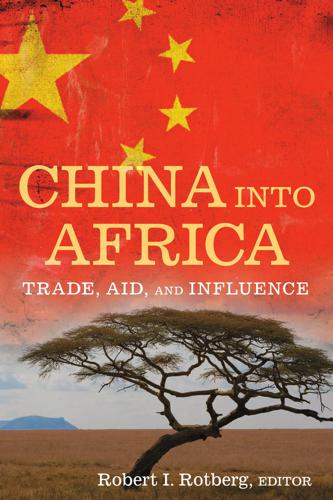
China into Africa: trade, aid, and influence
by Robert I. Rotberg · 15 Nov 2008 · 651pp · 135,818 words
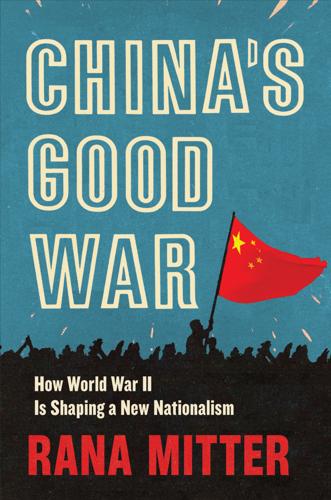
China's Good War
by Rana Mitter
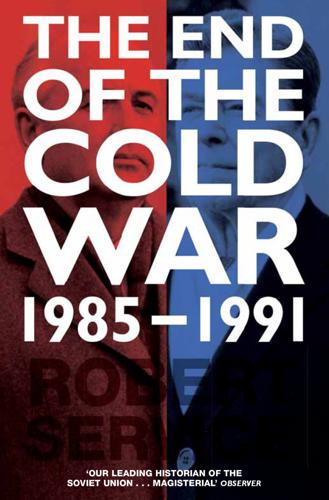
The End of the Cold War: 1985-1991
by Robert Service · 7 Oct 2015
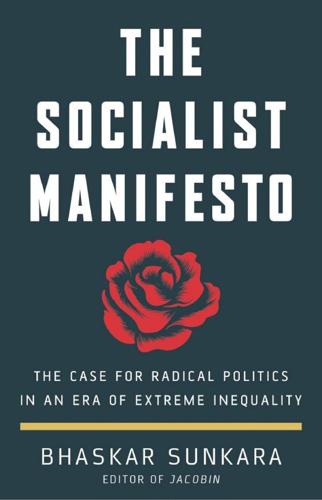
The Socialist Manifesto: The Case for Radical Politics in an Era of Extreme Inequality
by Bhaskar Sunkara · 1 Feb 2019 · 324pp · 86,056 words
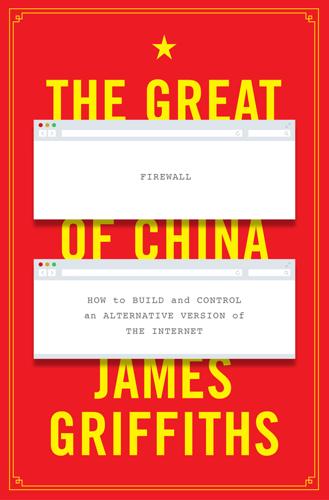
The Great Firewall of China
by James Griffiths; · 15 Jan 2018 · 453pp · 114,250 words
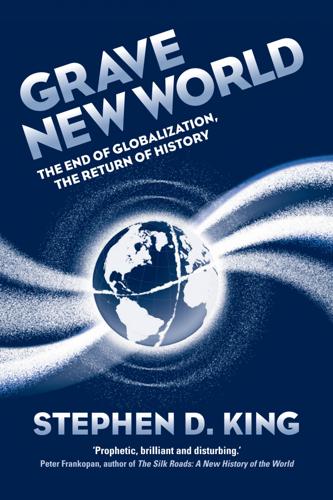
Grave New World: The End of Globalization, the Return of History
by Stephen D. King · 22 May 2017 · 354pp · 92,470 words
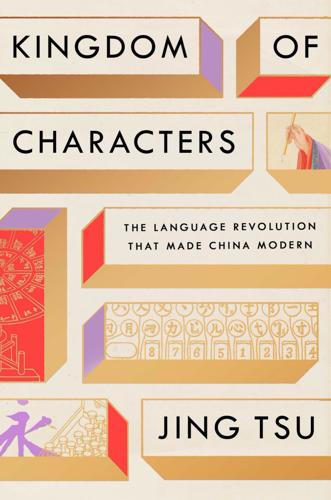
Kingdom of Characters: The Language Revolution That Made China Modern
by Jing Tsu · 18 Jan 2022 · 408pp · 105,715 words
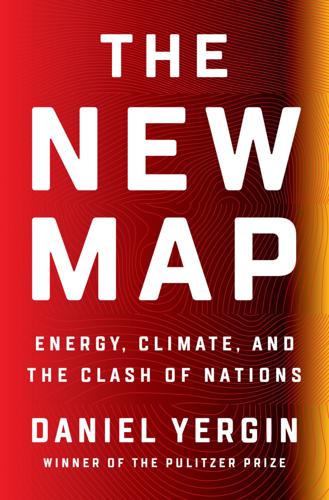
The New Map: Energy, Climate, and the Clash of Nations
by Daniel Yergin · 14 Sep 2020
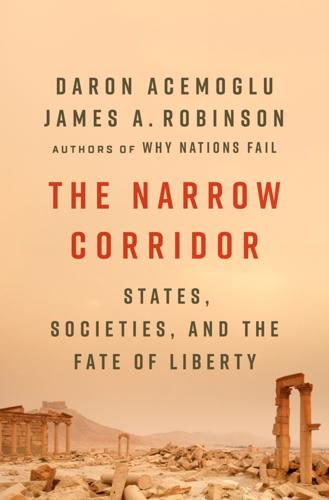
The Narrow Corridor: States, Societies, and the Fate of Liberty
by Daron Acemoglu and James A. Robinson · 23 Sep 2019 · 809pp · 237,921 words
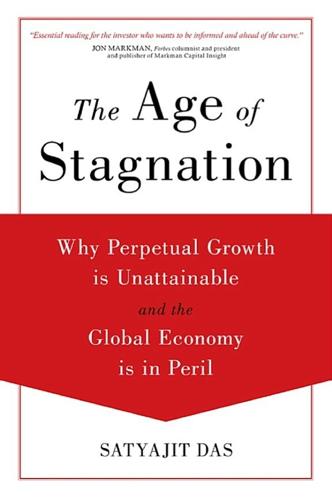
The Age of Stagnation: Why Perpetual Growth Is Unattainable and the Global Economy Is in Peril
by Satyajit Das · 9 Feb 2016 · 327pp · 90,542 words
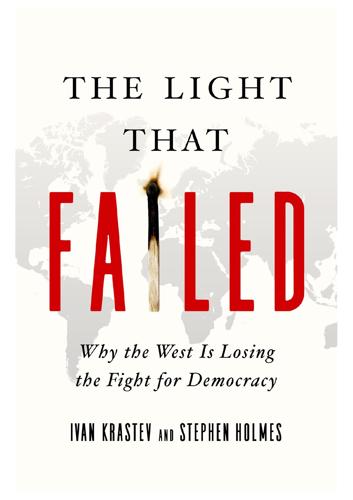
The Light That Failed: A Reckoning
by Ivan Krastev and Stephen Holmes · 31 Oct 2019 · 300pp · 87,374 words
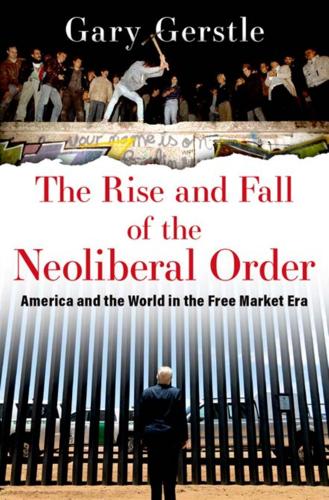
The Rise and Fall of the Neoliberal Order: America and the World in the Free Market Era
by Gary Gerstle · 14 Oct 2022 · 655pp · 156,367 words
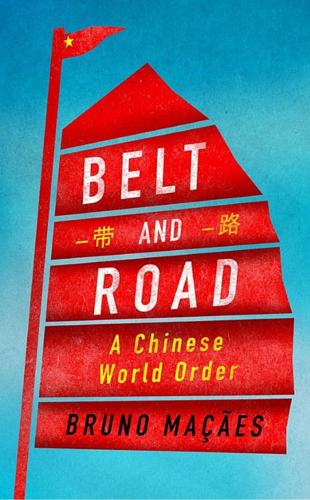
Belt and Road: A Chinese World Order
by Bruno Maçães · 1 Feb 2019 · 281pp · 69,107 words
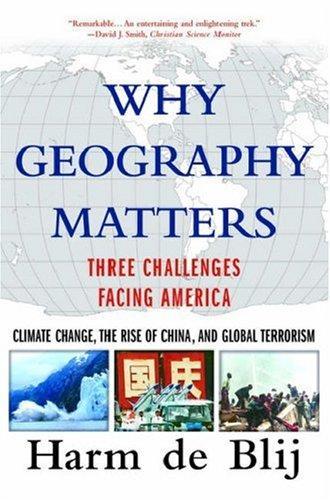
Why geography matters: three challenges facing America : climate change, the rise of China, and global terrorism
by Harm J. De Blij · 15 Nov 2007 · 481pp · 121,300 words
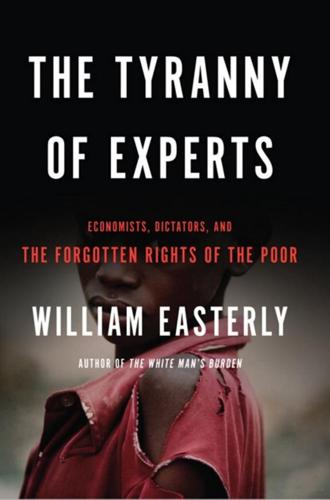
The Tyranny of Experts: Economists, Dictators, and the Forgotten Rights of the Poor
by William Easterly · 4 Mar 2014 · 483pp · 134,377 words
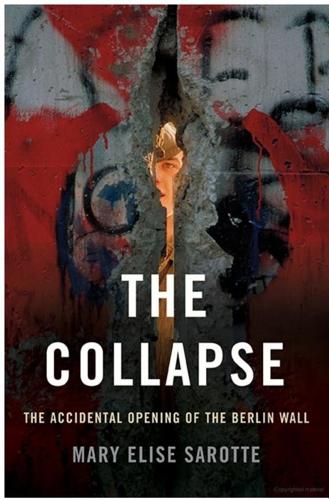
The Collapse: The Accidental Opening of the Berlin Wall
by Mary Elise Sarotte · 6 Oct 2014 · 587pp · 119,432 words
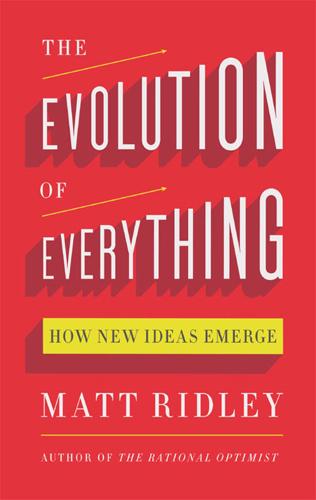
The Evolution of Everything: How New Ideas Emerge
by Matt Ridley · 395pp · 116,675 words
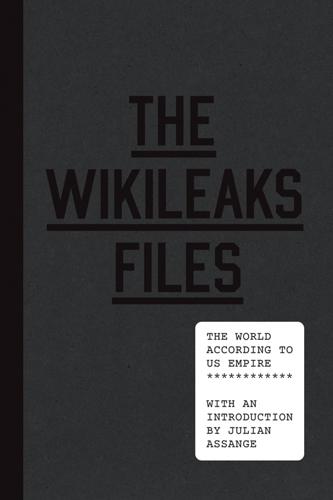
The WikiLeaks Files: The World According to US Empire
by Wikileaks · 24 Aug 2015 · 708pp · 176,708 words
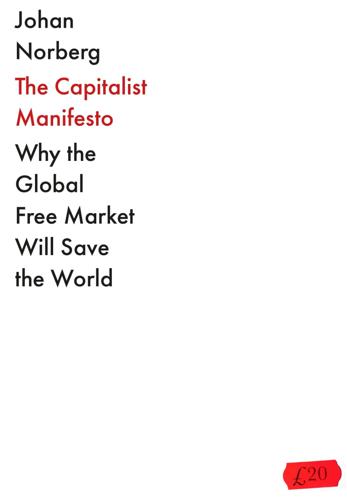
The Capitalist Manifesto
by Johan Norberg · 14 Jun 2023 · 295pp · 87,204 words
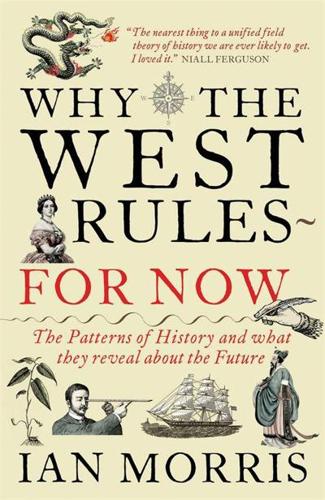
Why the West Rules--For Now: The Patterns of History, and What They Reveal About the Future
by Ian Morris · 11 Oct 2010 · 1,152pp · 266,246 words
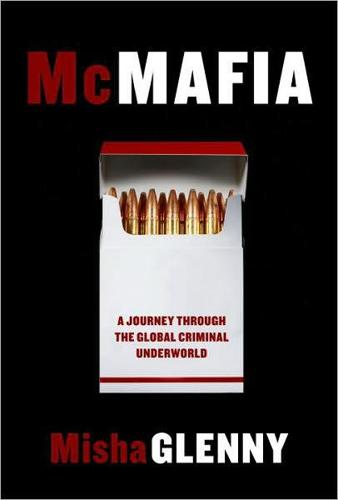
McMafia: A Journey Through the Global Criminal Underworld
by Misha Glenny · 7 Apr 2008 · 487pp · 147,891 words
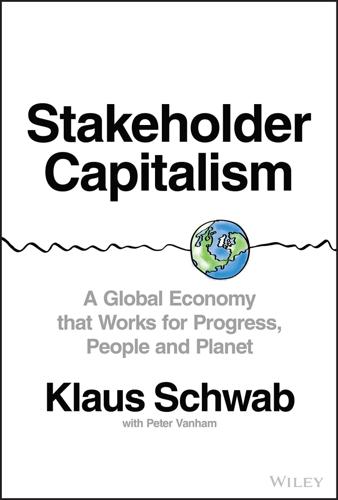
Stakeholder Capitalism: A Global Economy That Works for Progress, People and Planet
by Klaus Schwab and Peter Vanham · 27 Jan 2021 · 460pp · 107,454 words
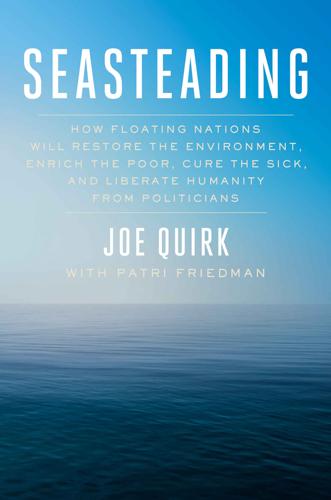
Seasteading: How Floating Nations Will Restore the Environment, Enrich the Poor, Cure the Sick, and Liberate Humanity From Politicians
by Joe Quirk and Patri Friedman · 21 Mar 2017 · 441pp · 113,244 words
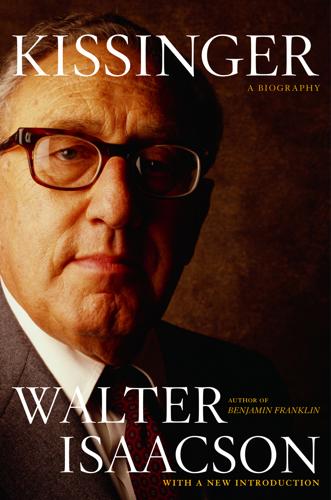
Kissinger: A Biography
by Walter Isaacson · 26 Sep 2005 · 1,330pp · 372,940 words
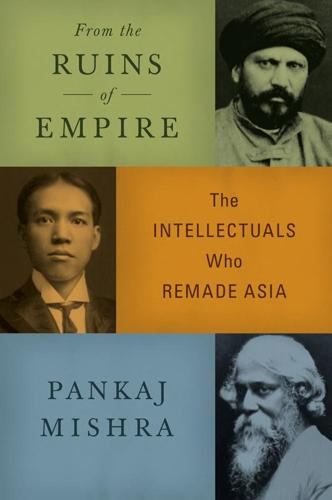
From the Ruins of Empire: The Intellectuals Who Remade Asia
by Pankaj Mishra · 3 Sep 2012
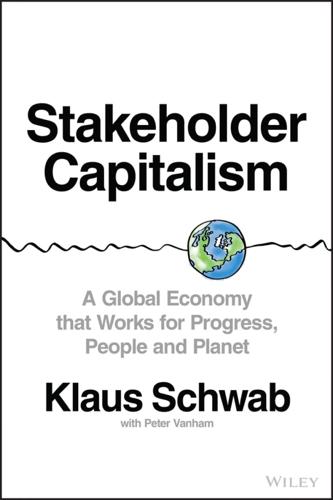
Stakeholder Capitalism: A Global Economy That Works for Progress, People and Planet
by Klaus Schwab · 7 Jan 2021 · 460pp · 107,454 words
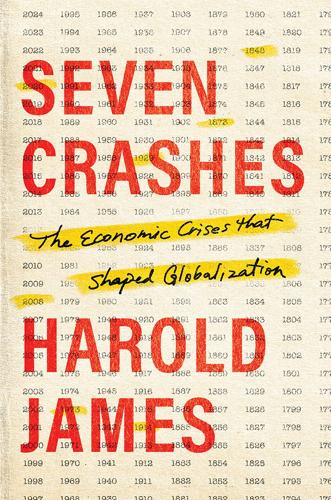
Seven Crashes: The Economic Crises That Shaped Globalization
by Harold James · 15 Jan 2023 · 469pp · 137,880 words
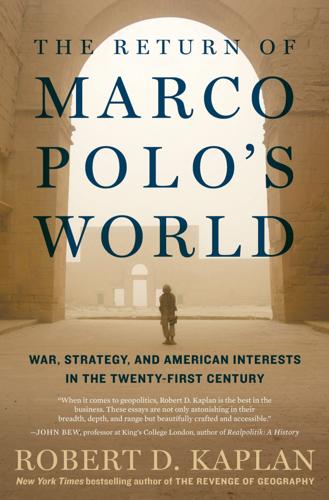
The Return of Marco Polo's World: War, Strategy, and American Interests in the Twenty-First Century
by Robert D. Kaplan · 6 Mar 2018 · 247pp · 78,961 words
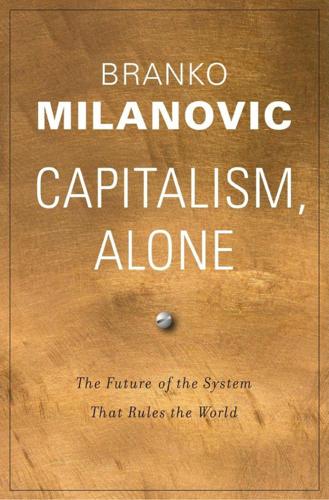
Capitalism, Alone: The Future of the System That Rules the World
by Branko Milanovic · 23 Sep 2019

Water: A Biography
by Giulio Boccaletti · 13 Sep 2021 · 485pp · 133,655 words
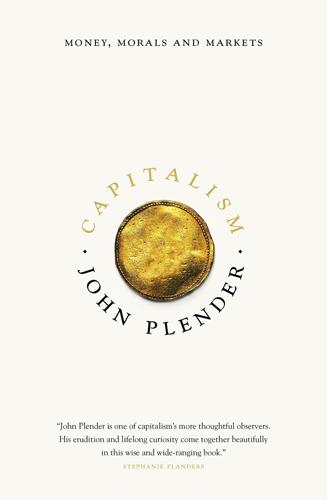
Capitalism: Money, Morals and Markets
by John Plender · 27 Jul 2015 · 355pp · 92,571 words
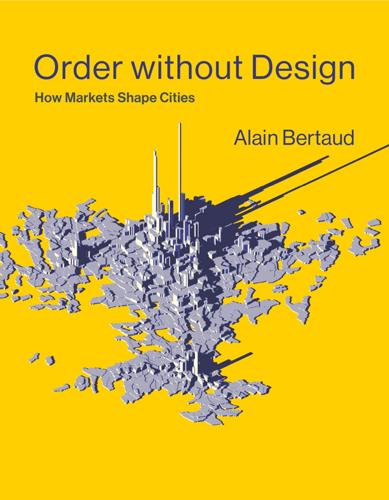
Order Without Design: How Markets Shape Cities
by Alain Bertaud · 9 Nov 2018 · 769pp · 169,096 words
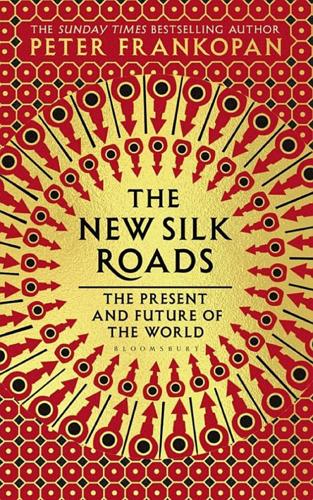
The New Silk Roads: The Present and Future of the World
by Peter Frankopan · 14 Jun 2018 · 352pp · 80,030 words
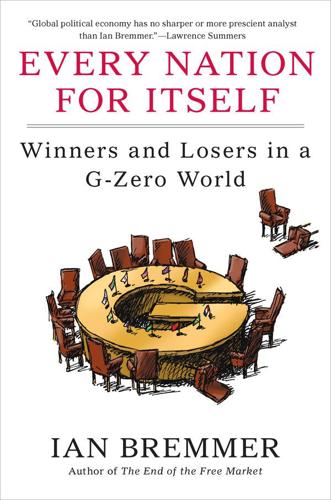
Every Nation for Itself: Winners and Losers in a G-Zero World
by Ian Bremmer · 30 Apr 2012 · 234pp · 63,149 words
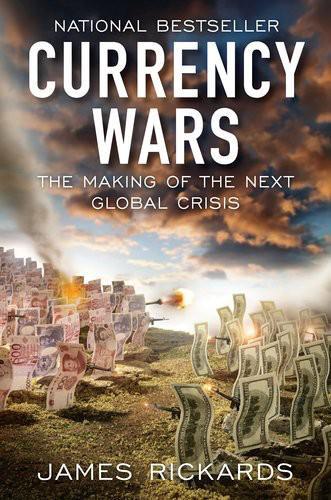
Currency Wars: The Making of the Next Gobal Crisis
by James Rickards · 10 Nov 2011 · 381pp · 101,559 words

Aerotropolis
by John D. Kasarda and Greg Lindsay · 2 Jan 2009 · 603pp · 182,781 words
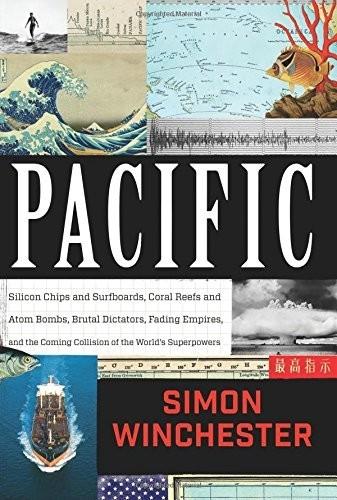
Pacific: Silicon Chips and Surfboards, Coral Reefs and Atom Bombs, Brutal Dictators, Fading Empires, and the Coming Collision of the World's Superpowers
by Simon Winchester · 27 Oct 2015 · 535pp · 151,217 words
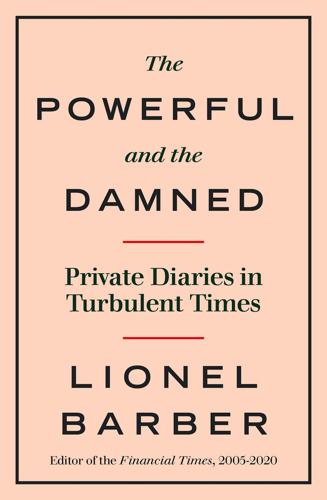
The Powerful and the Damned: Private Diaries in Turbulent Times
by Lionel Barber · 5 Nov 2020
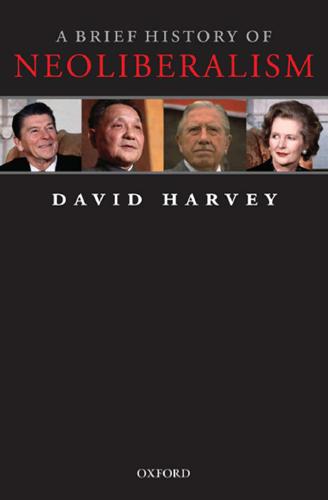
A Brief History of Neoliberalism
by David Harvey · 2 Jan 1995 · 318pp · 85,824 words
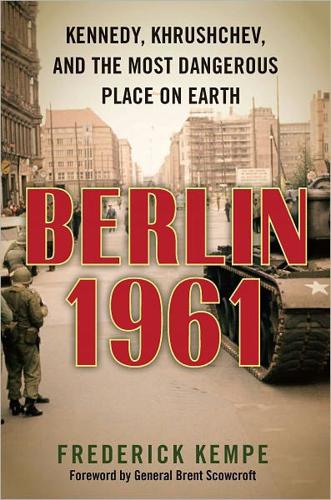
Berlin 1961: Kennedy, Khrushchev, and the Most Dangerous Place on Earth
by Frederick Kempe · 30 Apr 2011 · 762pp · 206,865 words
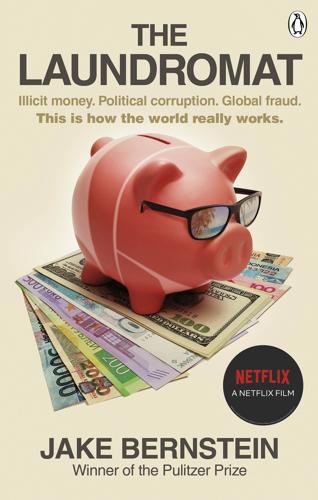
The Laundromat : Inside the Panama Papers, Illicit Money Networks, and the Global Elite
by Jake Bernstein · 14 Oct 2019 · 470pp · 125,992 words
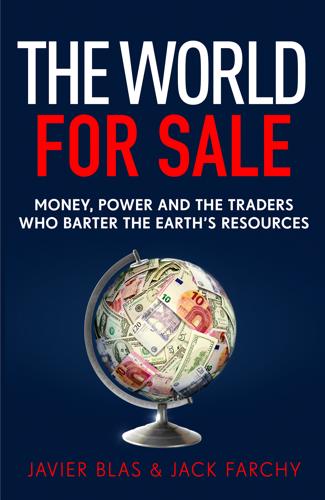
The World for Sale: Money, Power and the Traders Who Barter the Earth’s Resources
by Javier Blas and Jack Farchy · 25 Feb 2021 · 565pp · 134,138 words
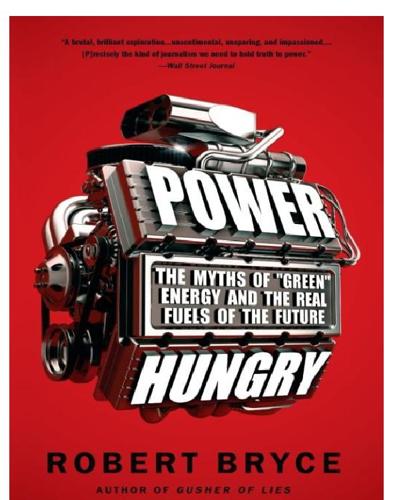
Power Hungry: The Myths of "Green" Energy and the Real Fuels of the Future
by Robert Bryce · 26 Apr 2011 · 520pp · 129,887 words
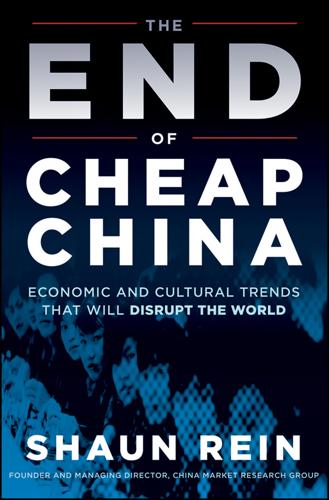
The End of Cheap China: Economic and Cultural Trends That Will Disrupt the World
by Shaun Rein · 27 Mar 2012 · 251pp · 63,630 words
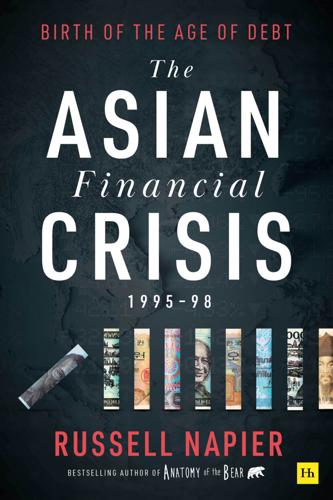
The Asian Financial Crisis 1995–98: Birth of the Age of Debt
by Russell Napier · 19 Jul 2021 · 511pp · 151,359 words
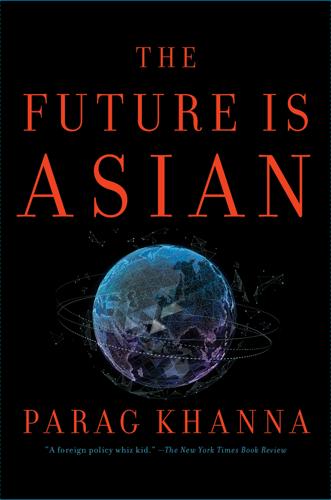
The Future Is Asian
by Parag Khanna · 5 Feb 2019 · 496pp · 131,938 words
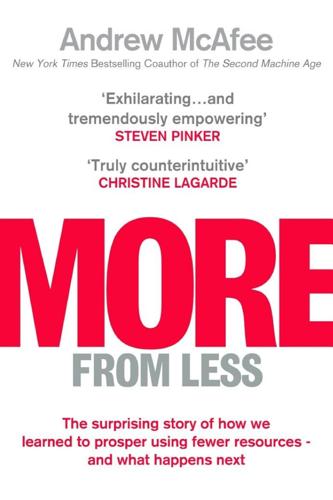
More From Less: The Surprising Story of How We Learned to Prosper Using Fewer Resources – and What Happens Next
by Andrew McAfee · 30 Sep 2019 · 372pp · 94,153 words
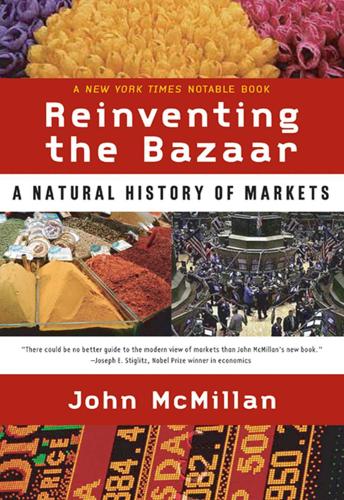
Reinventing the Bazaar: A Natural History of Markets
by John McMillan · 1 Jan 2002 · 350pp · 103,988 words
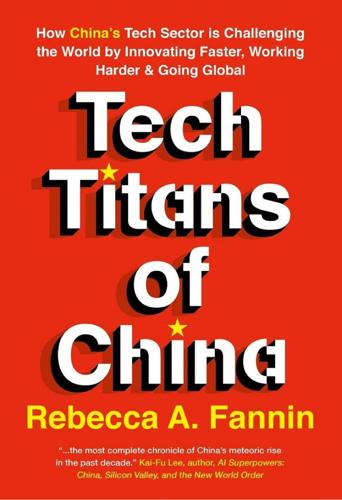
Tech Titans of China: How China's Tech Sector Is Challenging the World by Innovating Faster, Working Harder, and Going Global
by Rebecca Fannin · 2 Sep 2019 · 269pp · 70,543 words
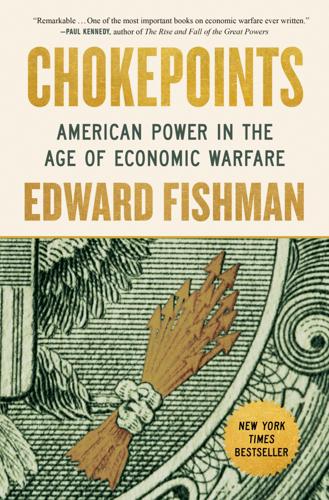
Chokepoints: American Power in the Age of Economic Warfare
by Edward Fishman · 25 Feb 2025 · 884pp · 221,861 words
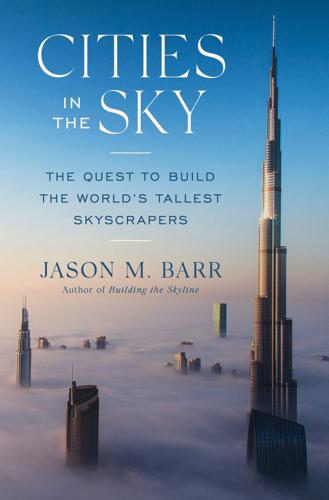
Cities in the Sky: The Quest to Build the World's Tallest Skyscrapers
by Jason M. Barr · 13 May 2024 · 292pp · 107,998 words
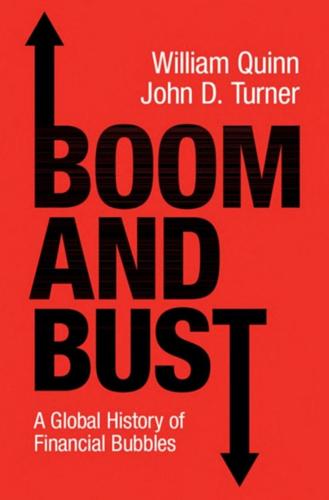
Boom and Bust: A Global History of Financial Bubbles
by William Quinn and John D. Turner · 5 Aug 2020 · 297pp · 108,353 words
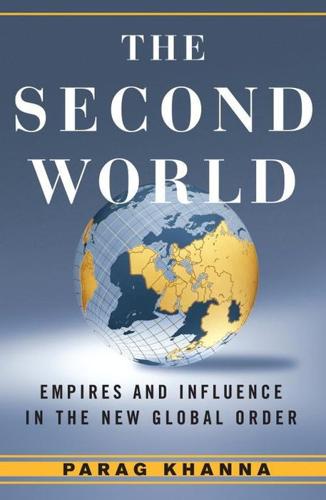
Second World: Empires and Influence in the New Global Order
by Parag Khanna · 4 Mar 2008 · 537pp · 158,544 words
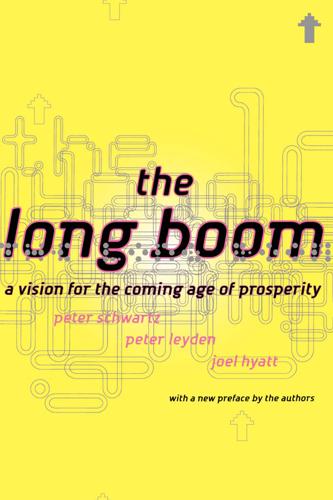
The Long Boom: A Vision for the Coming Age of Prosperity
by Peter Schwartz, Peter Leyden and Joel Hyatt · 18 Oct 2000 · 353pp · 355 words
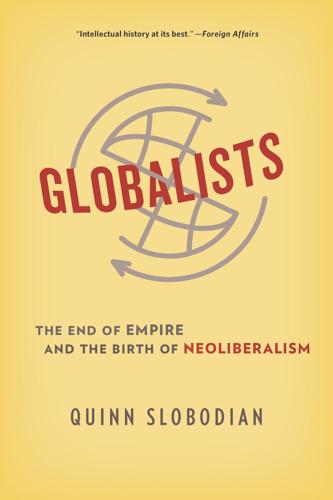
Globalists
by Quinn Slobodian · 16 Mar 2018 · 451pp · 142,662 words
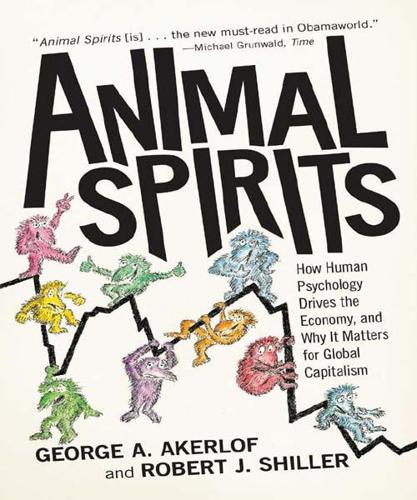
Animal Spirits: How Human Psychology Drives the Economy, and Why It Matters for Global Capitalism
by George A. Akerlof and Robert J. Shiller · 1 Jan 2009 · 471pp · 97,152 words

Ghosts of Empire: Britain's Legacies in the Modern World
by Kwasi Kwarteng · 14 Aug 2011 · 670pp · 169,815 words
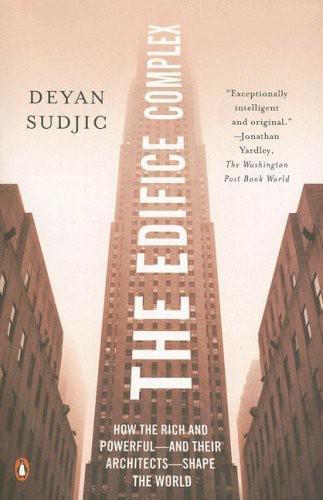
The Edifice Complex: How the Rich and Powerful--And Their Architects--Shape the World
by Deyan Sudjic · 27 Nov 2006 · 441pp · 135,176 words
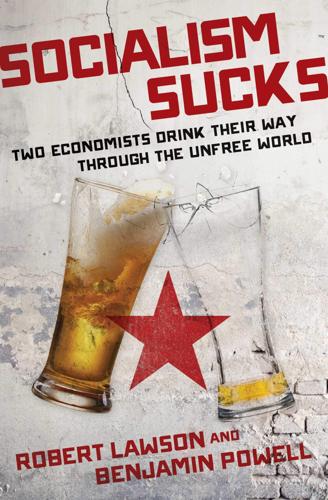
Socialism Sucks: Two Economists Drink Their Way Through the Unfree World
by Robert Lawson and Benjamin Powell · 29 Jul 2019 · 164pp · 44,947 words
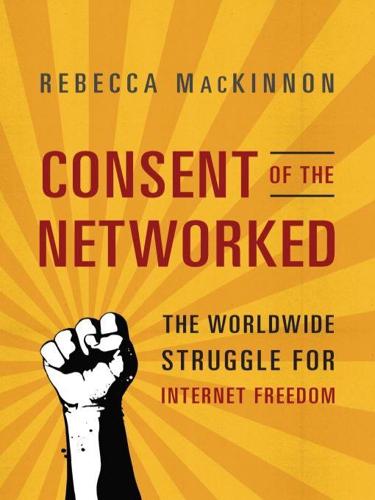
Consent of the Networked: The Worldwide Struggle for Internet Freedom
by Rebecca MacKinnon · 31 Jan 2012 · 390pp · 96,624 words
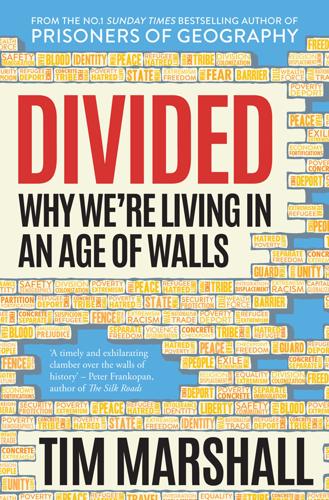
Divided: Why We're Living in an Age of Walls
by Tim Marshall · 8 Mar 2018 · 256pp · 75,139 words
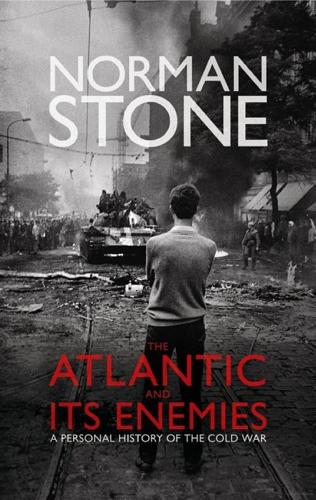
The Atlantic and Its Enemies: A History of the Cold War
by Norman Stone · 15 Feb 2010 · 851pp · 247,711 words
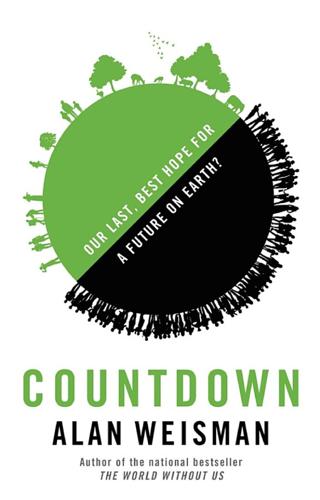
Countdown: Our Last, Best Hope for a Future on Earth?
by Alan Weisman · 23 Sep 2013 · 579pp · 164,339 words
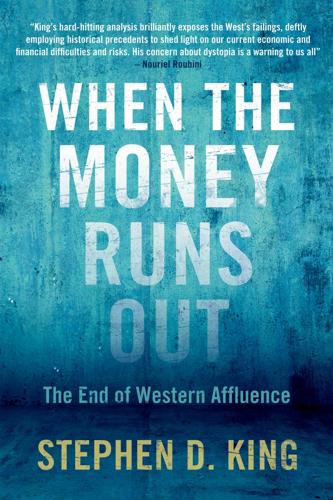
When the Money Runs Out: The End of Western Affluence
by Stephen D. King · 17 Jun 2013 · 324pp · 90,253 words
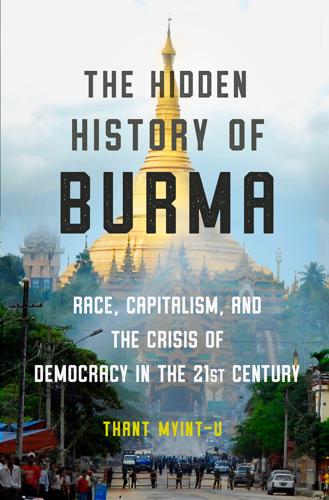
The Hidden History of Burma
by Thant Myint-U
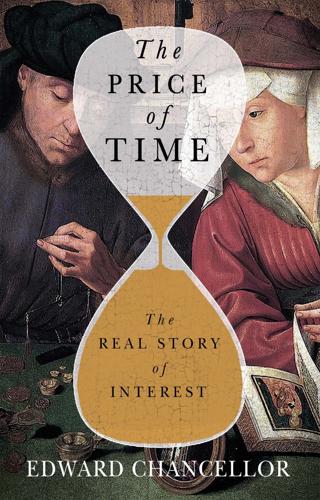
The Price of Time: The Real Story of Interest
by Edward Chancellor · 15 Aug 2022 · 829pp · 187,394 words
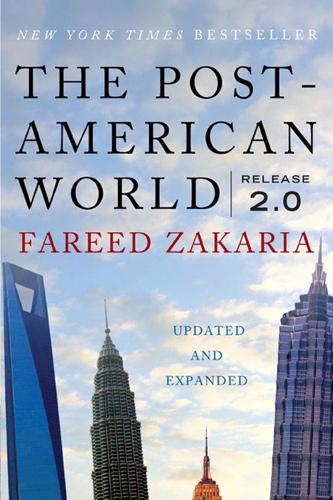
The Post-American World: Release 2.0
by Fareed Zakaria · 1 Jan 2008 · 344pp · 93,858 words
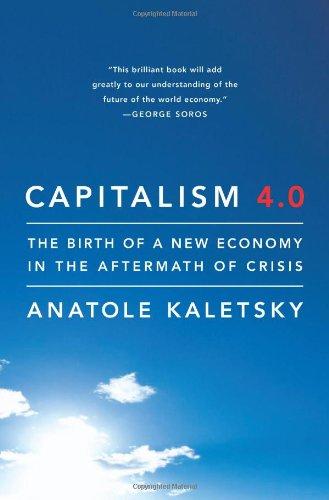
Capitalism 4.0: The Birth of a New Economy in the Aftermath of Crisis
by Anatole Kaletsky · 22 Jun 2010 · 484pp · 136,735 words
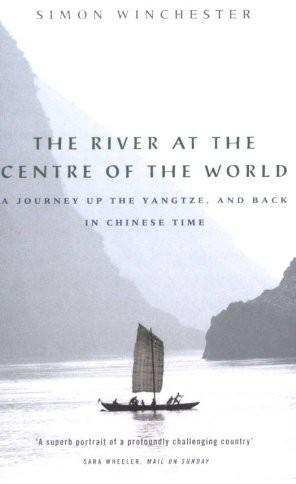
The River at the Centre of the World
by Simon Winchester · 1 Jan 1996 · 498pp · 153,927 words
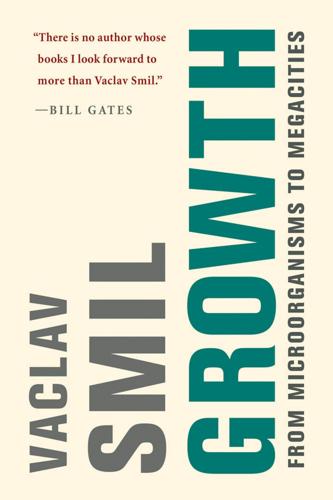
Growth: From Microorganisms to Megacities
by Vaclav Smil · 23 Sep 2019
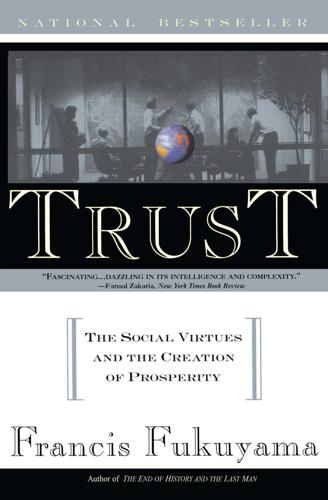
Trust: The Social Virtue and the Creation of Prosperity
by Francis Fukuyama · 1 Jan 1995 · 585pp · 165,304 words
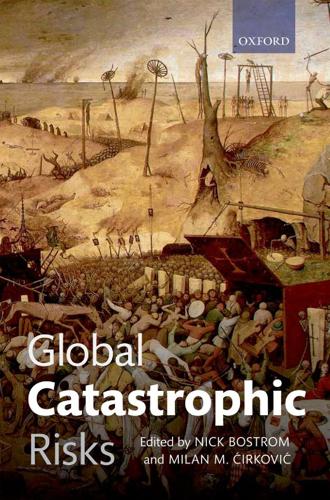
Global Catastrophic Risks
by Nick Bostrom and Milan M. Cirkovic · 2 Jul 2008
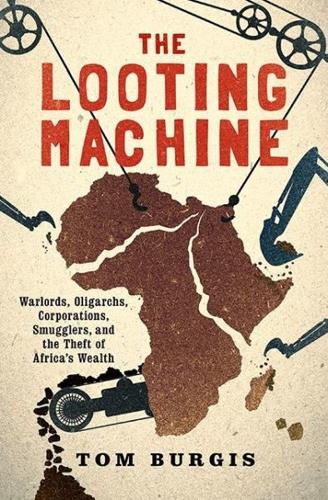
The Looting Machine: Warlords, Oligarchs, Corporations, Smugglers, and the Theft of Africa's Wealth
by Tom Burgis · 24 Mar 2015 · 413pp · 119,379 words
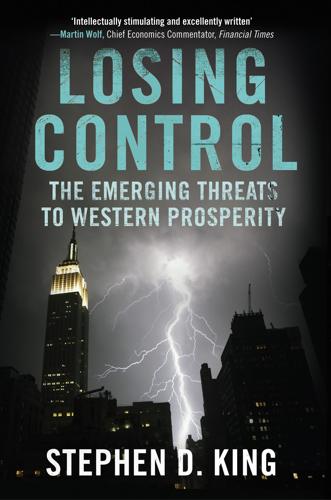
Losing Control: The Emerging Threats to Western Prosperity
by Stephen D. King · 14 Jun 2010 · 561pp · 87,892 words
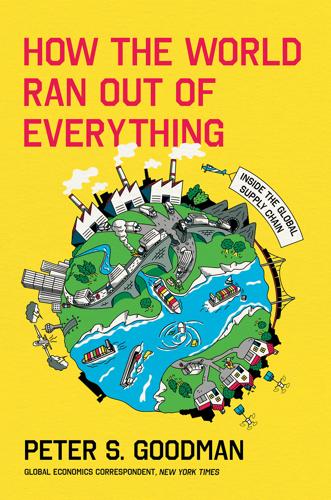
How the World Ran Out of Everything
by Peter S. Goodman · 11 Jun 2024 · 528pp · 127,605 words
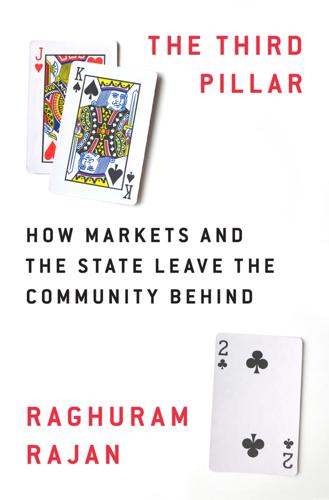
The Third Pillar: How Markets and the State Leave the Community Behind
by Raghuram Rajan · 26 Feb 2019 · 596pp · 163,682 words
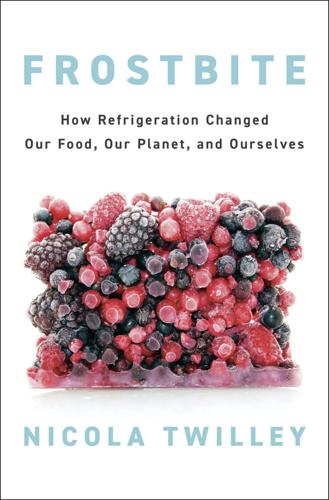
Frostbite: How Refrigeration Changed Our Food, Our Planet, and Ourselves
by Nicola Twilley · 24 Jun 2024 · 428pp · 125,388 words
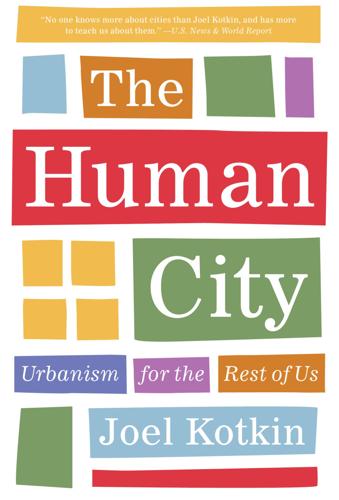
The Human City: Urbanism for the Rest of Us
by Joel Kotkin · 11 Apr 2016 · 565pp · 122,605 words
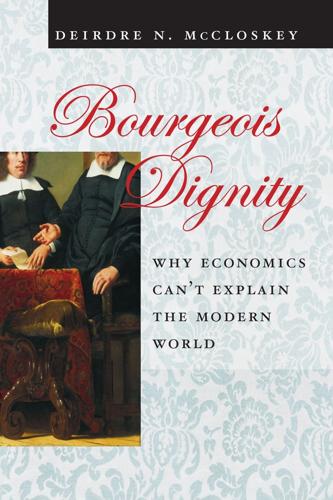
Bourgeois Dignity: Why Economics Can't Explain the Modern World
by Deirdre N. McCloskey · 15 Nov 2011 · 1,205pp · 308,891 words
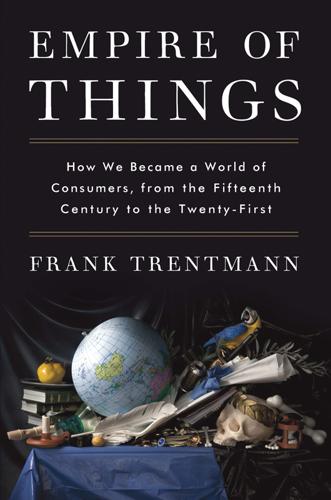
Empire of Things: How We Became a World of Consumers, From the Fifteenth Century to the Twenty-First
by Frank Trentmann · 1 Dec 2015 · 1,213pp · 376,284 words
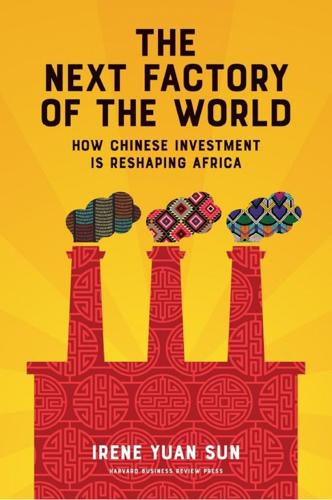
The Next Factory of the World: How Chinese Investment Is Reshaping Africa
by Irene Yuan Sun · 16 Oct 2017 · 239pp · 62,311 words
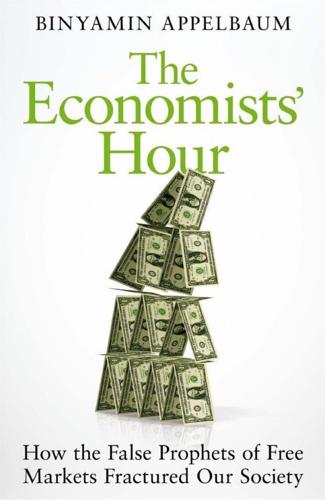
The Economists' Hour: How the False Prophets of Free Markets Fractured Our Society
by Binyamin Appelbaum · 4 Sep 2019 · 614pp · 174,226 words
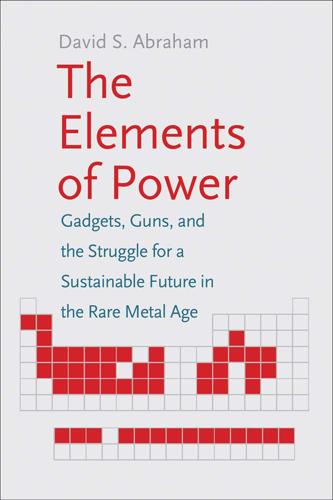
The Elements of Power: Gadgets, Guns, and the Struggle for a Sustainable Future in the Rare Metal Age
by David S. Abraham · 27 Oct 2015 · 386pp · 91,913 words
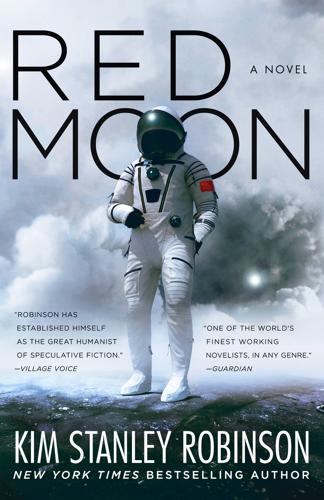
Red Moon
by Kim Stanley Robinson · 22 Oct 2018 · 492pp · 141,544 words
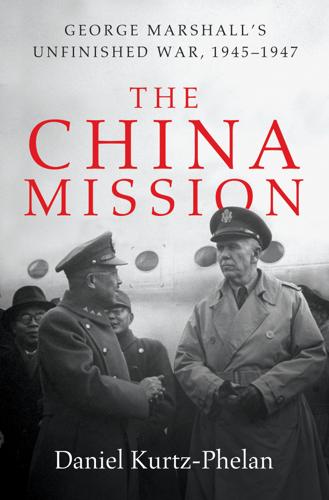
The China Mission: George Marshall's Unfinished War, 1945-1947
by Daniel Kurtz-Phelan · 9 Apr 2018
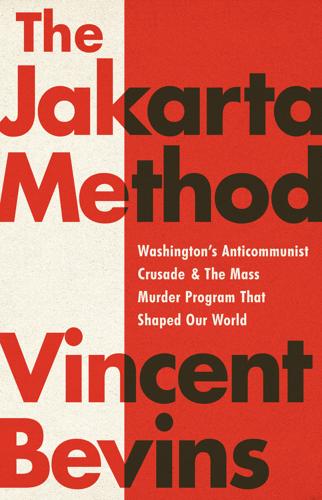
The Jakarta Method: Washington's Anticommunist Crusade and the Mass Murder Program That Shaped Our World
by Vincent Bevins · 18 May 2020 · 393pp · 115,178 words
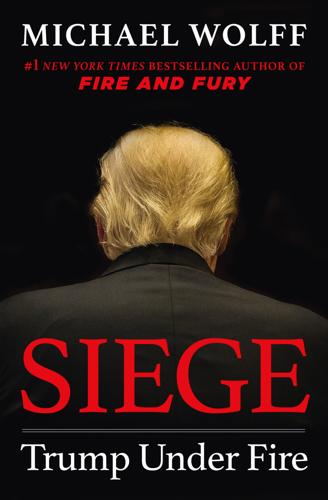
Siege: Trump Under Fire
by Michael Wolff · 3 Jun 2019 · 359pp · 113,847 words
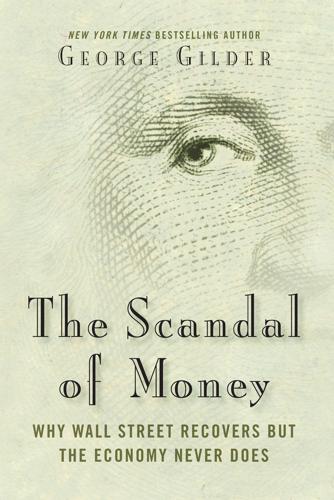
The Scandal of Money
by George Gilder · 23 Feb 2016 · 209pp · 53,236 words
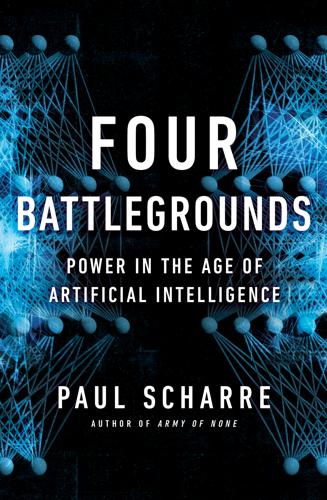
Four Battlegrounds
by Paul Scharre · 18 Jan 2023
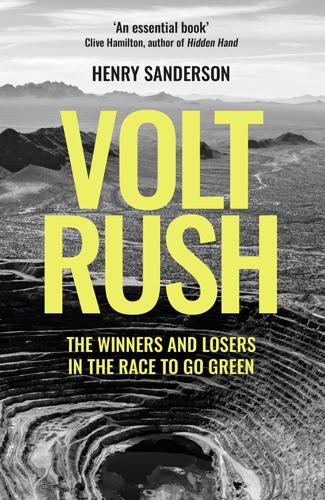
Volt Rush: The Winners and Losers in the Race to Go Green
by Henry Sanderson · 12 Sep 2022 · 292pp · 87,720 words
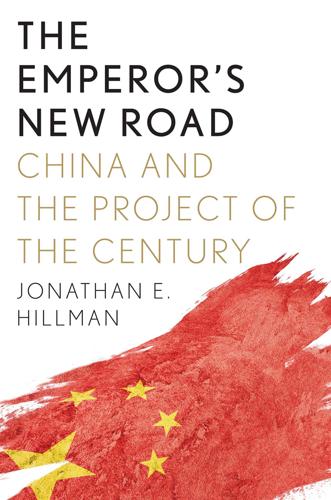
The Emperor's New Road: How China's New Silk Road Is Remaking the World
by Jonathan Hillman · 28 Sep 2020 · 388pp · 99,023 words
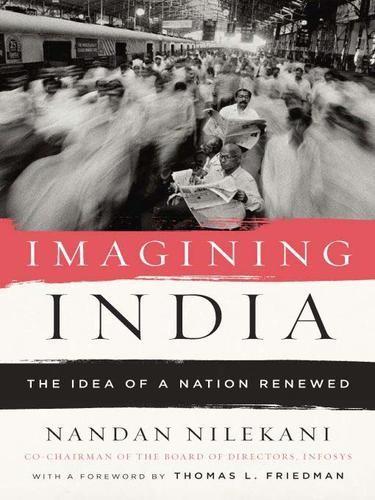
Imagining India
by Nandan Nilekani · 25 Nov 2008 · 777pp · 186,993 words

Evil Genes: Why Rome Fell, Hitler Rose, Enron Failed, and My Sister Stole My Mother's Boyfriend
by Barbara Oakley Phd · 20 Oct 2008
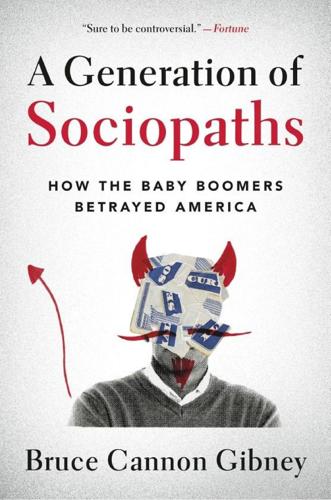
A Generation of Sociopaths: How the Baby Boomers Betrayed America
by Bruce Cannon Gibney · 7 Mar 2017 · 526pp · 160,601 words
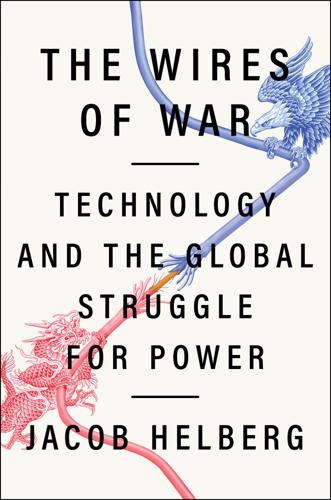
The Wires of War: Technology and the Global Struggle for Power
by Jacob Helberg · 11 Oct 2021 · 521pp · 118,183 words
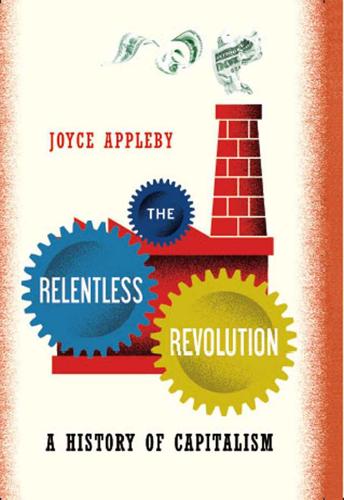
The Relentless Revolution: A History of Capitalism
by Joyce Appleby · 22 Dec 2009 · 540pp · 168,921 words
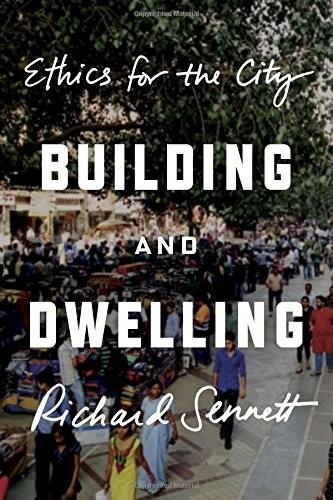
Building and Dwelling: Ethics for the City
by Richard Sennett · 9 Apr 2018
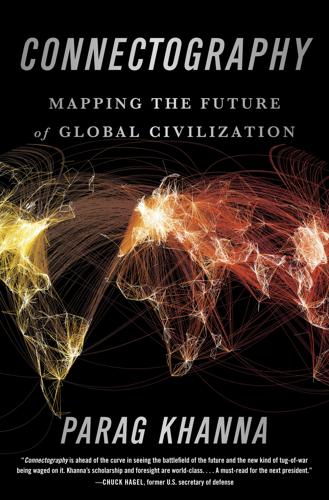
Connectography: Mapping the Future of Global Civilization
by Parag Khanna · 18 Apr 2016 · 497pp · 144,283 words
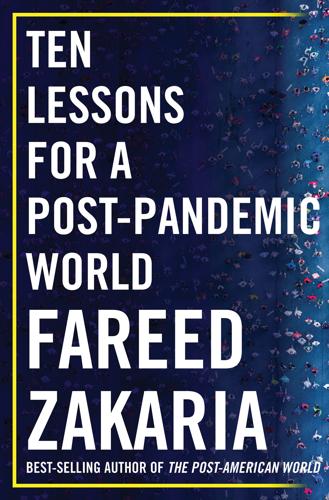
Ten Lessons for a Post-Pandemic World
by Fareed Zakaria · 5 Oct 2020 · 289pp · 86,165 words
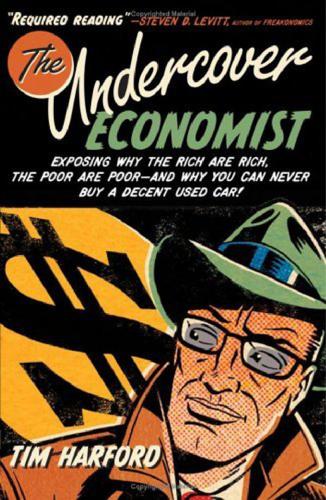
The Undercover Economist: Exposing Why the Rich Are Rich, the Poor Are Poor, and Why You Can Never Buy a Decent Used Car
by Tim Harford · 15 Mar 2006 · 389pp · 98,487 words
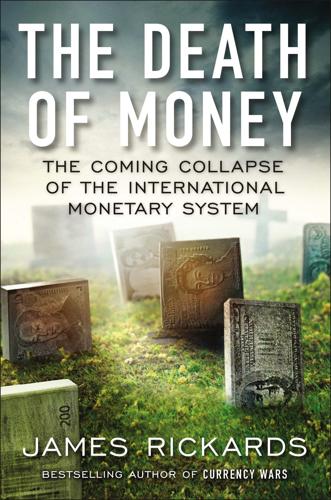
The Death of Money: The Coming Collapse of the International Monetary System
by James Rickards · 7 Apr 2014 · 466pp · 127,728 words
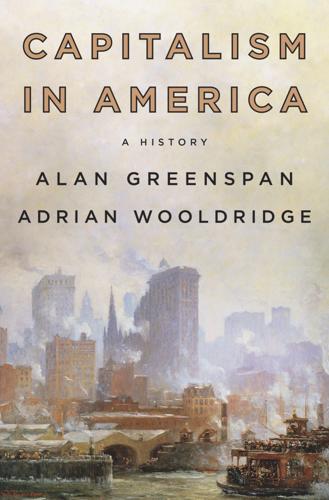
Capitalism in America: A History
by Adrian Wooldridge and Alan Greenspan · 15 Oct 2018 · 585pp · 151,239 words
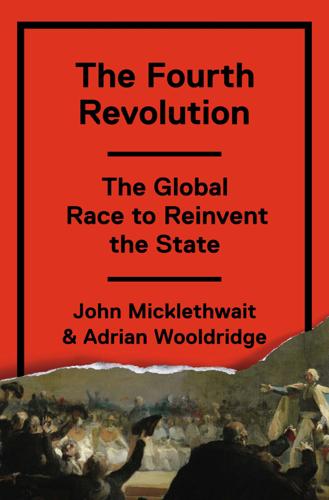
The Fourth Revolution: The Global Race to Reinvent the State
by John Micklethwait and Adrian Wooldridge · 14 May 2014 · 372pp · 92,477 words
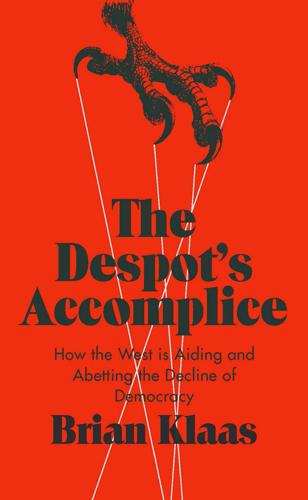
The Despot's Accomplice: How the West Is Aiding and Abetting the Decline of Democracy
by Brian Klaas · 15 Mar 2017
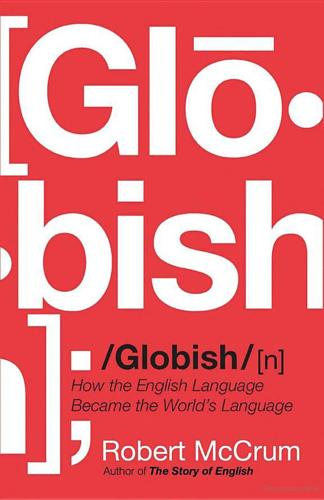
Globish: How the English Language Became the World's Language
by Robert McCrum · 24 May 2010 · 325pp · 99,983 words
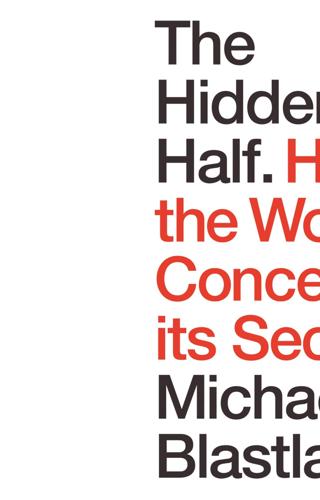
The Hidden Half: How the World Conceals Its Secrets
by Michael Blastland · 3 Apr 2019 · 290pp · 82,871 words
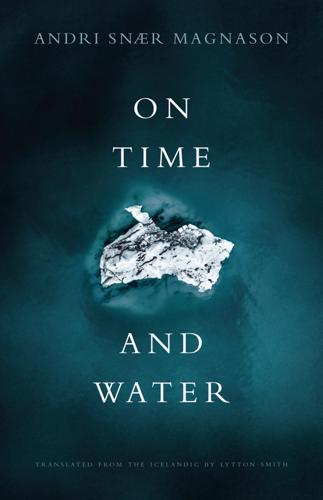
On Time and Water
by Andri Snaer Magnason · 15 Sep 2021 · 272pp · 77,108 words
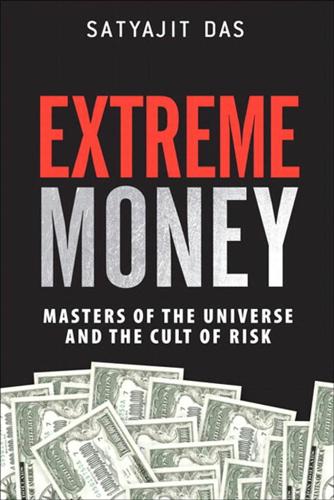
Extreme Money: Masters of the Universe and the Cult of Risk
by Satyajit Das · 14 Oct 2011 · 741pp · 179,454 words
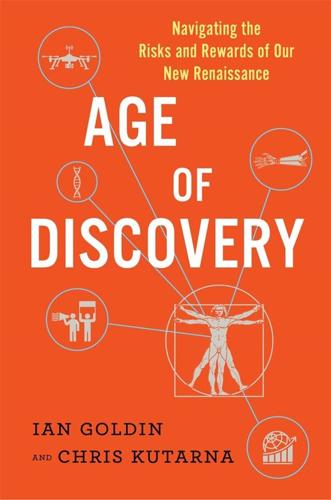
Age of Discovery: Navigating the Risks and Rewards of Our New Renaissance
by Ian Goldin and Chris Kutarna · 23 May 2016 · 437pp · 113,173 words
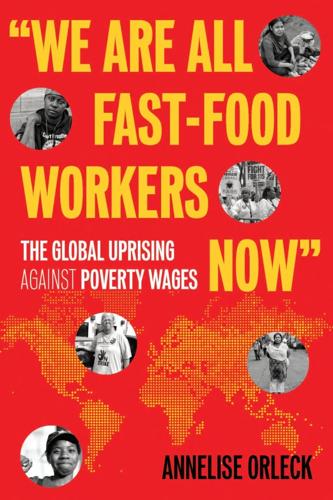
We Are All Fast-Food Workers Now: The Global Uprising Against Poverty Wages
by Annelise Orleck · 27 Feb 2018 · 382pp · 107,150 words
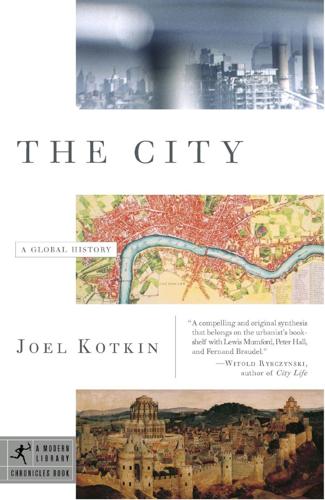
The City: A Global History
by Joel Kotkin · 1 Jan 2005
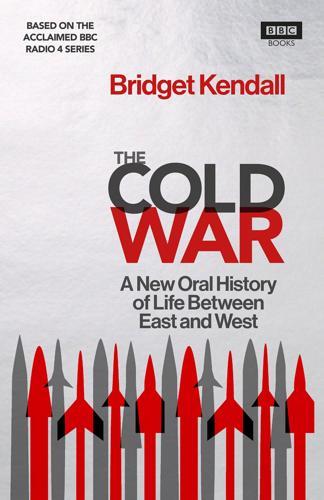
The Cold War: Stories From the Big Freeze
by Bridget Kendall · 14 May 2017 · 559pp · 178,279 words
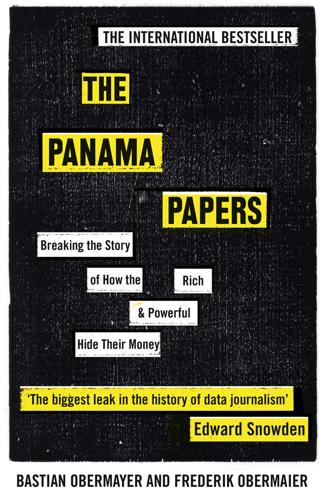
The Panama Papers: Breaking the Story of How the Rich and Powerful Hide Their Money
by Frederik Obermaier · 17 Jun 2016 · 372pp · 109,536 words
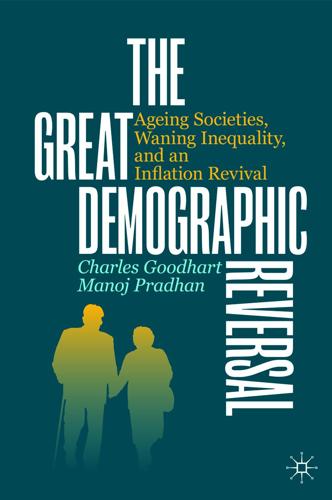
The Great Demographic Reversal: Ageing Societies, Waning Inequality, and an Inflation Revival
by Charles Goodhart and Manoj Pradhan · 8 Aug 2020 · 438pp · 84,256 words

Enriching the Earth: Fritz Haber, Carl Bosch, and the Transformation of World Food Production
by Vaclav Smil · 18 Dec 2000
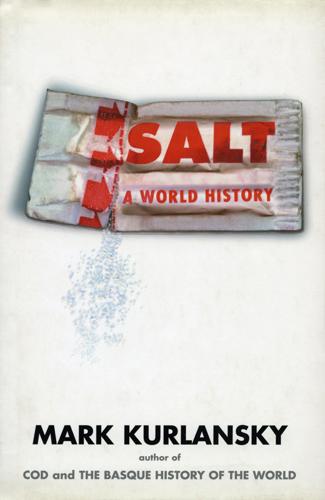
Salt: A World History
by Mark Kurlansky · 28 Jan 2003 · 401pp · 122,457 words
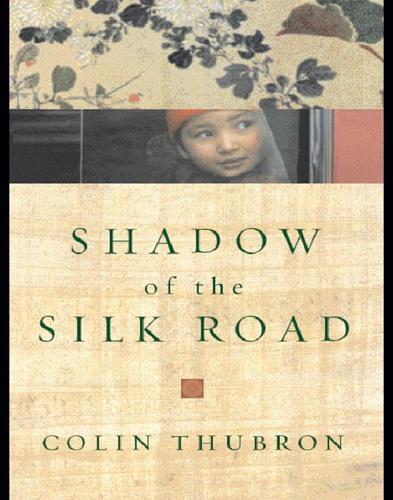
Shadow of the Silk Road
by Colin Thubron · 1 Jan 2006 · 419pp · 124,522 words
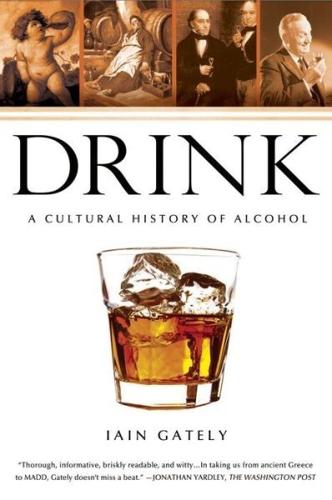
Drink: A Cultural History of Alcohol
by Iain Gately · 30 Jun 2008 · 686pp · 201,972 words
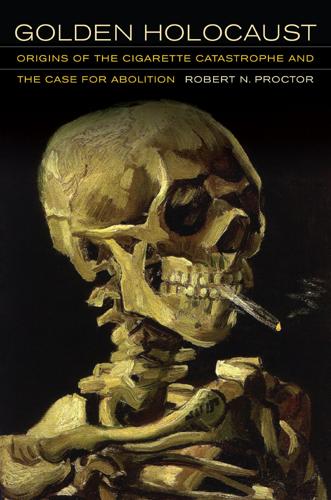
Golden Holocaust: Origins of the Cigarette Catastrophe and the Case for Abolition
by Robert N. Proctor · 28 Feb 2012 · 1,199pp · 332,563 words
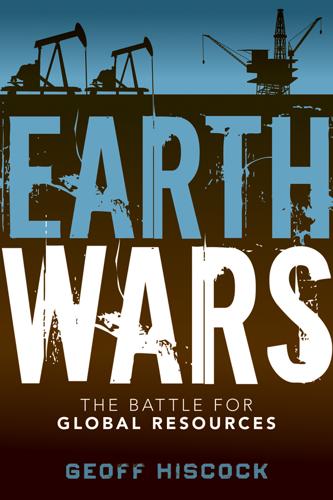
Earth Wars: The Battle for Global Resources
by Geoff Hiscock · 23 Apr 2012 · 363pp · 101,082 words
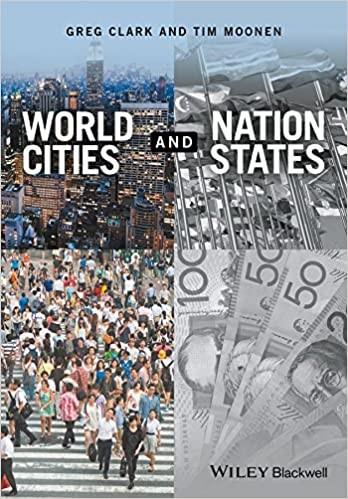
World Cities and Nation States
by Greg Clark and Tim Moonen · 19 Dec 2016
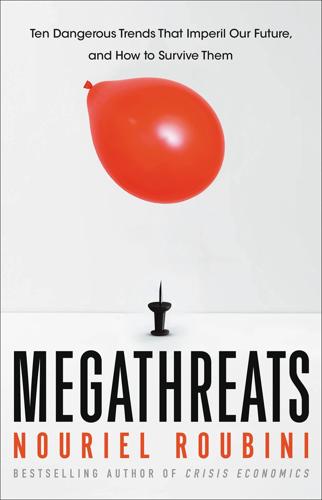
MegaThreats: Ten Dangerous Trends That Imperil Our Future, and How to Survive Them
by Nouriel Roubini · 17 Oct 2022 · 328pp · 96,678 words
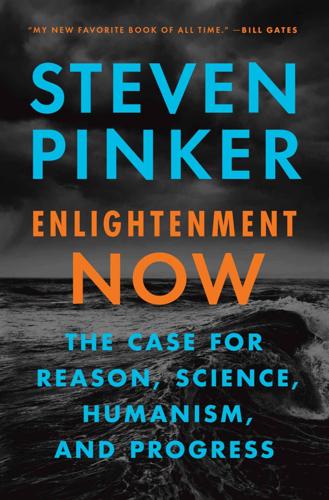
Enlightenment Now: The Case for Reason, Science, Humanism, and Progress
by Steven Pinker · 13 Feb 2018 · 1,034pp · 241,773 words
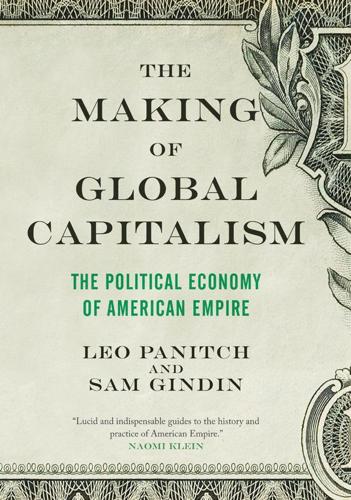
The Making of Global Capitalism
by Leo Panitch and Sam Gindin · 8 Oct 2012 · 823pp · 206,070 words
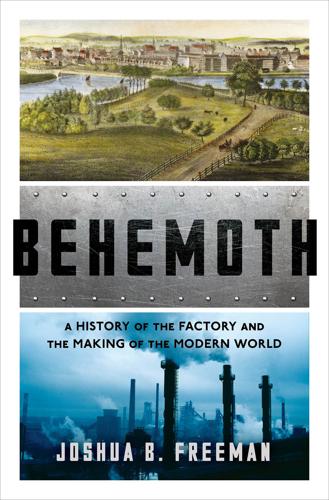
Behemoth: A History of the Factory and the Making of the Modern World
by Joshua B. Freeman · 27 Feb 2018 · 538pp · 145,243 words
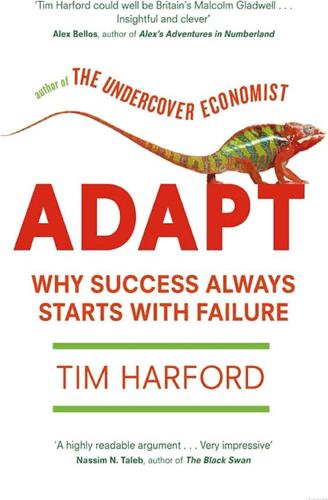
Adapt: Why Success Always Starts With Failure
by Tim Harford · 1 Jun 2011 · 459pp · 103,153 words
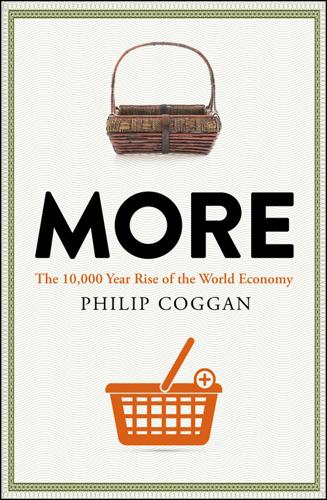
More: The 10,000-Year Rise of the World Economy
by Philip Coggan · 6 Feb 2020 · 524pp · 155,947 words
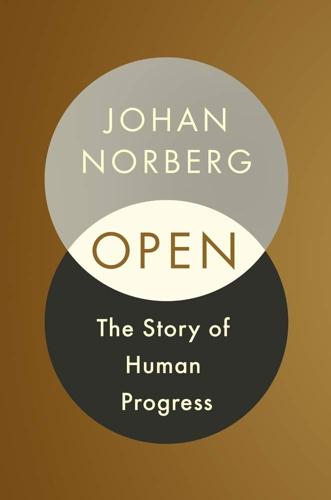
Open: The Story of Human Progress
by Johan Norberg · 14 Sep 2020 · 505pp · 138,917 words
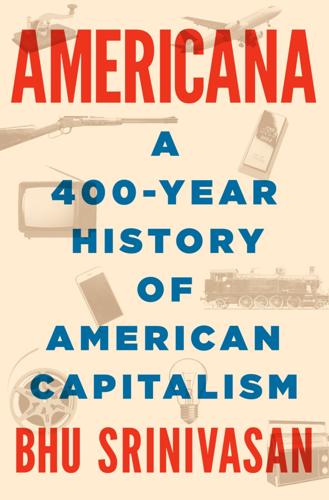
Americana: A 400-Year History of American Capitalism
by Bhu Srinivasan · 25 Sep 2017 · 801pp · 209,348 words
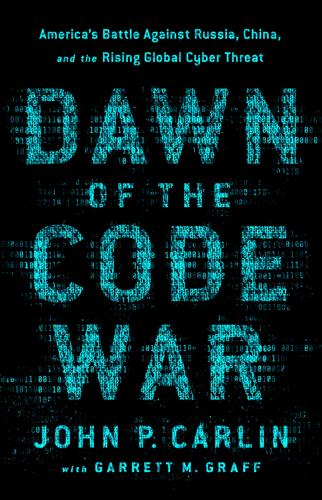
Dawn of the Code War: America's Battle Against Russia, China, and the Rising Global Cyber Threat
by John P. Carlin and Garrett M. Graff · 15 Oct 2018 · 568pp · 164,014 words
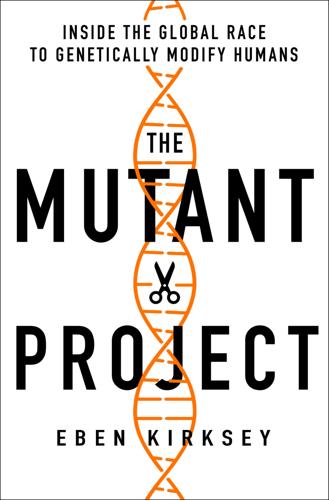
The Mutant Project: Inside the Global Race to Genetically Modify Humans
by Eben Kirksey · 10 Nov 2020 · 599pp · 98,564 words
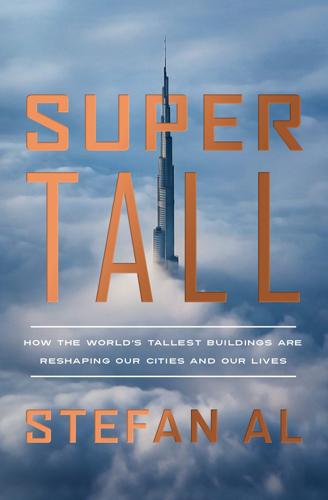
Supertall: How the World's Tallest Buildings Are Reshaping Our Cities and Our Lives
by Stefan Al · 11 Apr 2022 · 300pp · 81,293 words
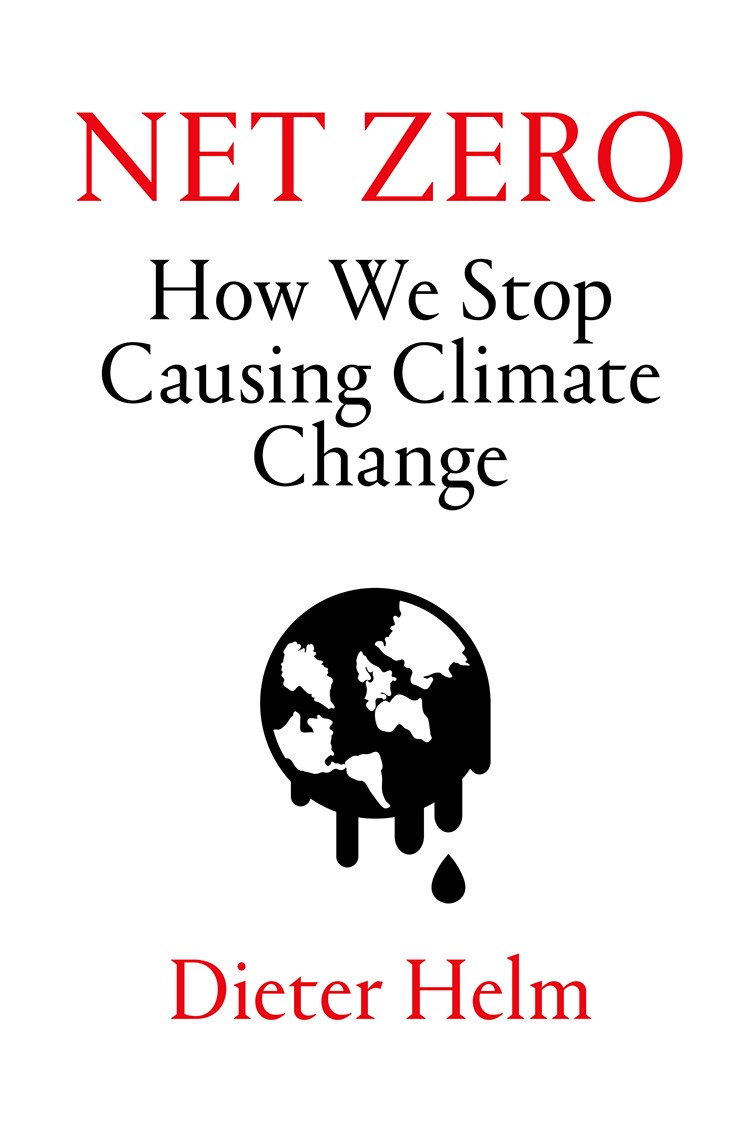
Net Zero: How We Stop Causing Climate Change
by Dieter Helm · 2 Sep 2020 · 304pp · 90,084 words
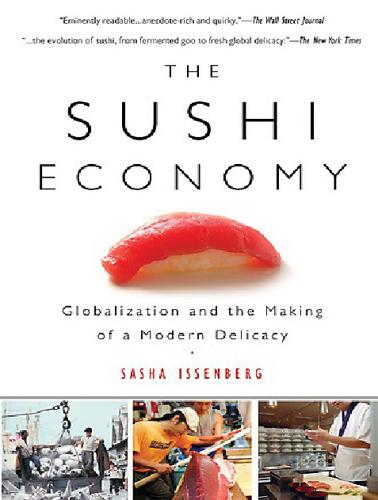
The Sushi Economy: Globalization and the Making of a Modern Delicacy
by Sasha Issenberg · 1 Jan 2007 · 534pp · 15,752 words
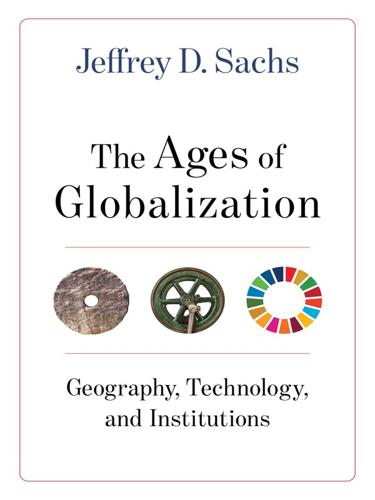
The Ages of Globalization
by Jeffrey D. Sachs · 2 Jun 2020
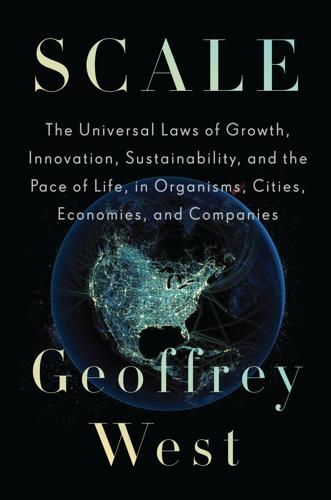
Scale: The Universal Laws of Growth, Innovation, Sustainability, and the Pace of Life in Organisms, Cities, Economies, and Companies
by Geoffrey West · 15 May 2017 · 578pp · 168,350 words
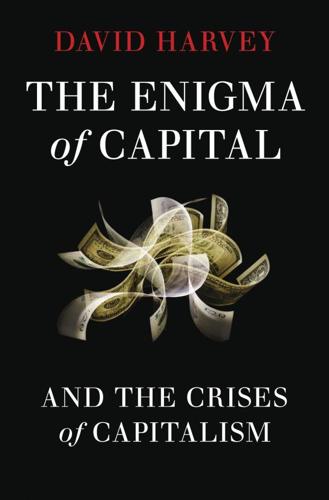
The Enigma of Capital: And the Crises of Capitalism
by David Harvey · 1 Jan 2010 · 369pp · 94,588 words
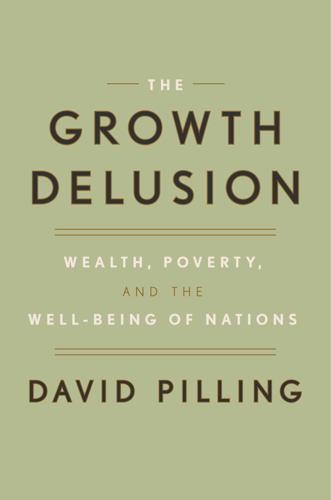
The Growth Delusion: Wealth, Poverty, and the Well-Being of Nations
by David Pilling · 30 Jan 2018 · 264pp · 76,643 words
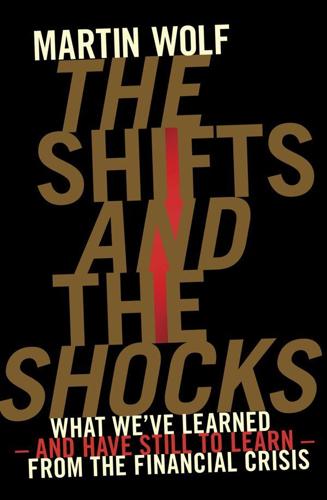
The Shifts and the Shocks: What We've Learned--And Have Still to Learn--From the Financial Crisis
by Martin Wolf · 24 Nov 2015 · 524pp · 143,993 words
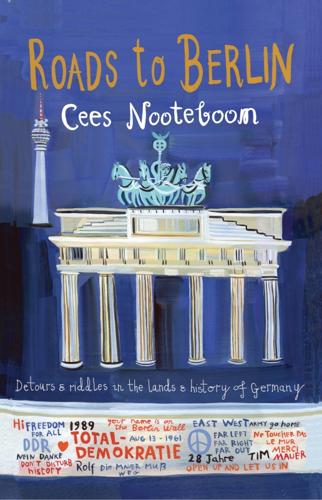
Roads to Berlin
by Cees Nooteboom and Laura Watkinson · 2 Jan 1990 · 378pp · 120,490 words
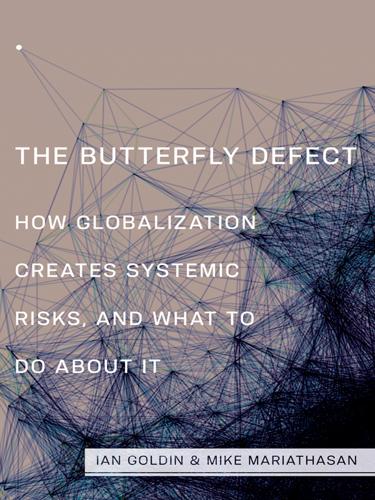
The Butterfly Defect: How Globalization Creates Systemic Risks, and What to Do About It
by Ian Goldin and Mike Mariathasan · 15 Mar 2014 · 414pp · 101,285 words
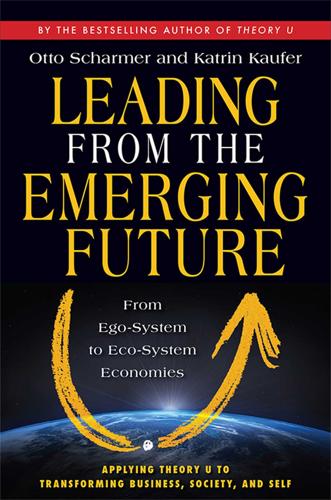
Leading From the Emerging Future: From Ego-System to Eco-System Economies
by Otto Scharmer and Katrin Kaufer · 14 Apr 2013 · 351pp · 93,982 words
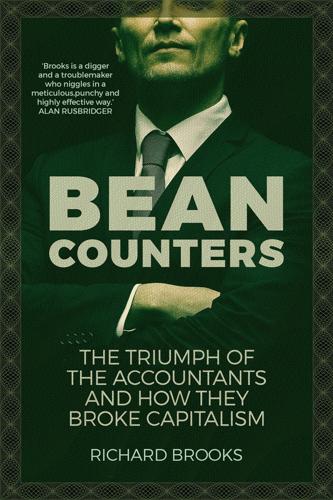
Bean Counters: The Triumph of the Accountants and How They Broke Capitalism
by Richard Brooks · 23 Apr 2018 · 398pp · 105,917 words
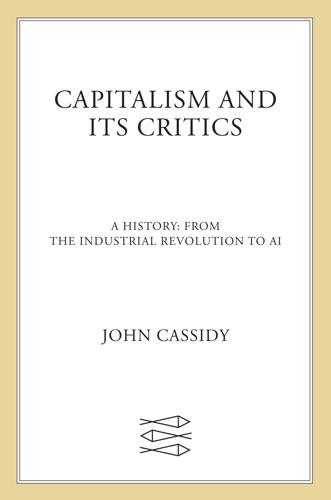
Capitalism and Its Critics: A History: From the Industrial Revolution to AI
by John Cassidy · 12 May 2025 · 774pp · 238,244 words
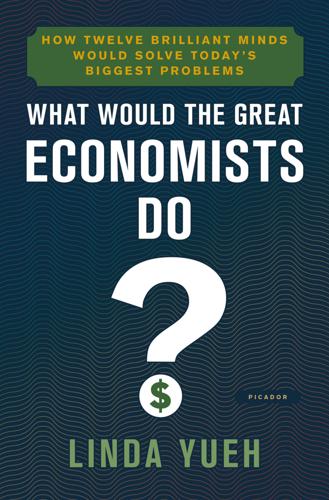
What Would the Great Economists Do?: How Twelve Brilliant Minds Would Solve Today's Biggest Problems
by Linda Yueh · 4 Jun 2018 · 453pp · 117,893 words
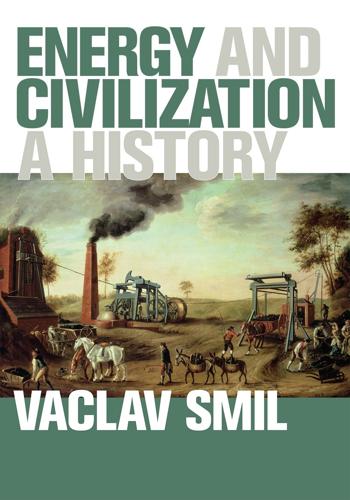
Energy and Civilization: A History
by Vaclav Smil · 11 May 2017
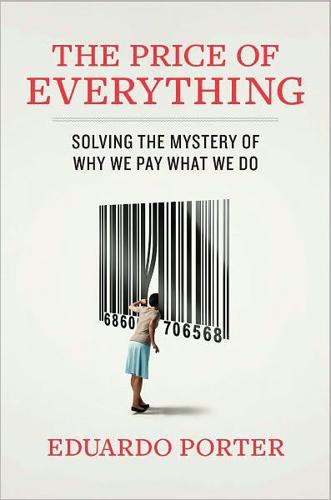
The Price of Everything: And the Hidden Logic of Value
by Eduardo Porter · 4 Jan 2011 · 353pp · 98,267 words
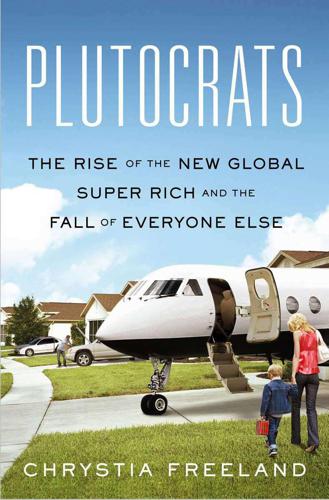
Plutocrats: The Rise of the New Global Super-Rich and the Fall of Everyone Else
by Chrystia Freeland · 11 Oct 2012 · 481pp · 120,693 words
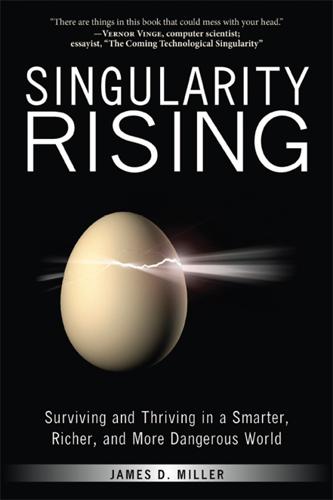
Singularity Rising: Surviving and Thriving in a Smarter, Richer, and More Dangerous World
by James D. Miller · 14 Jun 2012 · 377pp · 97,144 words
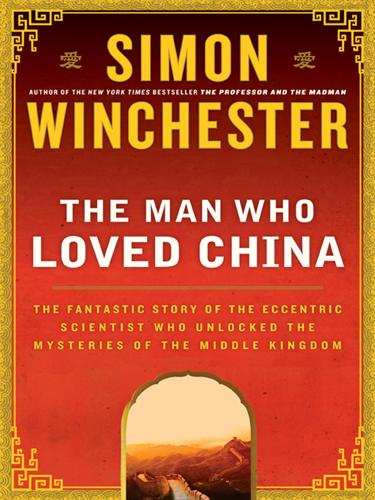
The Man Who Loved China: The Fantastic Story of the Eccentric Scientist Who Unlocked the Mysteries of the Middle Kingdom
by Simon Winchester · 1 Jan 2008 · 385pp · 105,627 words
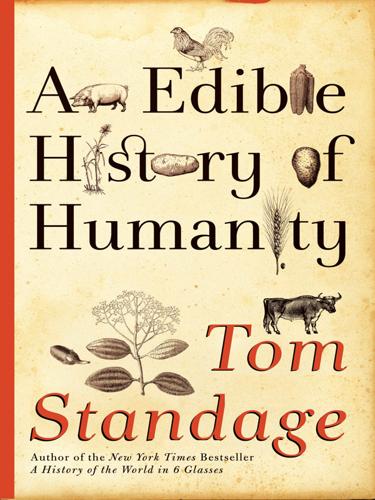
An Edible History of Humanity
by Tom Standage · 30 Jun 2009 · 282pp · 82,107 words
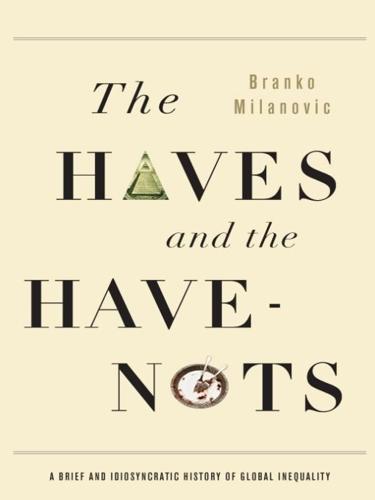
The Haves and the Have-Nots: A Brief and Idiosyncratic History of Global Inequality
by Branko Milanovic · 15 Dec 2010 · 251pp · 69,245 words
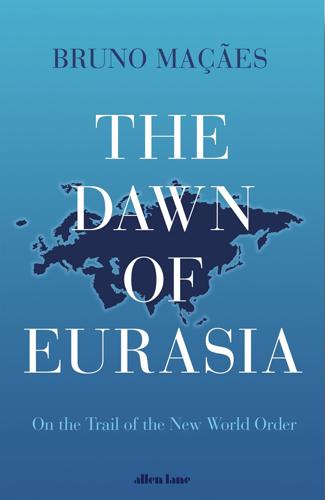
The Dawn of Eurasia: On the Trail of the New World Order
by Bruno Macaes · 25 Jan 2018 · 287pp · 95,152 words
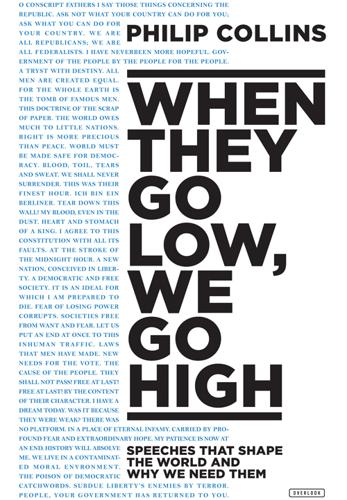
When They Go Low, We Go High: Speeches That Shape the World – and Why We Need Them
by Philip Collins · 4 Oct 2017 · 475pp · 156,046 words
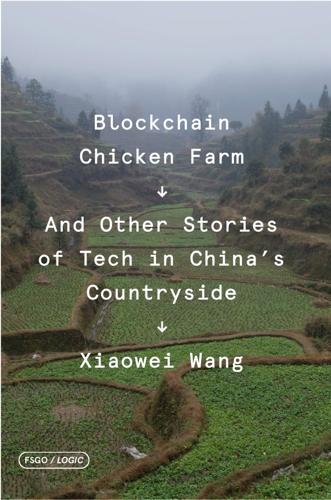
Blockchain Chicken Farm: And Other Stories of Tech in China's Countryside
by Xiaowei Wang · 12 Oct 2020 · 196pp · 61,981 words
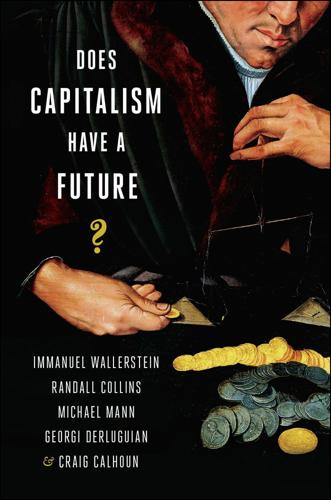
Does Capitalism Have a Future?
by Immanuel Wallerstein, Randall Collins, Michael Mann, Georgi Derluguian, Craig Calhoun, Stephen Hoye and Audible Studios · 15 Nov 2013 · 238pp · 73,121 words
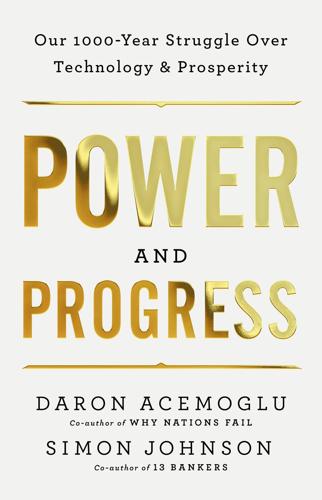
Power and Progress: Our Thousand-Year Struggle Over Technology and Prosperity
by Daron Acemoglu and Simon Johnson · 15 May 2023 · 619pp · 177,548 words
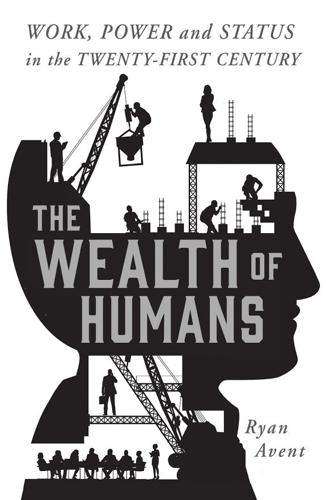
The Wealth of Humans: Work, Power, and Status in the Twenty-First Century
by Ryan Avent · 20 Sep 2016 · 323pp · 90,868 words
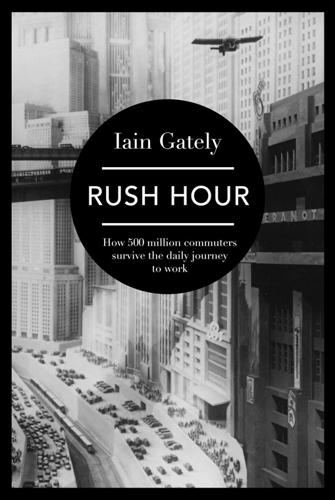
Rush Hour: How 500 Million Commuters Survive the Daily Journey to Work
by Iain Gately · 6 Nov 2014 · 352pp · 104,411 words
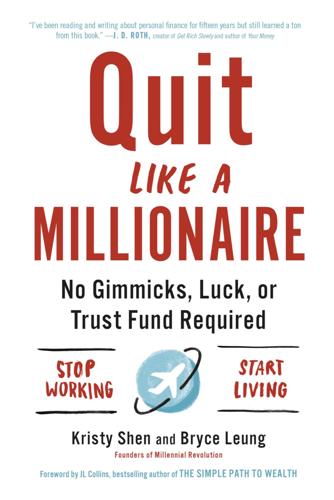
Quit Like a Millionaire: No Gimmicks, Luck, or Trust Fund Required
by Kristy Shen and Bryce Leung · 8 Jul 2019 · 389pp · 81,596 words
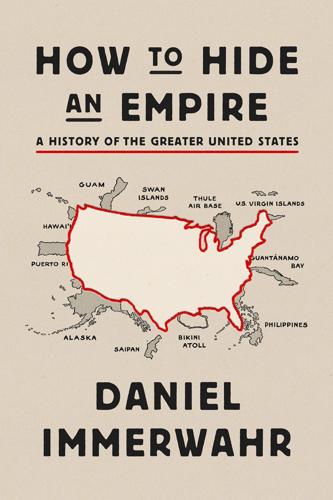
How to Hide an Empire: A History of the Greater United States
by Daniel Immerwahr · 19 Feb 2019
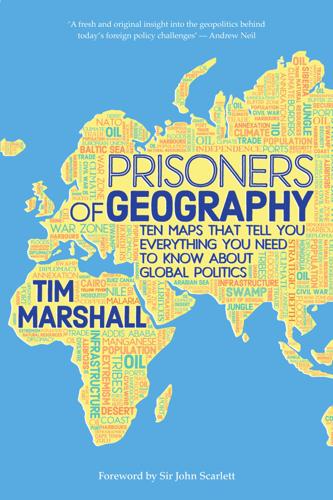
Prisoners of Geography: Ten Maps That Explain Everything About the World (Politics of Place)
by Tim Marshall · 10 Oct 2016 · 306pp · 79,537 words
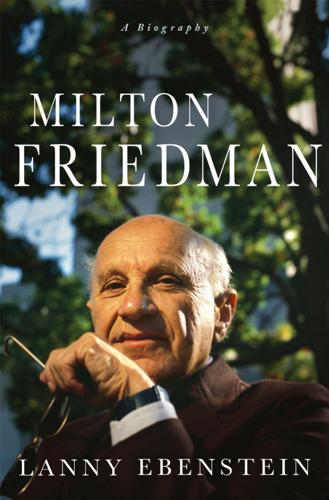
Milton Friedman: A Biography
by Lanny Ebenstein · 23 Jan 2007 · 298pp · 95,668 words
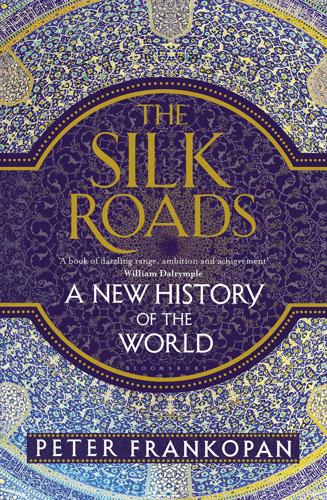
The Silk Roads: A New History of the World
by Peter Frankopan · 26 Aug 2015 · 1,042pp · 273,092 words

Mad Mobs and Englishmen? Myths and Realities of the 2011 Riots
by Steve Reicher and Cliff Stott · 18 Nov 2011 · 162pp · 34,454 words
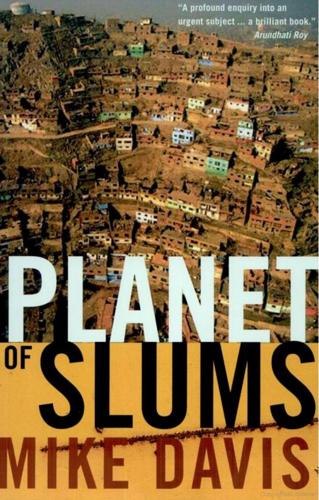
Planet of Slums
by Mike Davis · 1 Mar 2006 · 232pp
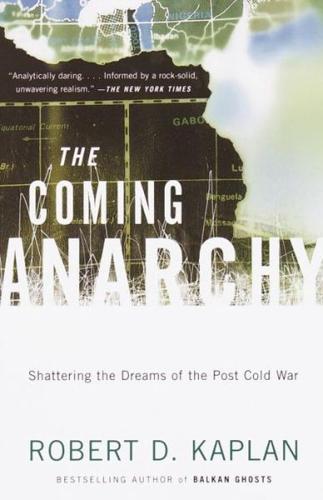
The Coming Anarchy: Shattering the Dreams of the Post Cold War
by Robert D. Kaplan · 1 Jan 1994 · 225pp · 189 words
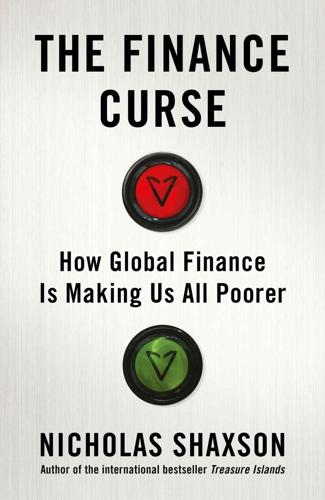
The Finance Curse: How Global Finance Is Making Us All Poorer
by Nicholas Shaxson · 10 Oct 2018 · 482pp · 149,351 words
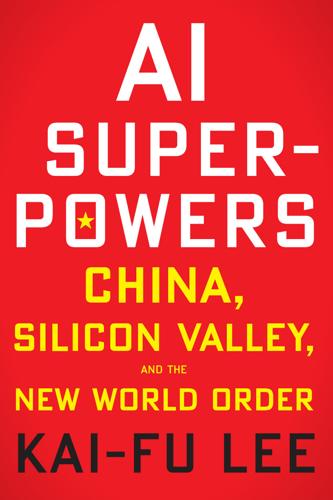
AI Superpowers: China, Silicon Valley, and the New World Order
by Kai-Fu Lee · 14 Sep 2018 · 307pp · 88,180 words
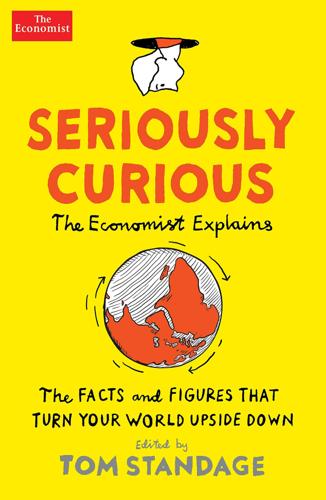
Seriously Curious: The Facts and Figures That Turn Our World Upside Down
by Tom Standage · 27 Nov 2018 · 215pp · 59,188 words
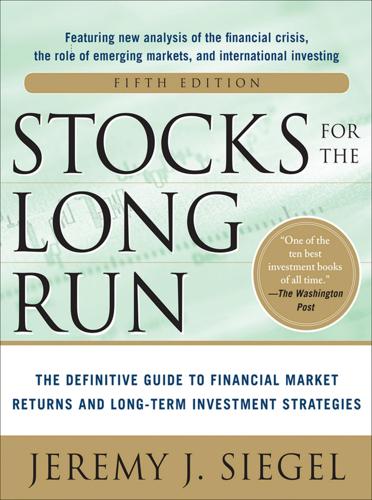
Stocks for the Long Run 5/E: the Definitive Guide to Financial Market Returns & Long-Term Investment Strategies
by Jeremy Siegel · 7 Jan 2014 · 517pp · 139,477 words
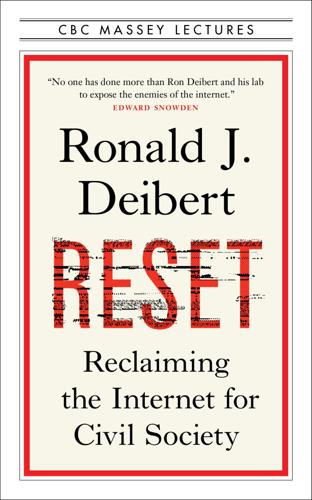
Reset
by Ronald J. Deibert · 14 Aug 2020
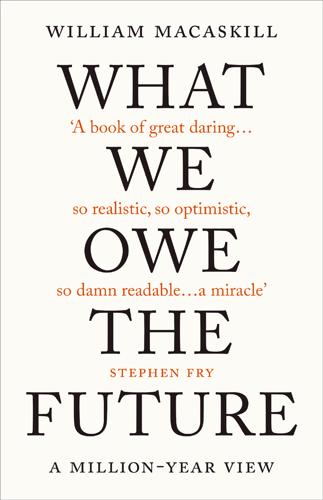
What We Owe the Future: A Million-Year View
by William MacAskill · 31 Aug 2022 · 451pp · 125,201 words
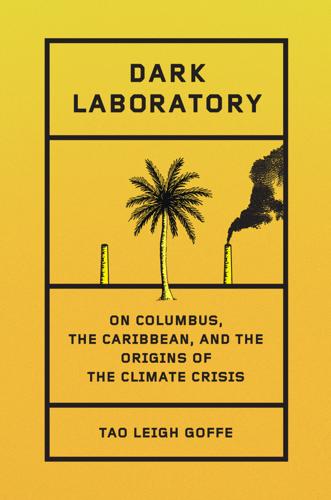
Dark Laboratory: On Columbus, the Caribbean, and the Origins of the Climate Crisis
by Tao Leigh. Goffe · 14 Mar 2025 · 441pp · 122,013 words
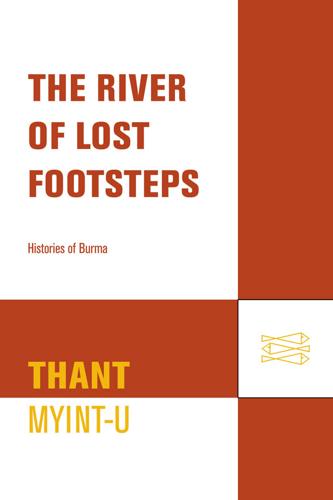
The River of Lost Footsteps
by Thant Myint-U · 14 Apr 2006
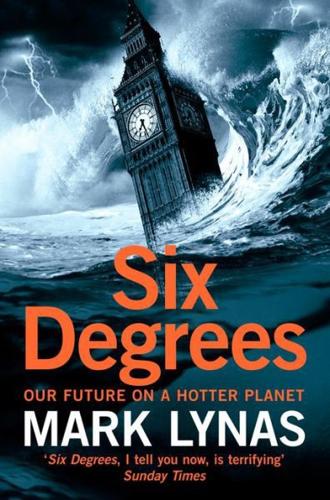
Six Degrees: Our Future on a Hotter Planet
by Mark Lynas · 1 Apr 2008 · 364pp · 101,193 words
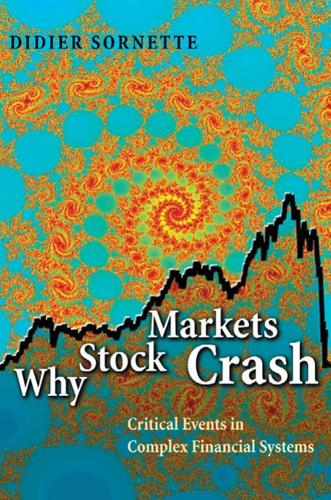
Why Stock Markets Crash: Critical Events in Complex Financial Systems
by Didier Sornette · 18 Nov 2002 · 442pp · 39,064 words
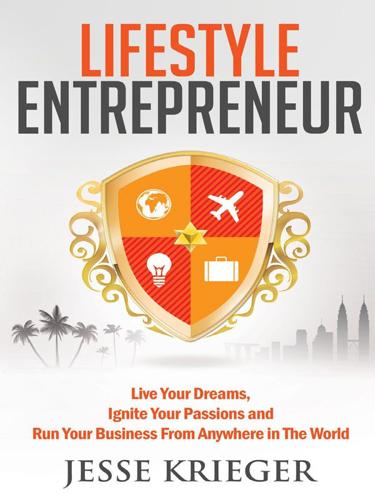
Lifestyle Entrepreneur: Live Your Dreams, Ignite Your Passions and Run Your Business From Anywhere in the World
by Jesse Krieger · 2 Jun 2014 · 189pp · 52,741 words
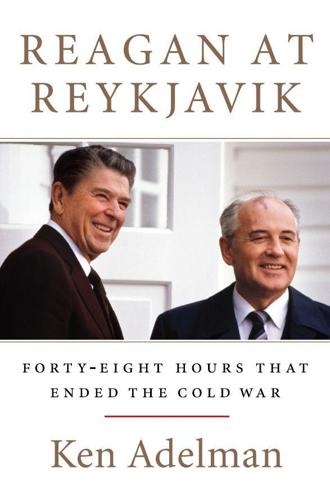
Reagan at Reykjavik: Forty-Eight Hours That Ended the Cold War
by Ken Adelman · 5 May 2014 · 372pp · 115,094 words
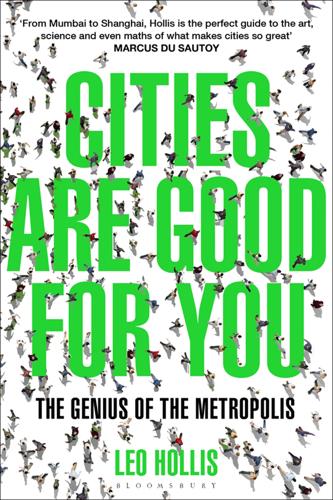
Cities Are Good for You: The Genius of the Metropolis
by Leo Hollis · 31 Mar 2013 · 385pp · 118,314 words
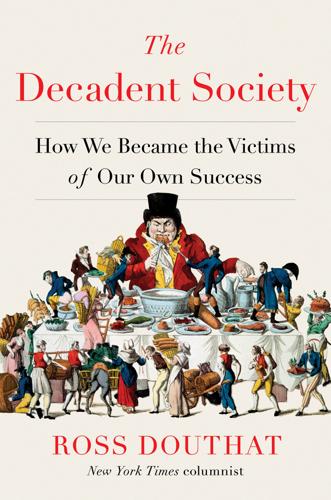
The Decadent Society: How We Became the Victims of Our Own Success
by Ross Douthat · 25 Feb 2020 · 324pp · 80,217 words
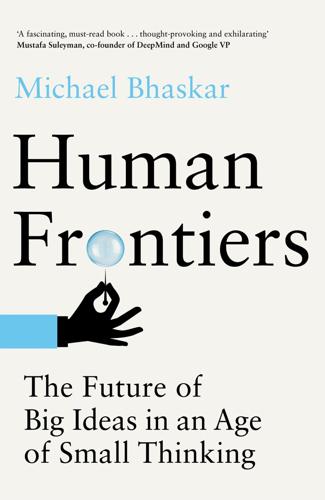
Human Frontiers: The Future of Big Ideas in an Age of Small Thinking
by Michael Bhaskar · 2 Nov 2021
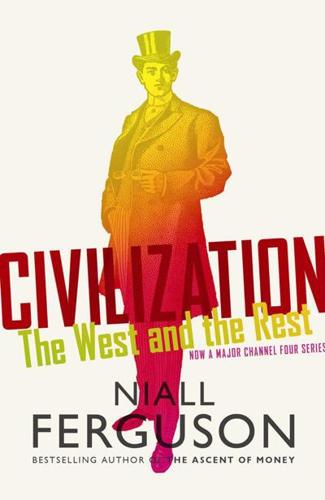
Civilization: The West and the Rest
by Niall Ferguson · 28 Feb 2011 · 790pp · 150,875 words
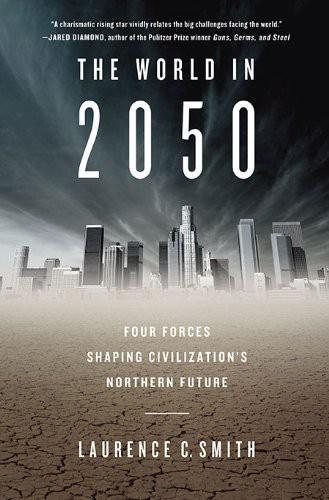
The World in 2050: Four Forces Shaping Civilization's Northern Future
by Laurence C. Smith · 22 Sep 2010 · 421pp · 120,332 words
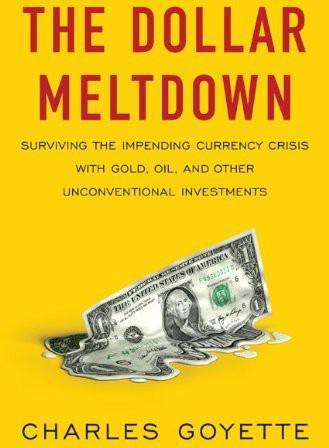
The Dollar Meltdown: Surviving the Coming Currency Crisis With Gold, Oil, and Other Unconventional Investments
by Charles Goyette · 29 Oct 2009 · 287pp · 81,970 words
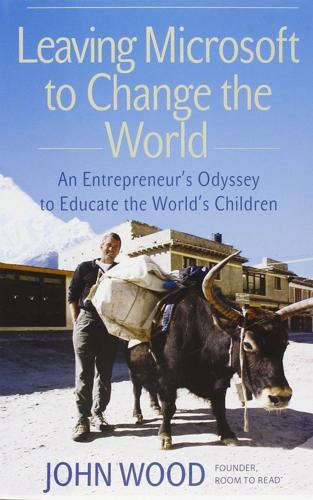
Leaving Microsoft to Change the World: An Entrepreneur's Odyssey to Educate the World's Children
by John Wood · 28 Aug 2006 · 310pp · 91,151 words

Hit Refresh: The Quest to Rediscover Microsoft's Soul and Imagine a Better Future for Everyone
by Satya Nadella, Greg Shaw and Jill Tracie Nichols · 25 Sep 2017 · 391pp · 71,600 words
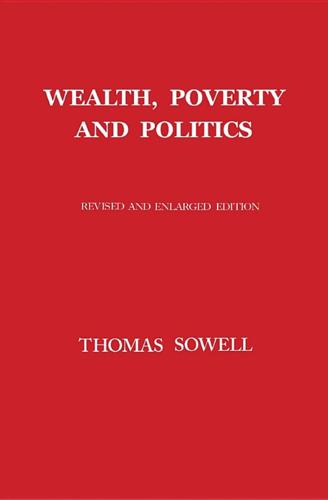
Wealth, Poverty and Politics
by Thomas Sowell · 31 Aug 2015 · 877pp · 182,093 words
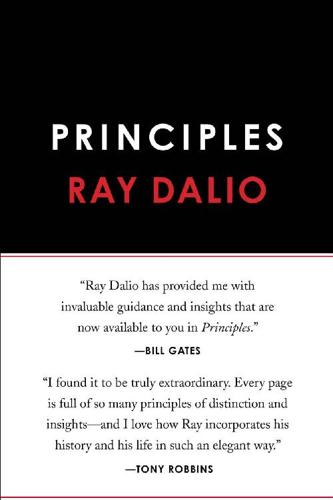
Principles: Life and Work
by Ray Dalio · 18 Sep 2017 · 516pp · 157,437 words
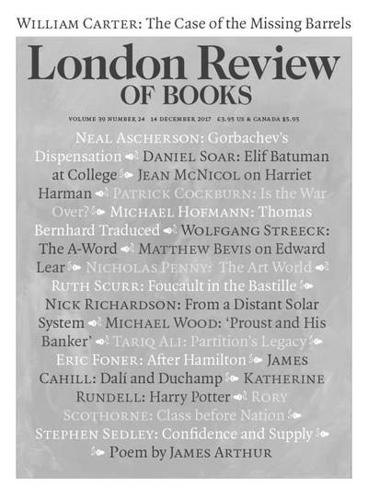
London Review of Books
by London Review of Books · 14 Dec 2017 · 174pp · 58,894 words
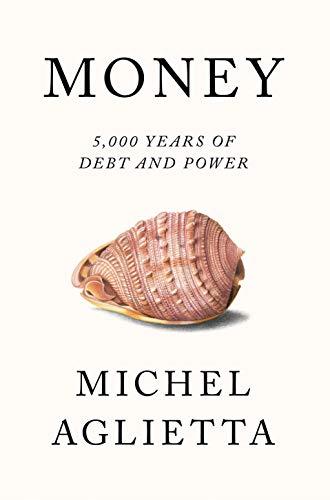
Money: 5,000 Years of Debt and Power
by Michel Aglietta · 23 Oct 2018 · 665pp · 146,542 words
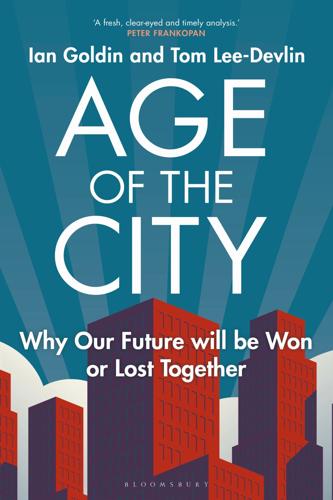
Age of the City: Why Our Future Will Be Won or Lost Together
by Ian Goldin and Tom Lee-Devlin · 21 Jun 2023 · 248pp · 73,689 words
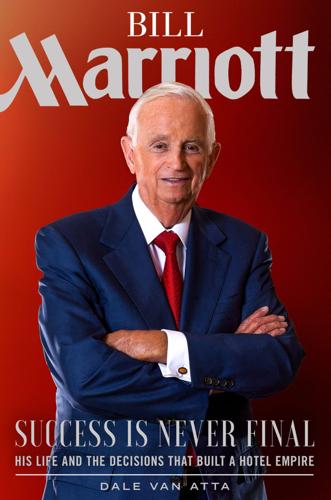
Bill Marriott: Success Is Never Final--His Life and the Decisions That Built a Hotel Empire
by Dale van Atta · 14 Aug 2019 · 520pp · 164,834 words
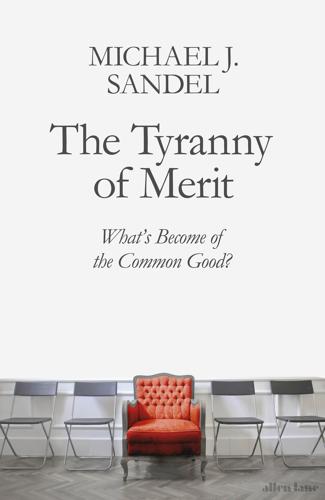
The Tyranny of Merit: What’s Become of the Common Good?
by Michael J. Sandel · 9 Sep 2020 · 493pp · 98,982 words
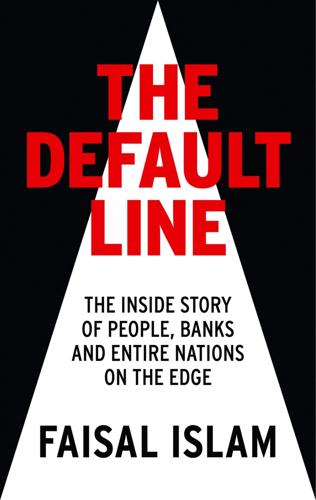
The Default Line: The Inside Story of People, Banks and Entire Nations on the Edge
by Faisal Islam · 28 Aug 2013 · 475pp · 155,554 words
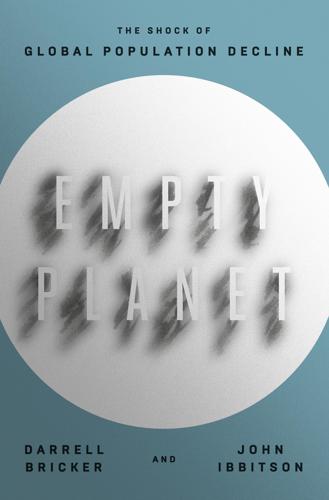
Empty Planet: The Shock of Global Population Decline
by Darrell Bricker and John Ibbitson · 5 Feb 2019 · 280pp · 83,299 words
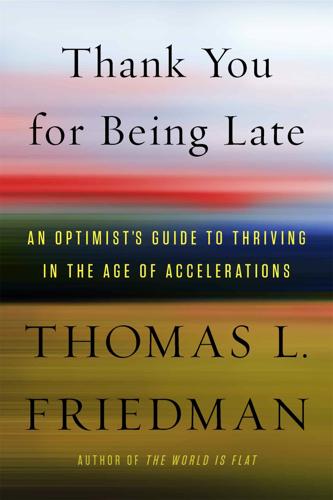
Thank You for Being Late: An Optimist's Guide to Thriving in the Age of Accelerations
by Thomas L. Friedman · 22 Nov 2016 · 602pp · 177,874 words
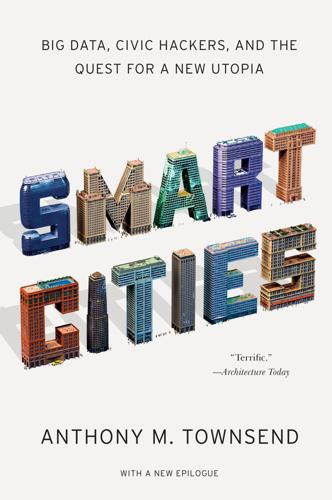
Smart Cities: Big Data, Civic Hackers, and the Quest for a New Utopia
by Anthony M. Townsend · 29 Sep 2013 · 464pp · 127,283 words
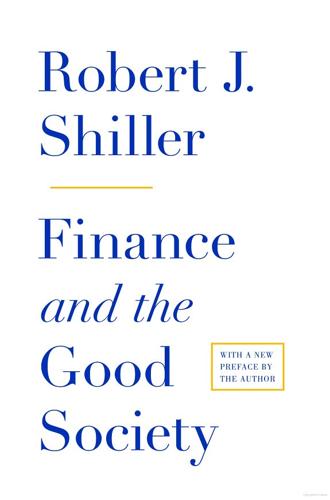
Finance and the Good Society
by Robert J. Shiller · 1 Jan 2012 · 288pp · 16,556 words
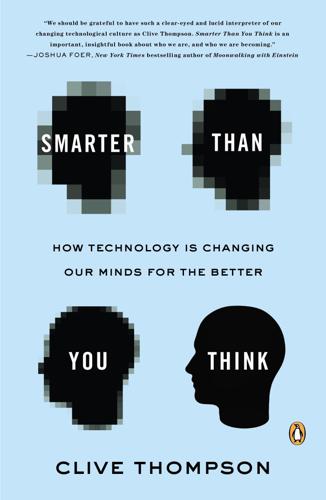
Smarter Than You Think: How Technology Is Changing Our Minds for the Better
by Clive Thompson · 11 Sep 2013 · 397pp · 110,130 words
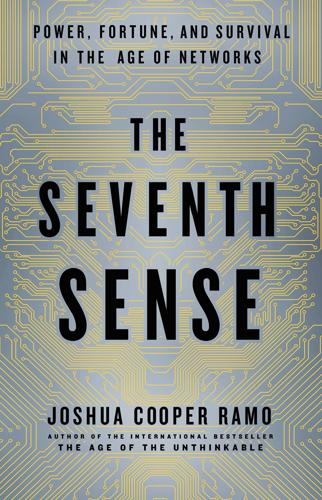
The Seventh Sense: Power, Fortune, and Survival in the Age of Networks
by Joshua Cooper Ramo · 16 May 2016 · 326pp · 103,170 words
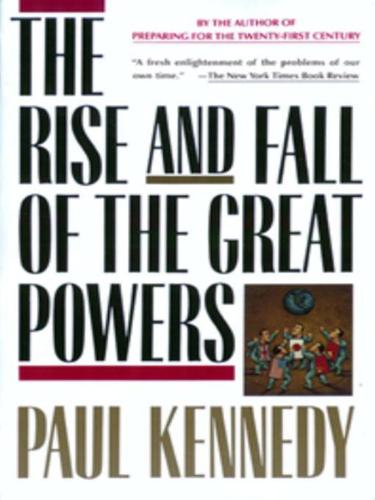
The Rise and Fall of the Great Powers: Economic Change and Military Conflict From 1500 to 2000
by Paul Kennedy · 15 Jan 1989 · 1,477pp · 311,310 words
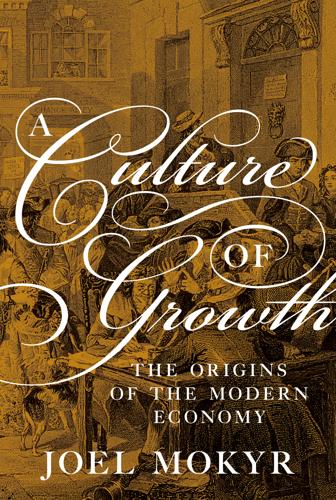
A Culture of Growth: The Origins of the Modern Economy
by Joel Mokyr · 8 Jan 2016 · 687pp · 189,243 words
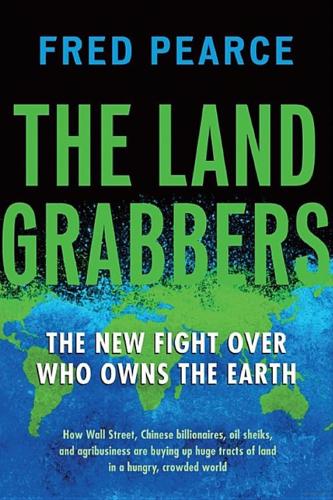
The Land Grabbers: The New Fight Over Who Owns the Earth
by Fred Pearce · 28 May 2012 · 379pp · 114,807 words
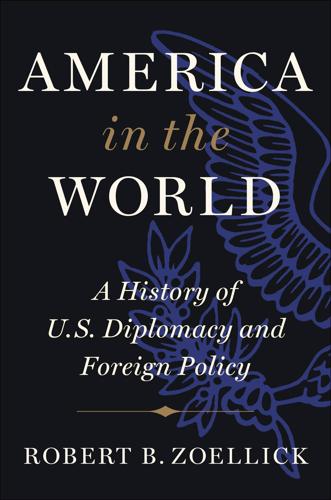
America in the World: A History of U.S. Diplomacy and Foreign Policy
by Robert B. Zoellick · 3 Aug 2020
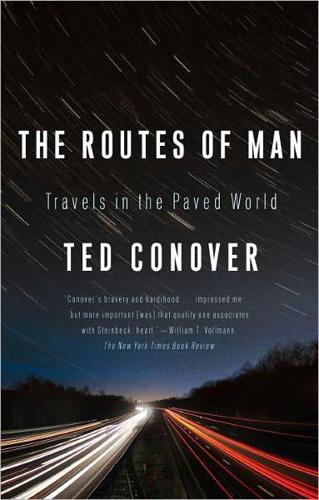
The Routes of Man: How Roads Are Changing the World and the Way We Live Today
by Ted Conover · 15 Jan 2010 · 366pp · 123,151 words
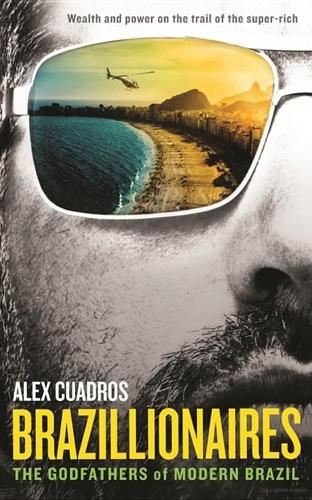
Brazillionaires: The Godfathers of Modern Brazil
by Alex Cuadros · 1 Jun 2016 · 433pp · 125,031 words
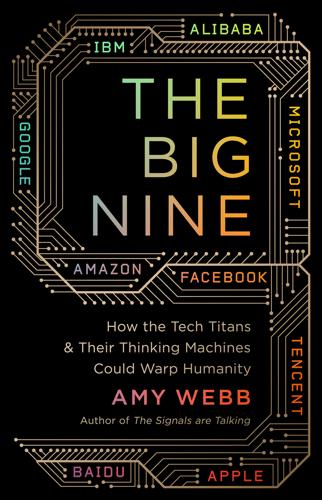
The Big Nine: How the Tech Titans and Their Thinking Machines Could Warp Humanity
by Amy Webb · 5 Mar 2019 · 340pp · 97,723 words
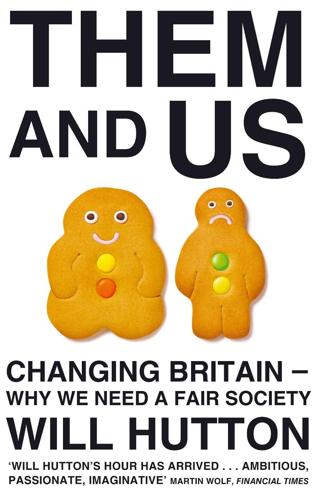
Them And Us: Politics, Greed And Inequality - Why We Need A Fair Society
by Will Hutton · 30 Sep 2010 · 543pp · 147,357 words
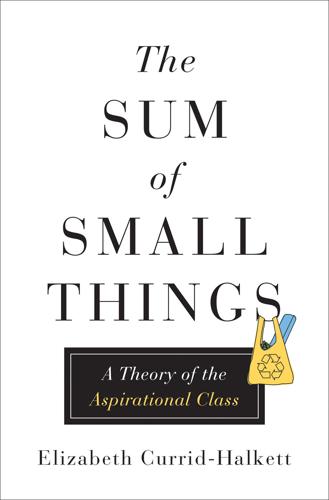
The Sum of Small Things: A Theory of the Aspirational Class
by Elizabeth Currid-Halkett · 14 May 2017 · 550pp · 89,316 words
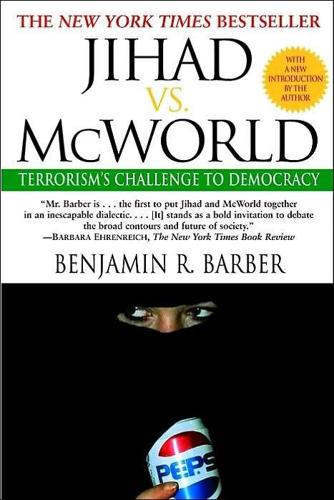
Jihad vs. McWorld: Terrorism's Challenge to Democracy
by Benjamin Barber · 20 Apr 2010 · 454pp · 139,350 words
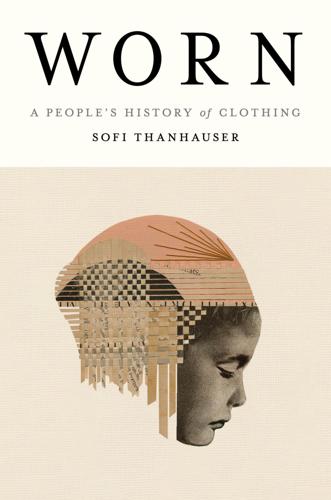
Worn: A People's History of Clothing
by Sofi Thanhauser · 25 Jan 2022 · 592pp · 133,460 words
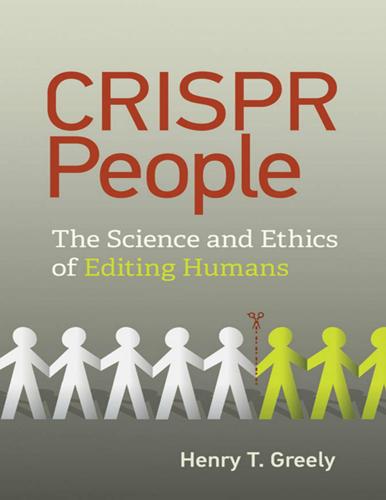
CRISPR People: The Science and Ethics of Editing Humans
by Henry T. Greely · 22 Jan 2021
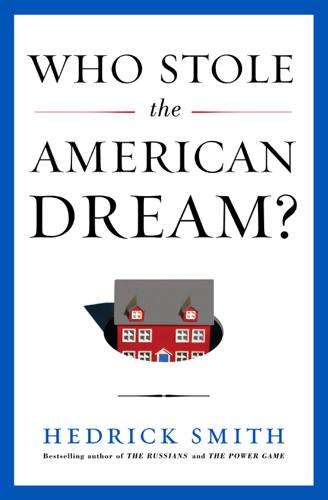
Who Stole the American Dream?
by Hedrick Smith · 10 Sep 2012 · 598pp · 172,137 words
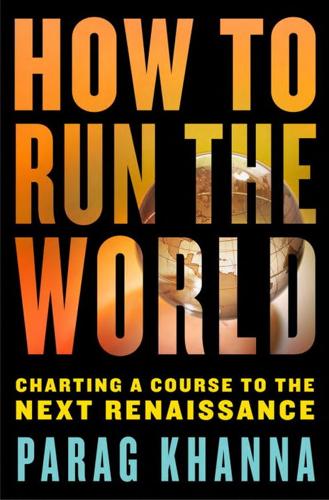
How to Run the World: Charting a Course to the Next Renaissance
by Parag Khanna · 11 Jan 2011 · 251pp · 76,868 words
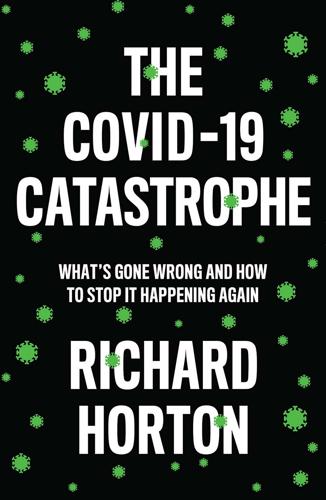
The COVID-19 Catastrophe: What's Gone Wrong and How to Stop It Happening Again
by Richard Horton · 31 May 2020 · 106pp · 33,210 words
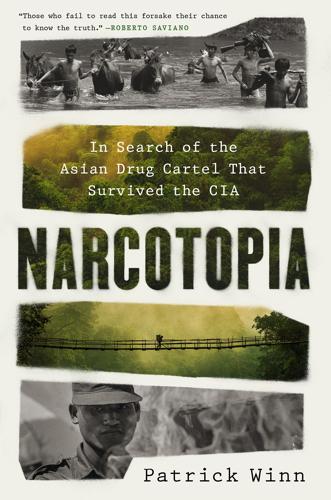
Narcotopia
by Patrick Winn · 30 Jan 2024 · 425pp · 131,864 words

Roller-Coaster: Europe, 1950-2017
by Ian Kershaw · 29 Aug 2018 · 736pp · 233,366 words
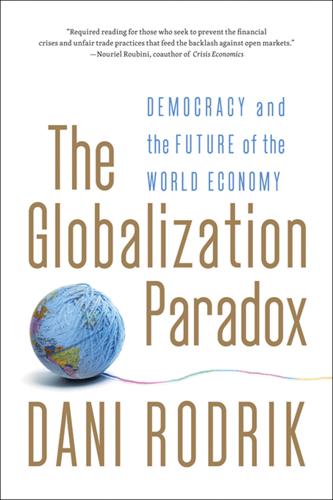
The Globalization Paradox: Democracy and the Future of the World Economy
by Dani Rodrik · 23 Dec 2010 · 356pp · 103,944 words
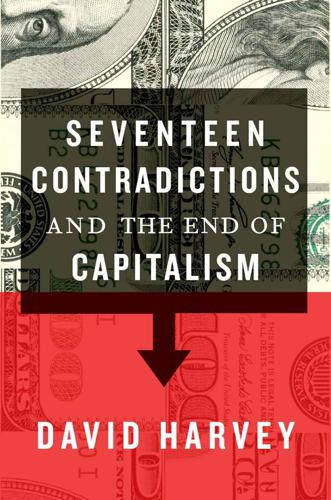
Seventeen Contradictions and the End of Capitalism
by David Harvey · 3 Apr 2014 · 464pp · 116,945 words
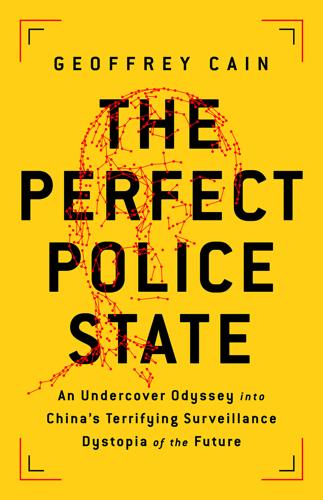
The Perfect Police State: An Undercover Odyssey Into China's Terrifying Surveillance Dystopia of the Future
by Geoffrey Cain · 28 Jun 2021 · 340pp · 90,674 words
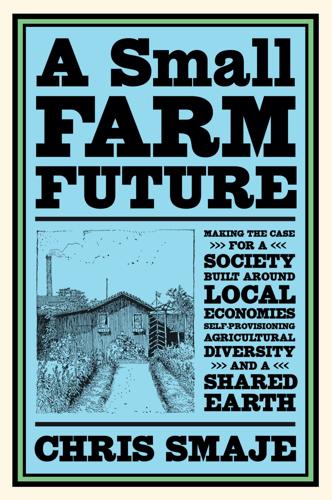
A Small Farm Future: Making the Case for a Society Built Around Local Economies, Self-Provisioning, Agricultural Diversity and a Shared Earth
by Chris Smaje · 14 Aug 2020 · 375pp · 105,586 words
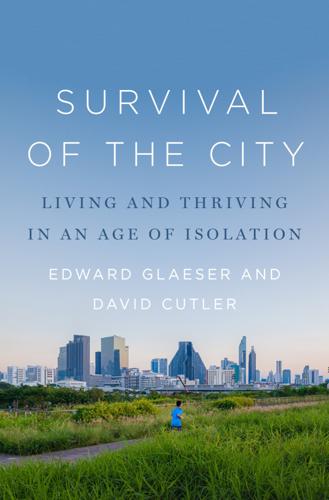
The Survival of the City: Human Flourishing in an Age of Isolation
by Edward Glaeser and David Cutler · 14 Sep 2021 · 735pp · 165,375 words
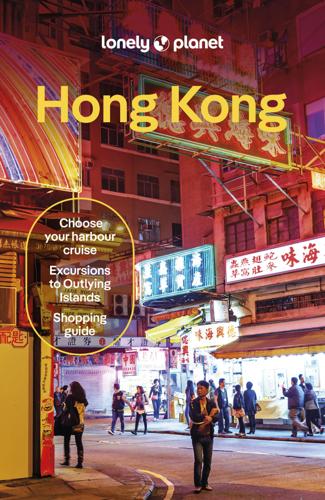
Lonely Planet Hong Kong
by Lonely Planet
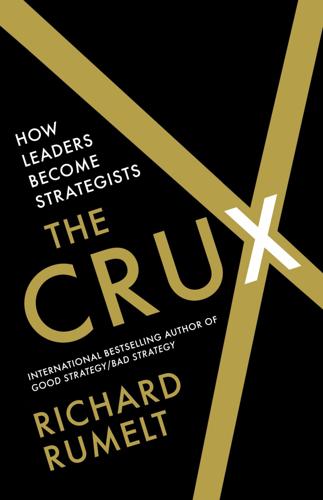
The Crux
by Richard Rumelt · 27 Apr 2022 · 363pp · 109,834 words
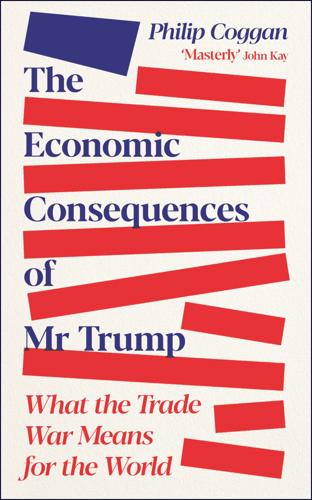
The Economic Consequences of Mr Trump: What the Trade War Means for the World
by Philip Coggan · 1 Jul 2025 · 96pp · 36,083 words
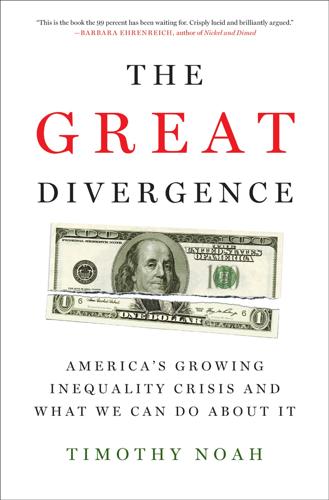
The Great Divergence: America's Growing Inequality Crisis and What We Can Do About It
by Timothy Noah · 23 Apr 2012 · 309pp · 91,581 words
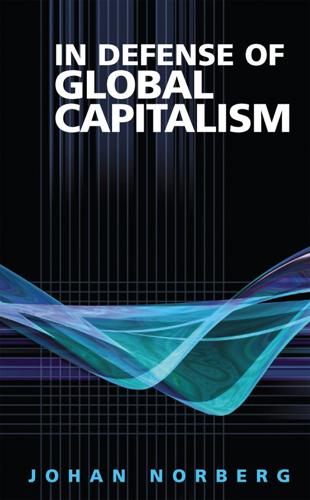
In Defense of Global Capitalism
by Johan Norberg · 1 Jan 2001 · 233pp · 75,712 words
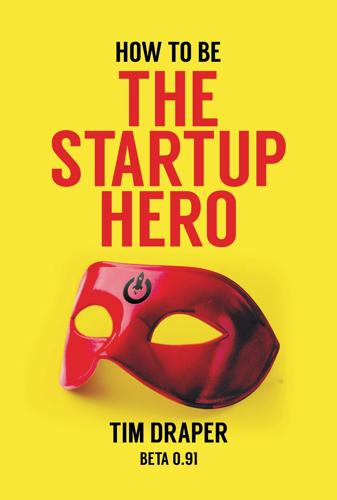
How to Be the Startup Hero: A Guide and Textbook for Entrepreneurs and Aspiring Entrepreneurs
by Tim Draper · 18 Dec 2017 · 302pp · 95,965 words
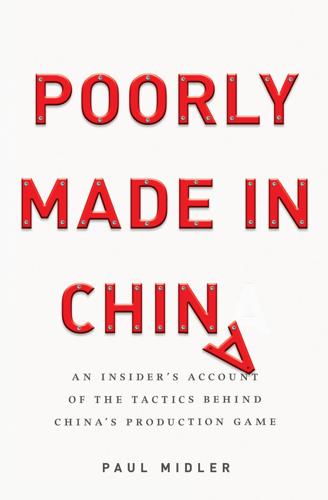
Poorly Made in China: An Insider's Account of the Tactics Behind China's Production Game
by Paul Midler · 18 Mar 2009 · 254pp · 14,795 words
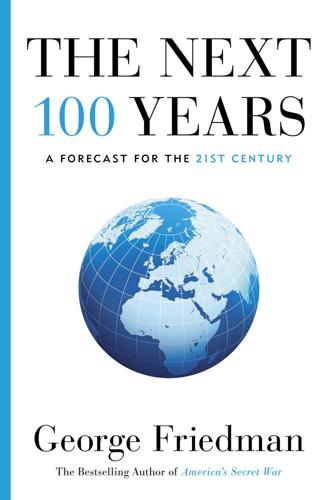
The Next 100 Years: A Forecast for the 21st Century
by George Friedman · 30 Jul 2008 · 278pp · 88,711 words
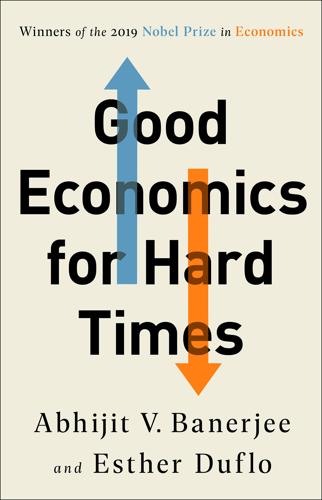
Good Economics for Hard Times: Better Answers to Our Biggest Problems
by Abhijit V. Banerjee and Esther Duflo · 12 Nov 2019 · 470pp · 148,730 words
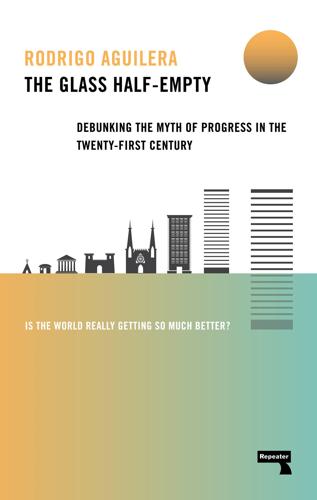
The Glass Half-Empty: Debunking the Myth of Progress in the Twenty-First Century
by Rodrigo Aguilera · 10 Mar 2020 · 356pp · 106,161 words
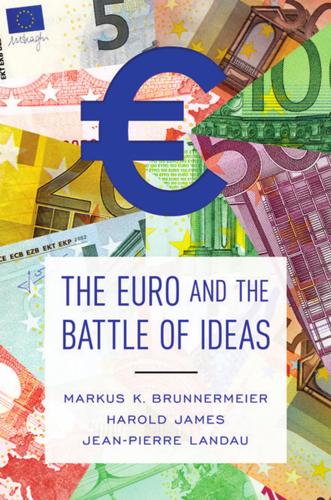
The Euro and the Battle of Ideas
by Markus K. Brunnermeier, Harold James and Jean-Pierre Landau · 3 Aug 2016 · 586pp · 160,321 words
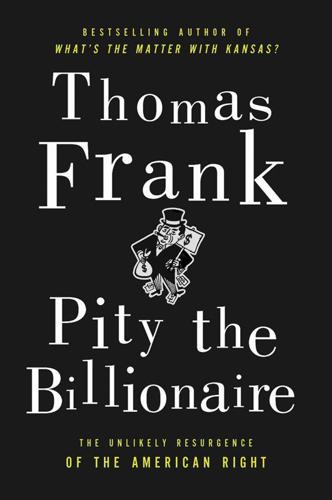
Pity the Billionaire: The Unexpected Resurgence of the American Right
by Thomas Frank · 16 Aug 2011 · 261pp · 64,977 words
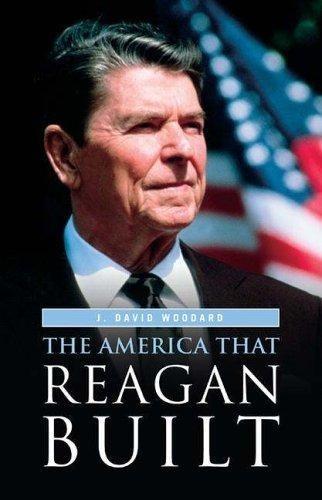
The America That Reagan Built
by J. David Woodard · 15 Mar 2006
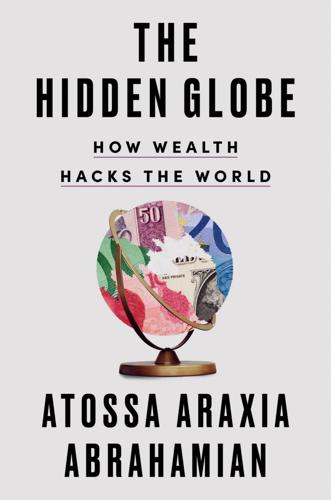
The Hidden Globe: How Wealth Hacks the World
by Atossa Araxia Abrahamian · 7 Oct 2024 · 336pp · 104,899 words
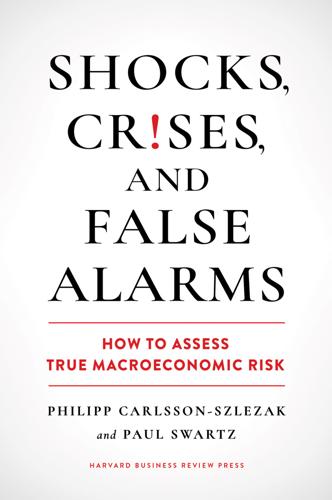
Shocks, Crises, and False Alarms: How to Assess True Macroeconomic Risk
by Philipp Carlsson-Szlezak and Paul Swartz · 8 Jul 2024 · 259pp · 89,637 words
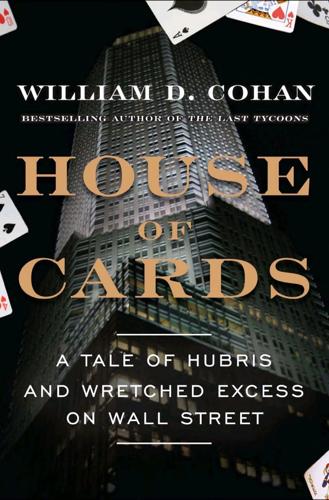
House of Cards: A Tale of Hubris and Wretched Excess on Wall Street
by William D. Cohan · 15 Nov 2009 · 620pp · 214,639 words
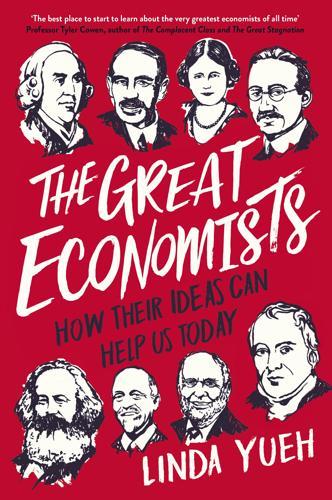
The Great Economists: How Their Ideas Can Help Us Today
by Linda Yueh · 15 Mar 2018 · 374pp · 113,126 words
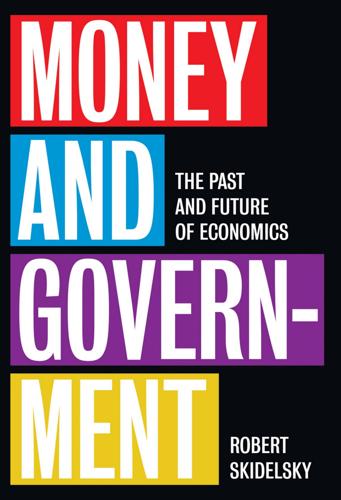
Money and Government: The Past and Future of Economics
by Robert Skidelsky · 13 Nov 2018
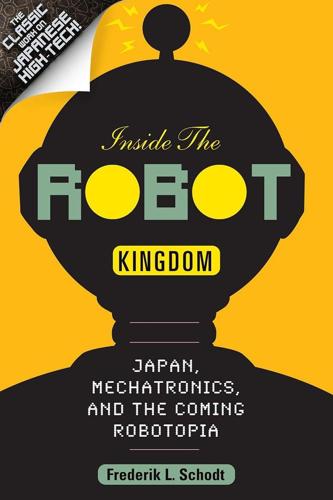
Inside the Robot Kingdom: Japan, Mechatronics and the Coming Robotopia
by Frederik L. Schodt · 31 Mar 1988 · 361pp · 83,886 words
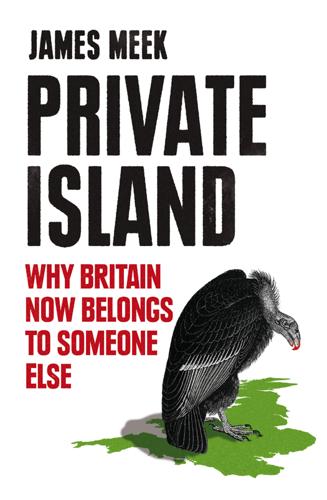
Private Island: Why Britain Now Belongs to Someone Else
by James Meek · 18 Aug 2014 · 232pp · 77,956 words
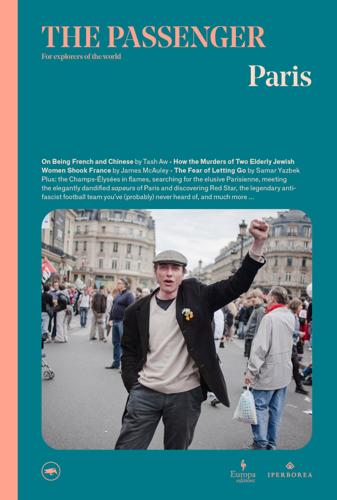
The Passenger: Paris
by AA.VV. · 26 Jun 2021 · 199pp · 62,204 words
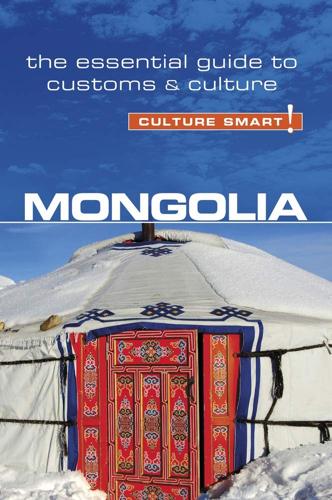
Mongolia - Culture Smart!: The Essential Guide to Customs & Culture
by Alan Sanders · 1 Feb 2016 · 122pp · 37,785 words
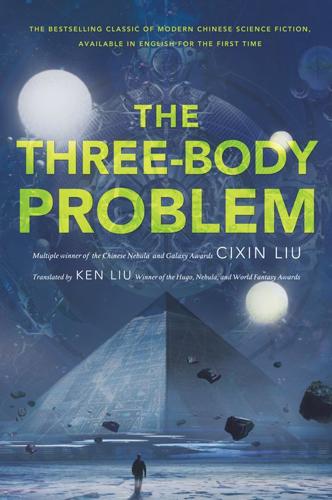
The Three-Body Problem (Remembrance of Earth's Past)
by Cixin Liu · 11 Nov 2014 · 420pp · 119,928 words
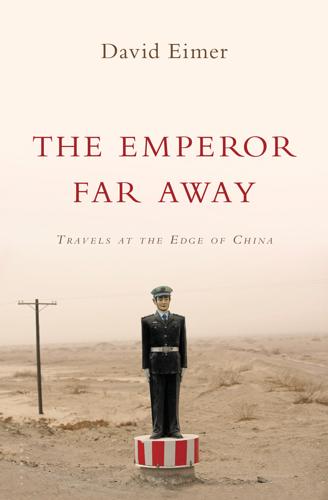
The Emperor Far Away: Travels at the Edge of China
by David Eimer · 13 Aug 2014 · 316pp · 103,743 words
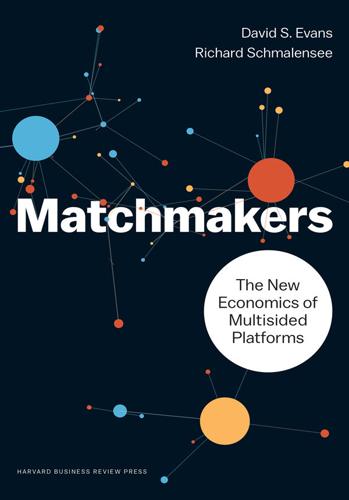
Matchmakers: The New Economics of Multisided Platforms
by David S. Evans and Richard Schmalensee · 23 May 2016 · 383pp · 81,118 words
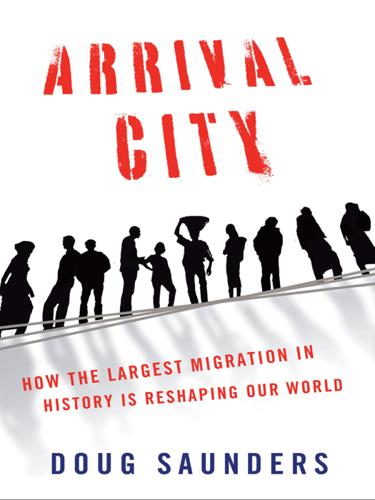
Arrival City
by Doug Saunders · 22 Mar 2011 · 366pp · 117,875 words
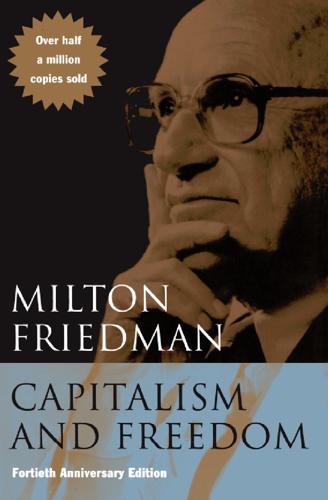
Capitalism and Freedom
by Milton Friedman · 1 Jan 1962 · 275pp · 77,955 words
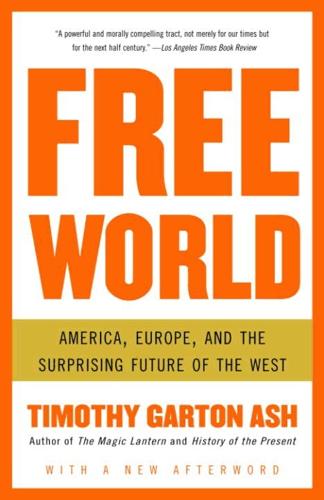
Free World: America, Europe, and the Surprising Future of the West
by Timothy Garton Ash · 30 Jun 2004 · 329pp · 102,469 words
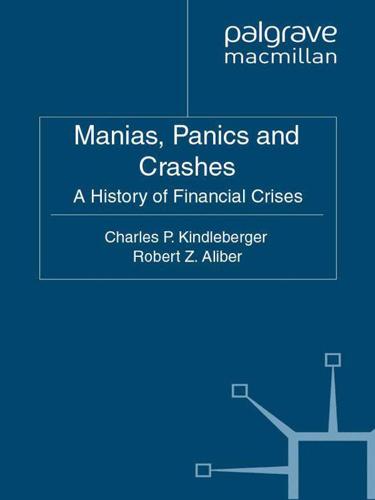
Manias, Panics and Crashes: A History of Financial Crises, Sixth Edition
by Kindleberger, Charles P. and Robert Z., Aliber · 9 Aug 2011
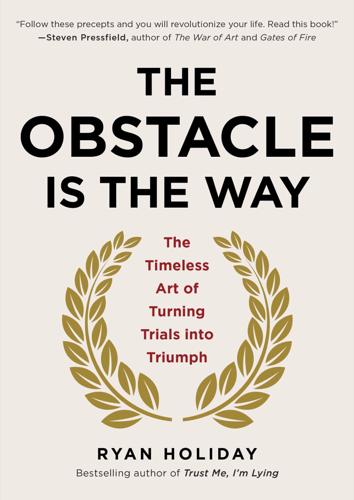
The Obstacle Is the Way: The Timeless Art of Turning Trials Into Triumph
by Ryan Holiday · 30 Apr 2014 · 165pp · 46,133 words
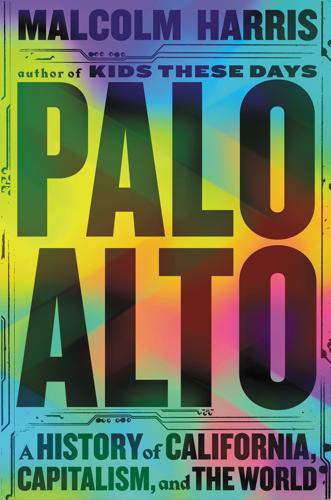
Palo Alto: A History of California, Capitalism, and the World
by Malcolm Harris · 14 Feb 2023 · 864pp · 272,918 words
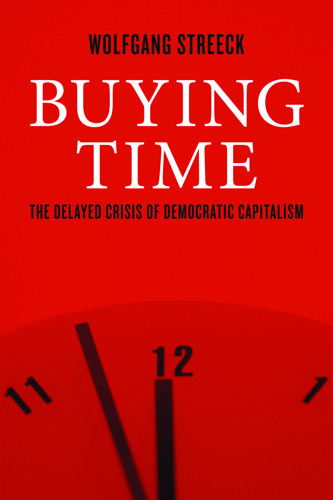
Buying Time: The Delayed Crisis of Democratic Capitalism
by Wolfgang Streeck · 1 Jan 2013 · 353pp · 81,436 words
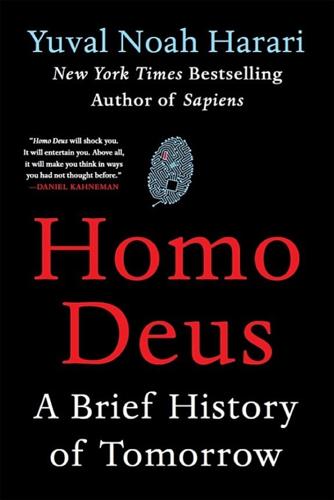
Homo Deus: A Brief History of Tomorrow
by Yuval Noah Harari · 1 Mar 2015 · 479pp · 144,453 words
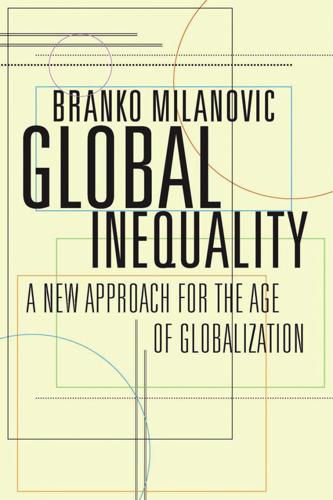
Global Inequality: A New Approach for the Age of Globalization
by Branko Milanovic · 10 Apr 2016 · 312pp · 91,835 words
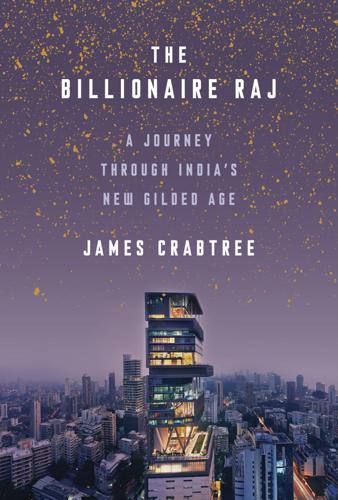
The Billionaire Raj: A Journey Through India's New Gilded Age
by James Crabtree · 2 Jul 2018 · 442pp · 130,526 words
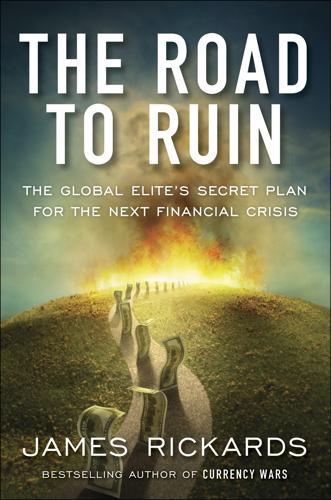
The Road to Ruin: The Global Elites' Secret Plan for the Next Financial Crisis
by James Rickards · 15 Nov 2016 · 354pp · 105,322 words
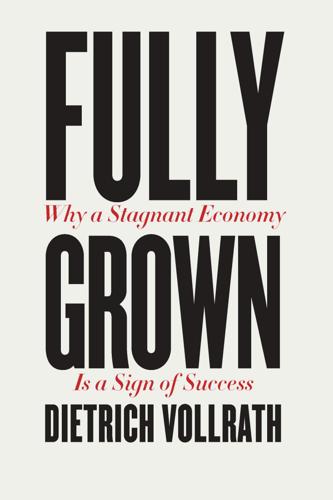
Fully Grown: Why a Stagnant Economy Is a Sign of Success
by Dietrich Vollrath · 6 Jan 2020 · 295pp · 90,821 words
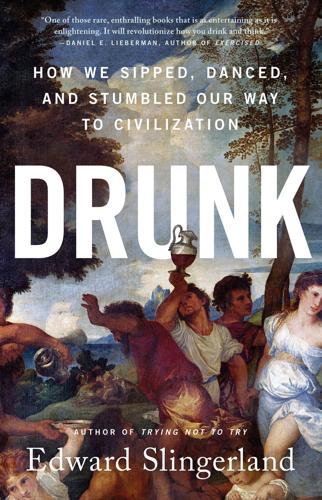
Drunk: How We Sipped, Danced, and Stumbled Our Way to Civilization
by Edward Slingerland · 31 May 2021

Greater: Britain After the Storm
by Penny Mordaunt and Chris Lewis · 19 May 2021 · 516pp · 116,875 words
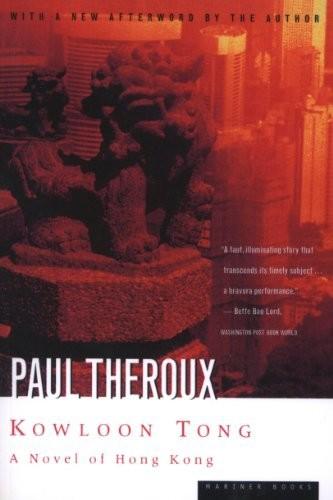
Kowloon Tong
by Paul Theroux · 224pp · 63,405 words
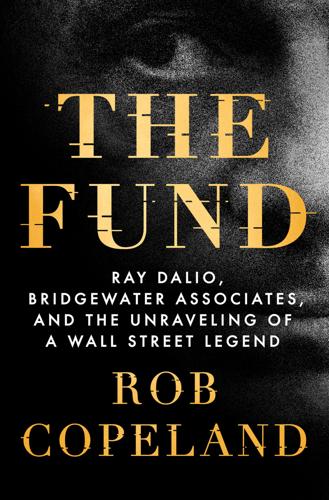
The Fund: Ray Dalio, Bridgewater Associates, and the Unraveling of a Wall Street Legend
by Rob Copeland · 7 Nov 2023 · 412pp · 122,655 words
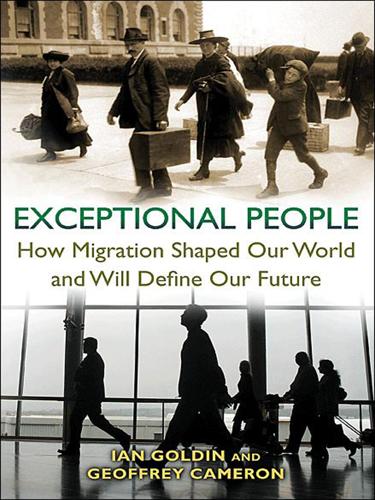
Exceptional People: How Migration Shaped Our World and Will Define Our Future
by Ian Goldin, Geoffrey Cameron and Meera Balarajan · 20 Dec 2010 · 482pp · 117,962 words
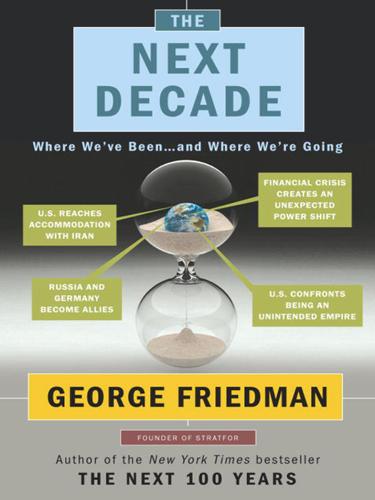
The Next Decade: Where We've Been . . . And Where We're Going
by George Friedman · 25 Jan 2011 · 249pp · 79,740 words
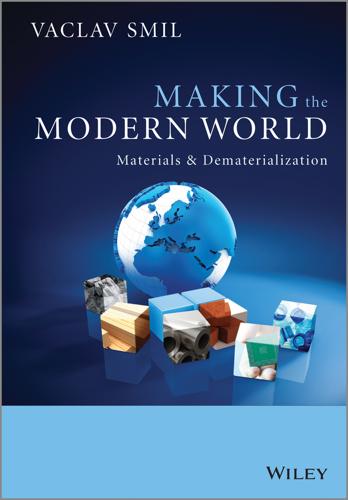
Making the Modern World: Materials and Dematerialization
by Vaclav Smil · 16 Dec 2013 · 396pp · 117,897 words
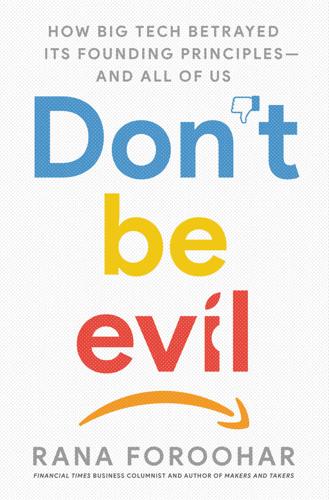
Don't Be Evil: How Big Tech Betrayed Its Founding Principles--And All of US
by Rana Foroohar · 5 Nov 2019 · 380pp · 109,724 words
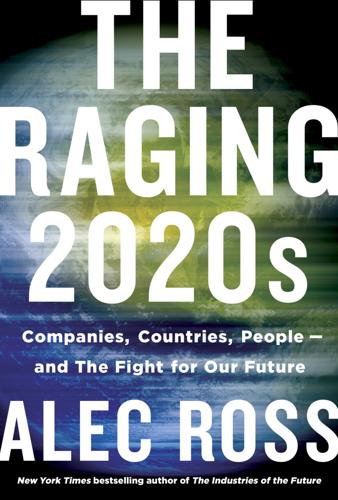
The Raging 2020s: Companies, Countries, People - and the Fight for Our Future
by Alec Ross · 13 Sep 2021 · 363pp · 109,077 words
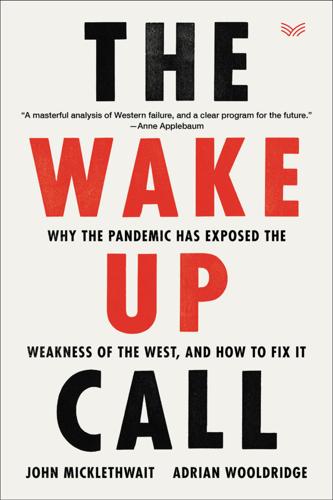
The Wake-Up Call: Why the Pandemic Has Exposed the Weakness of the West, and How to Fix It
by John Micklethwait and Adrian Wooldridge · 1 Sep 2020 · 134pp · 41,085 words
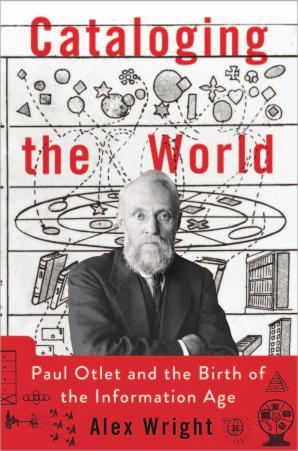
Cataloging the World: Paul Otlet and the Birth of the Information Age
by Alex Wright · 6 Jun 2014
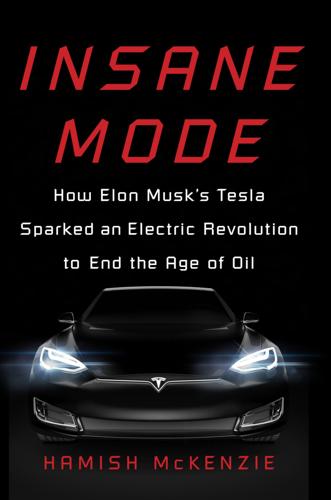
Insane Mode: How Elon Musk's Tesla Sparked an Electric Revolution to End the Age of Oil
by Hamish McKenzie · 30 Sep 2017 · 307pp · 90,634 words
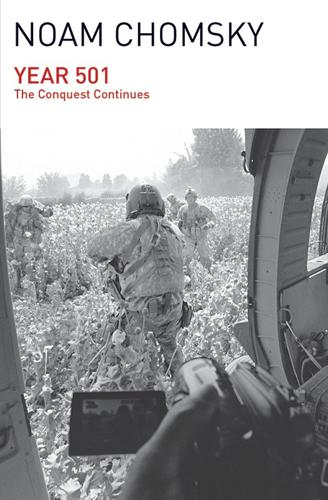
Year 501
by Noam Chomsky · 19 Jan 2016
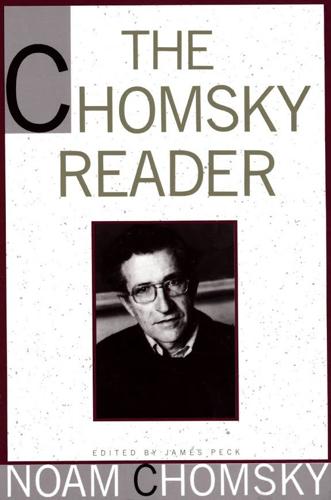
The Chomsky Reader
by Noam Chomsky · 11 Sep 1987
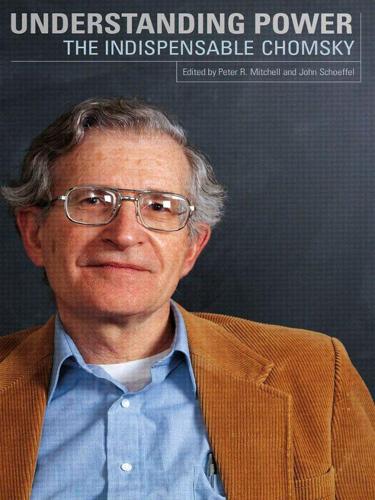
Understanding Power
by Noam Chomsky · 26 Jul 2010
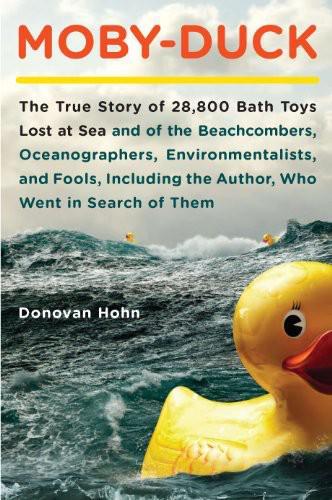
Moby-Duck: The True Story of 28,800 Bath Toys Lost at Sea and of the Beachcombers, Oceanographers, Environmentalists, and Fools, Including the Author, Who Went in Search of Them
by Donovan Hohn · 1 Jan 2010 · 473pp · 154,182 words
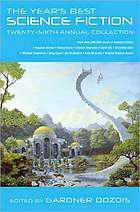
The Year's Best Science Fiction: Twenty-Sixth Annual Collection
by Gardner Dozois · 23 Jun 2009 · 1,263pp · 371,402 words
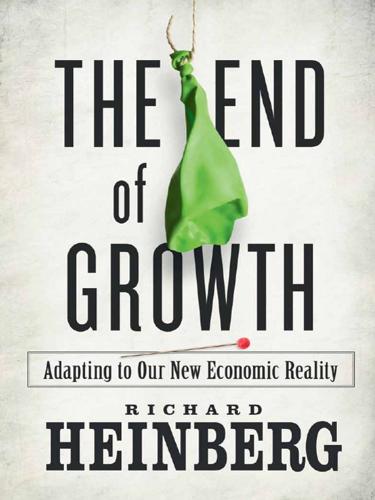
The End of Growth: Adapting to Our New Economic Reality
by Richard Heinberg · 1 Jun 2011 · 372pp · 107,587 words
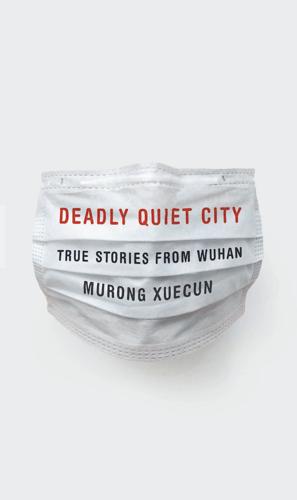
Deadly Quiet City: True Stories From Wuhan
by Murong Xuecun · 7 Mar 2023 · 236pp · 73,008 words